_stringfigures@rhizome.hfbk.net's Public Feed: Versuch Während meines Studiu...
Versuch
Während meines Studiums machten wir mal einen Klassenausflug in eine Ausstellung in Hamburg. Nach der Ausstellung wollten wir uns alle voneinander verabschieden, doch kurz bevor es dazu kam muss ich etwas gesagt haben, was meine Kommilitonin sehr getroffen hat. Ich weiß nicht mehr, was ich sagte, aber es hatte damit zu tun, dass ich meine Meinung kund tat. Es ging in die Richtung, dass Akademikerkinder und „rich kids“ wie man in meinen diffusen Kreisen zu sagen pflegte, es deutlich einfacher haben als Arbeiterkinder. Ich sagte das wahrscheinlich in der naiven Grundannahme, ich umgebe mich nur mit sogenannten Arbeiterkindern, die es ebenso „schwer“ haben wie ich. Sie war verdammt sauer und konfrontierte mich damit, dass sie es auch nicht so leicht hatte, nur weil ihr Vater Professor war. Ich war durcheinander, wollte ihr gar nicht weh tun, wollte eigentlich gar nichts laut sagen, was irgendwen verletzt. Passiert mir trotzdem ständig. So standen wir voreinander. Ich konnte irgendwie nicht nachgeben und sagen: ach so schlimm ist es nicht. Es gibt diese gläserne Wand nicht. Alle gleich. Sie konnte auch nicht sagen: hey stimmt, ich kann immer nach Kohle fragen, meine Eltern haben mir bei meinen Hausaufgaben geholfen und wir waren manchmal im Theater. Wir sind nicht einen Schritt aufeinander zu gegangen. Standen voreinander. Ich war den Tränen nahe und irgendwas stand da noch zwischen uns. Ich weiß es bis heute nicht. Ich habe ihr eine Mail geschrieben, dass ich ihr nicht weh tun wollte. Sie schrieb „Ja, ach schon ok.“ Wir sind bis heute nett zueinander. Wir können uns sehen, uns freuen und sagen, hey schön dich zu sehen und ich meine es auch, aber ein echter Dialog kommt nicht zustande.
Wir hätten es auch in einem ruhigen Gespräch miteinander erörtern können. Wir hätten uns zuhören können und hätten dann Privilegien und Biografisches erkannt und formuliert, hätten es differenziert und subjektiv ausklingen lassen. Ging nicht. War nicht so. Immer wieder fällt mir unser Gespräch ein.
Die Künstlerin Nina Wiesnagrotzki erstellte 2011 eine Arbeit indem sie 100 Umfragebögen an der Hochschule für Bildende Künste Hamburg verteilte. Sie stellte grundlegende Fragen über den sozialen Hintergrund. Diese Daten wertete sie mit den Softwareprogrammen Power Point und Excel aus. Die Ergebnisse wurden in Diagrammen vor Sonnenuntergangslandschaften präsentiert, in Bilderrahmen aus Haushalten von Lehrern und Ärzten. Die meisten Künstler*innen hatten studierte, verheiratete Eltern mit einem Durchschnittseinkommen von 2500€ pro Person. Ich mochte die Arbeit, sie ist charmant und reflektiert gewesen.
Gestern schaute ich 3/4 des Films „I, Tonya“, eine Filmbiografie über die ehemalige Eiskunstläuferin Tonya Harding, die aus schwierigen Verhältnissen kam, wie man zu sagen pflegt. Abgesehen davon, dass die Story spannend ist, mag ich die Szenen sehr, in denen Tonya sich nach den Wettbewerben an die Jury wendet. Sie fragt nach, was sie falsch gemacht habe. Sie wäre doch ebenso gut wie die Konkurrenz. Später läuft sie einem Juror bis ins Parkhaus nach und fragt ihn: hey, was fehlt mir? Er antwortet ihr, dass es nicht ums Schlittschuhlaufen gehe. Es ginge um ihre Vorbildfunktion für die amerkanische Gesellschaft, sie brauche Eleganz, eine intakte Familie. M und ich sahen uns an und dachten das gleiche, nichts Neues, aber für uns immer wieder sichtbar: es ist überall so. Du musst den Code kennen, du musst das nötige Umfeld mitbringen, du musst deiner Selbst bewusst sein, du musst eine Show machen. Wow. Das gilt für die Architektur ebenso wie für die Kunstszene, etc. pp. Und wenn du nicht weißt wie es geht, wie man sich auf einer Vernissage verhält, wie man sich unterhält, wie man sich sophisticated gibt und wie du dein Umfeld einnimmst, dann ist das eigentliche Interesse, das eigentliche Sujet nicht relevant. Aber es ist ja nie nur das eigentliche Sujet. Es ist immer ein Netz.
„Das Ende von Eddy“ beschreibt autobiografisch die Kindheit und Jugendjahre des Autoren Éduard Louis. Geboren ist er 1992 in Frankreich als Eddy Bellegueule. Schon früh entdeckt er seine Homosexualität - doch auch seine Familie und sein Umfeld entdecken es. Er wird verspottet, geschlagen und missbraucht und schreibt darüber in seinem Roman.
Mohamed Amjahid schreibt in „Unter Weißen“ darüber, was es heißt, privilegiert zu sein. Ich bin privilegierter als viele andere unserer Gesellschaft, studiert, weiß und so. Aber dennoch spüre ich sehr genau, wenn andere noch weiter oben stehen in der Privilegiertenpyramide. Überall gibt es Anregungen zu diesem Thema, dann spüre ich, wie wütend ich bin, aber dann doch Hemmungen, Scham, Fragen
1.) ich will nicht über meine Familie sprechen.
1a) ich will alles erzählen.
2.) darf ich das?
3.) ich schäme mich.
4.) ist doch gar nicht so schlimm.
5.) Wir waren doch immer im Urlaub und so.
6.) Ich will kein Mitleid.
7.) Ich will eine Stimme.
8.) Wer hat eine Stimme verdient?
Und dann frage ich mich, ob es besser gewesen wäre, wenn die Dinge anders lägen. Ob es ein „besser als“ geben kann. Ob ich mir eine gerechtere Gesellschaft vorstellen kann. Ja, kann ich. Aber ich kann mir nicht vorstellen, wie ich es hätte „besser“ haben sollen. Mit mehr Geld? Mit hörenden Eltern? Mit einer psychisch stabileren Großfamilie? Ohne Drogen? Ohne Alkohl? Ohne Fehler?
Dann fehlen mir die Worte, dann mache ich was mit Bildern und Objekten und Worten und finde, dass es das für den Moment doch schon trifft.
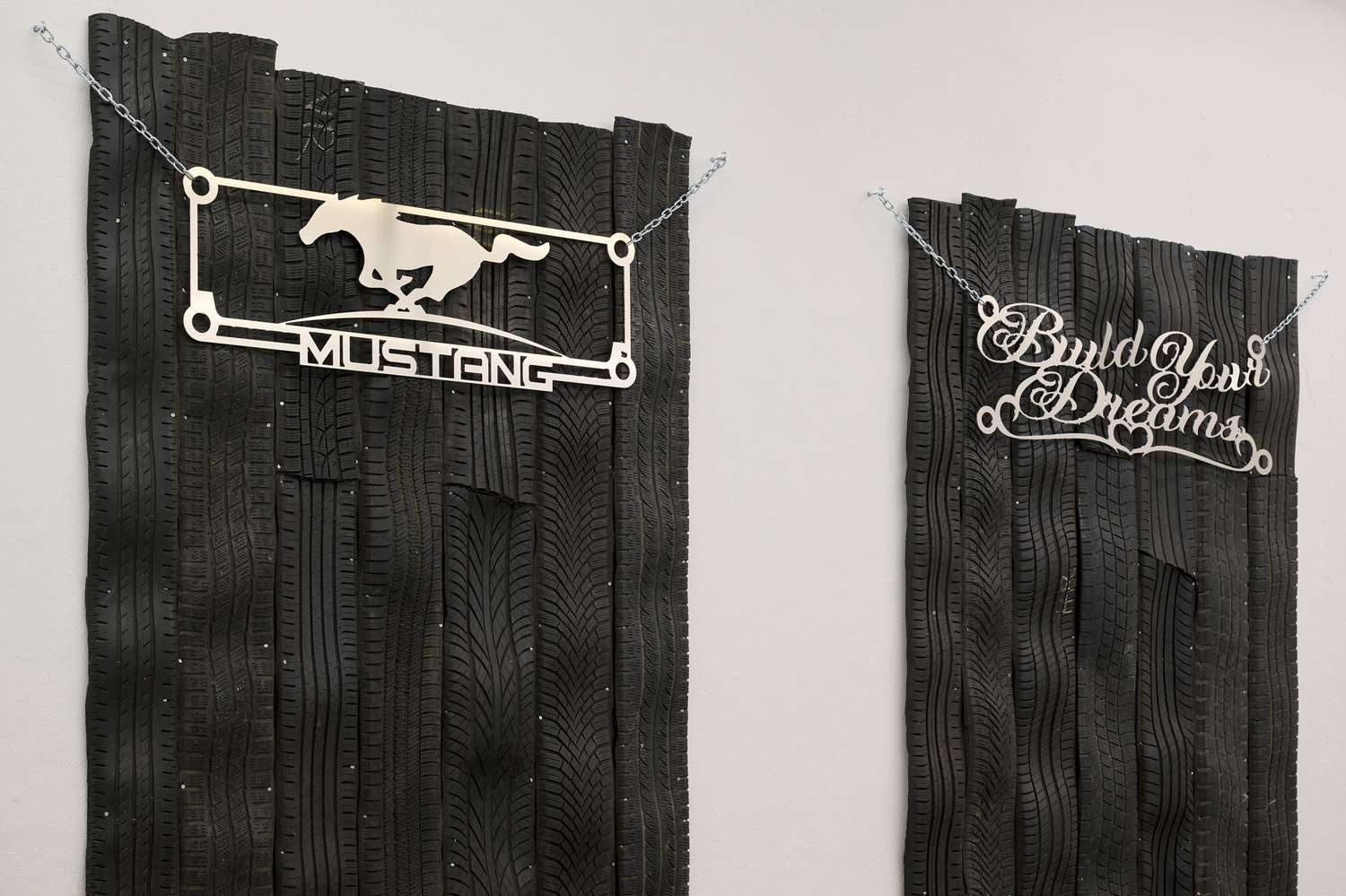
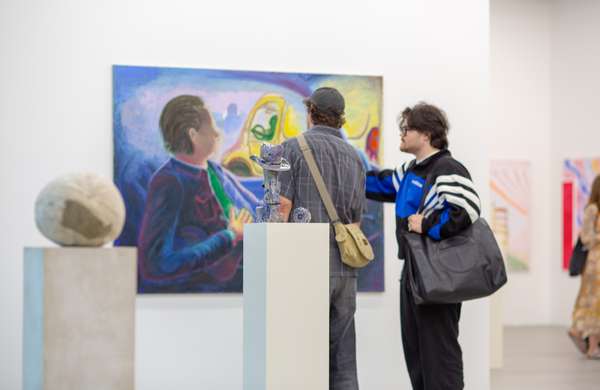


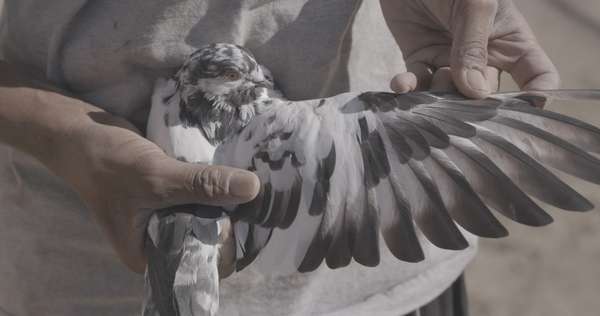
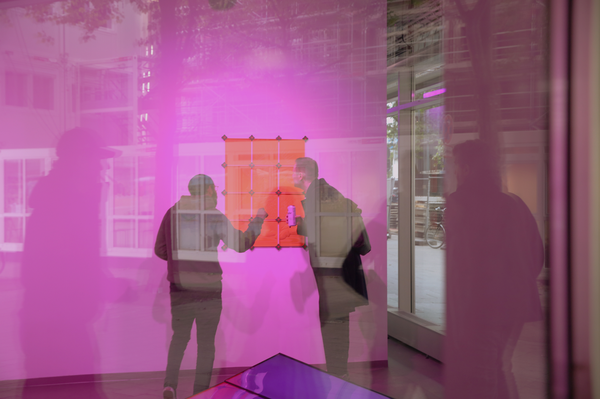
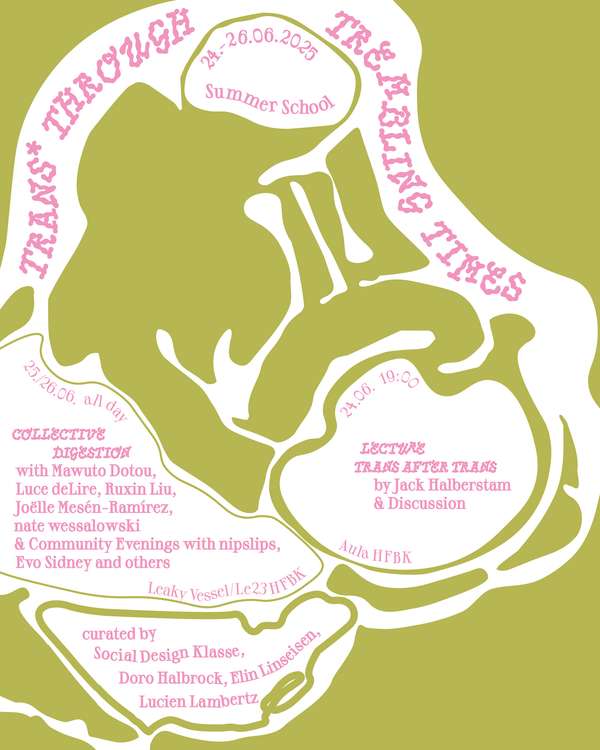
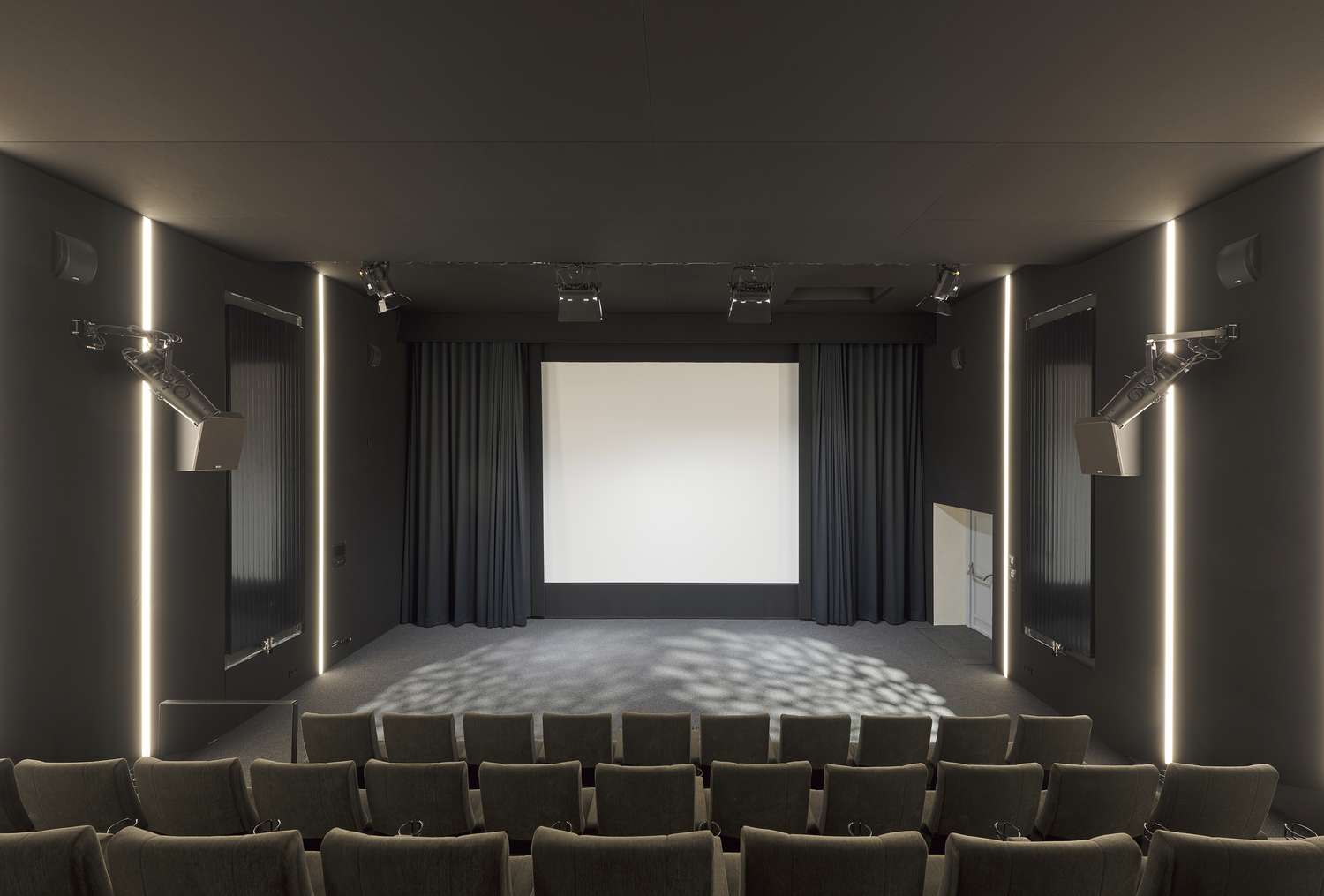
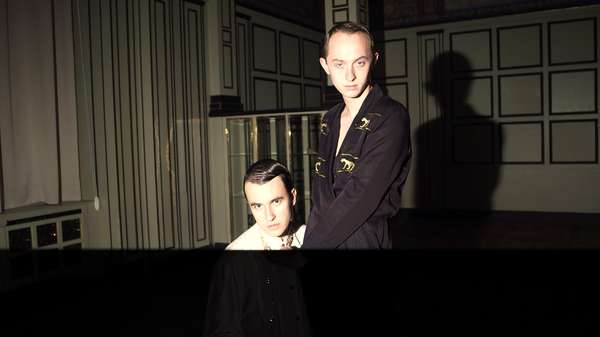
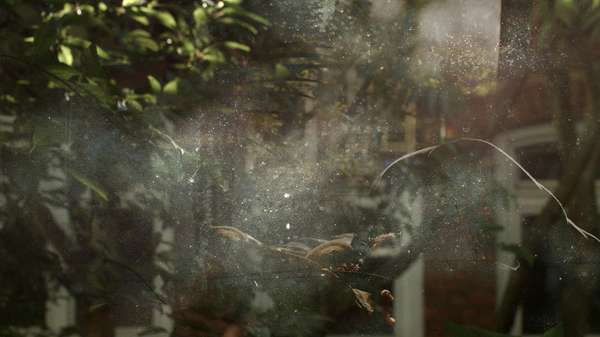
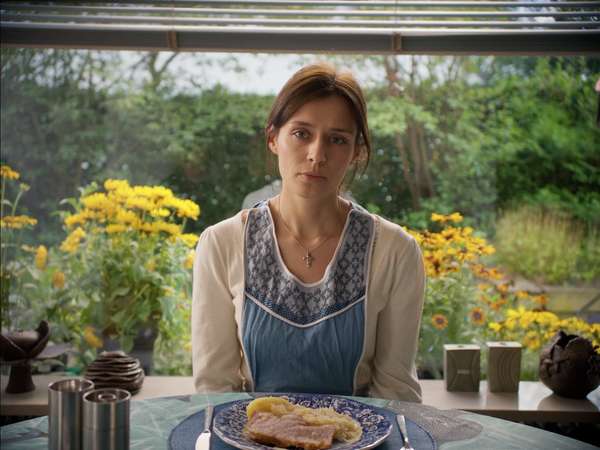
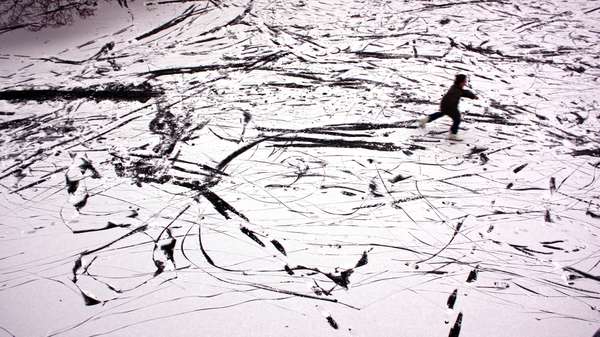
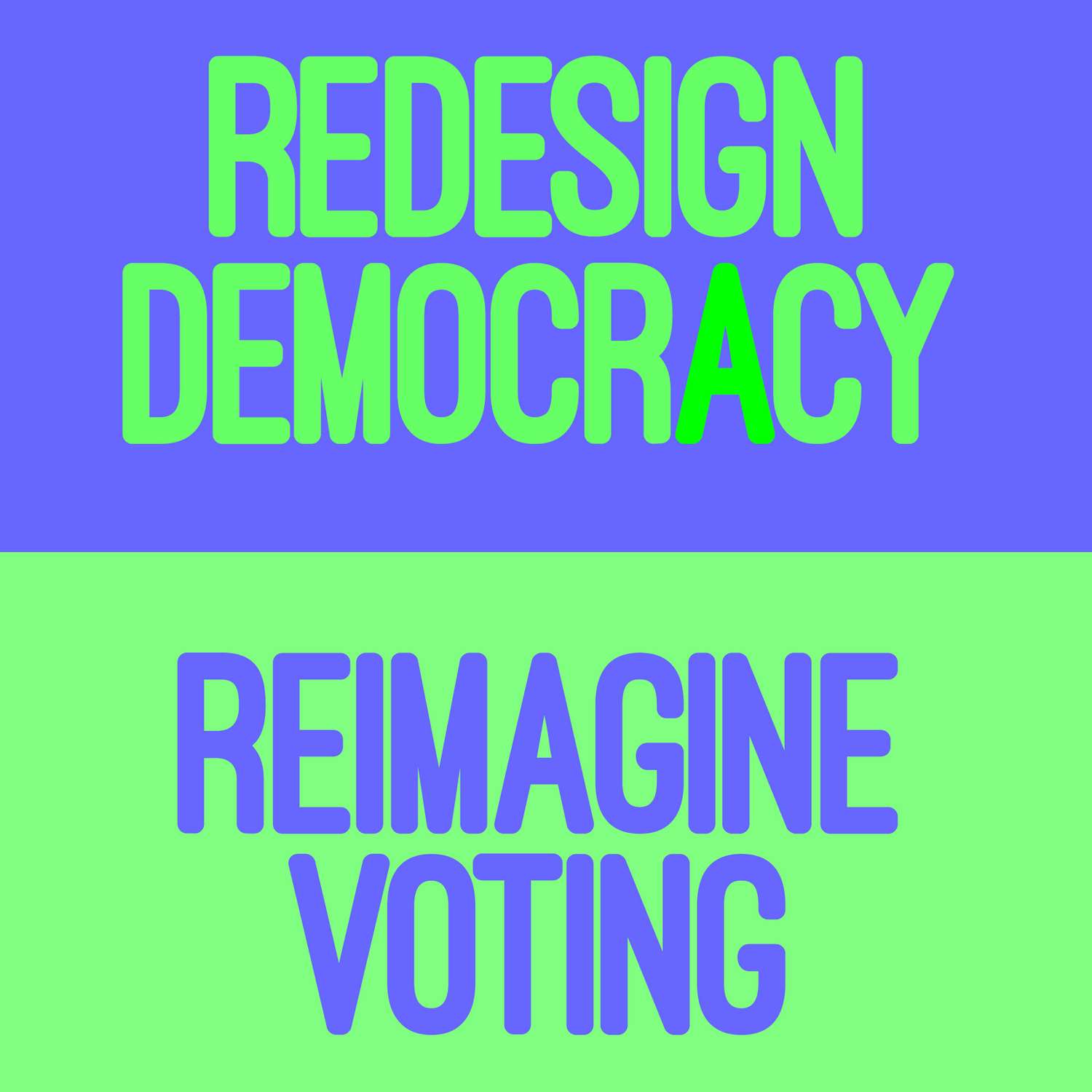
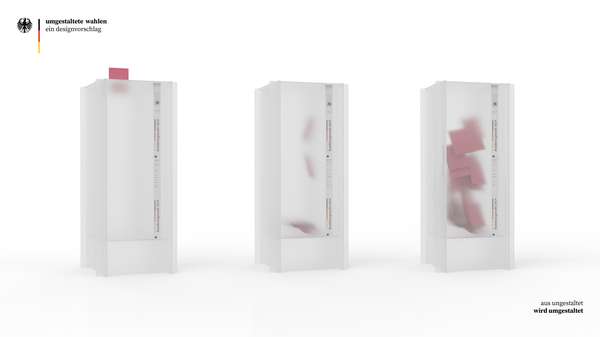
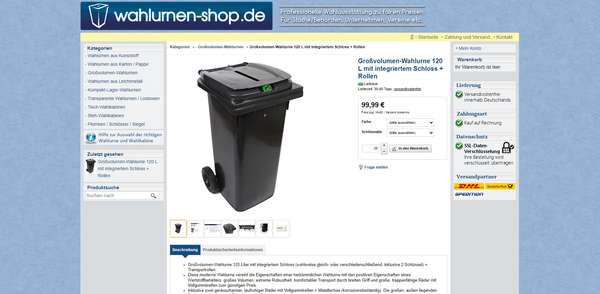
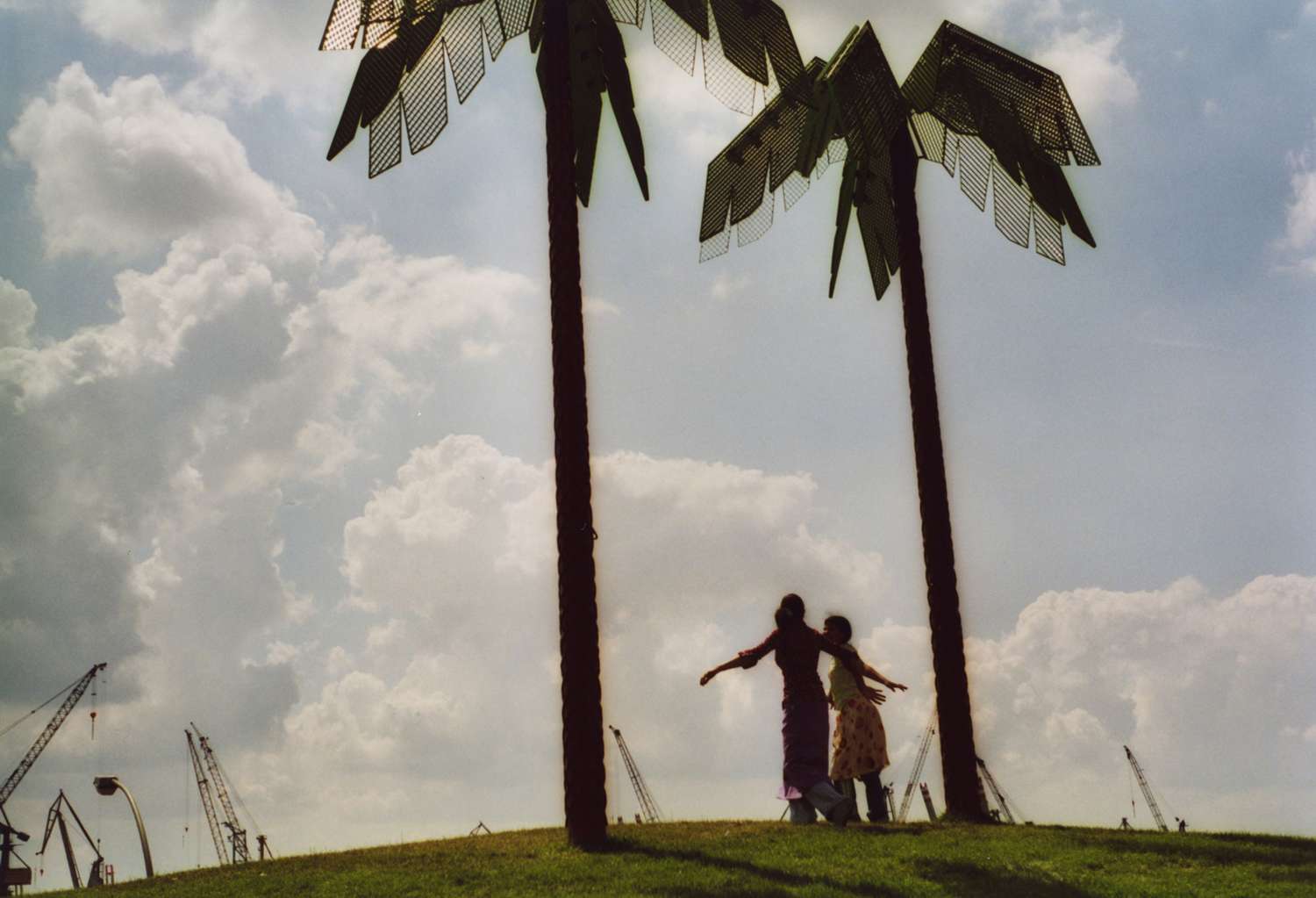
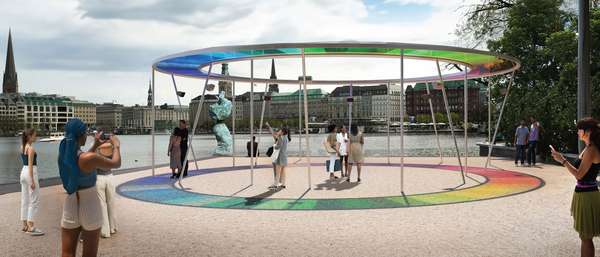
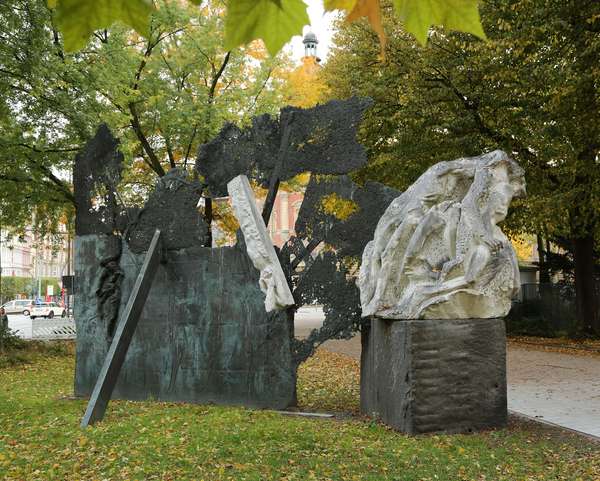
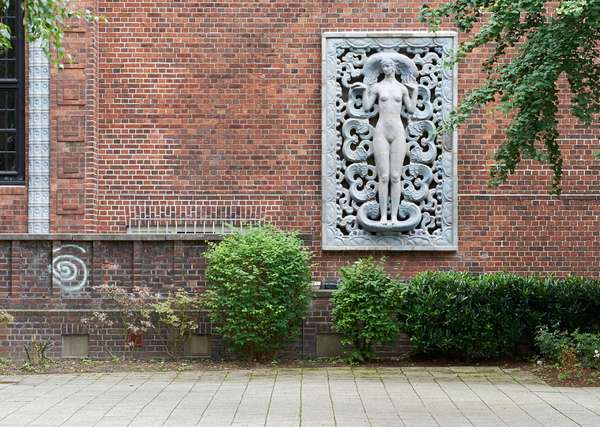
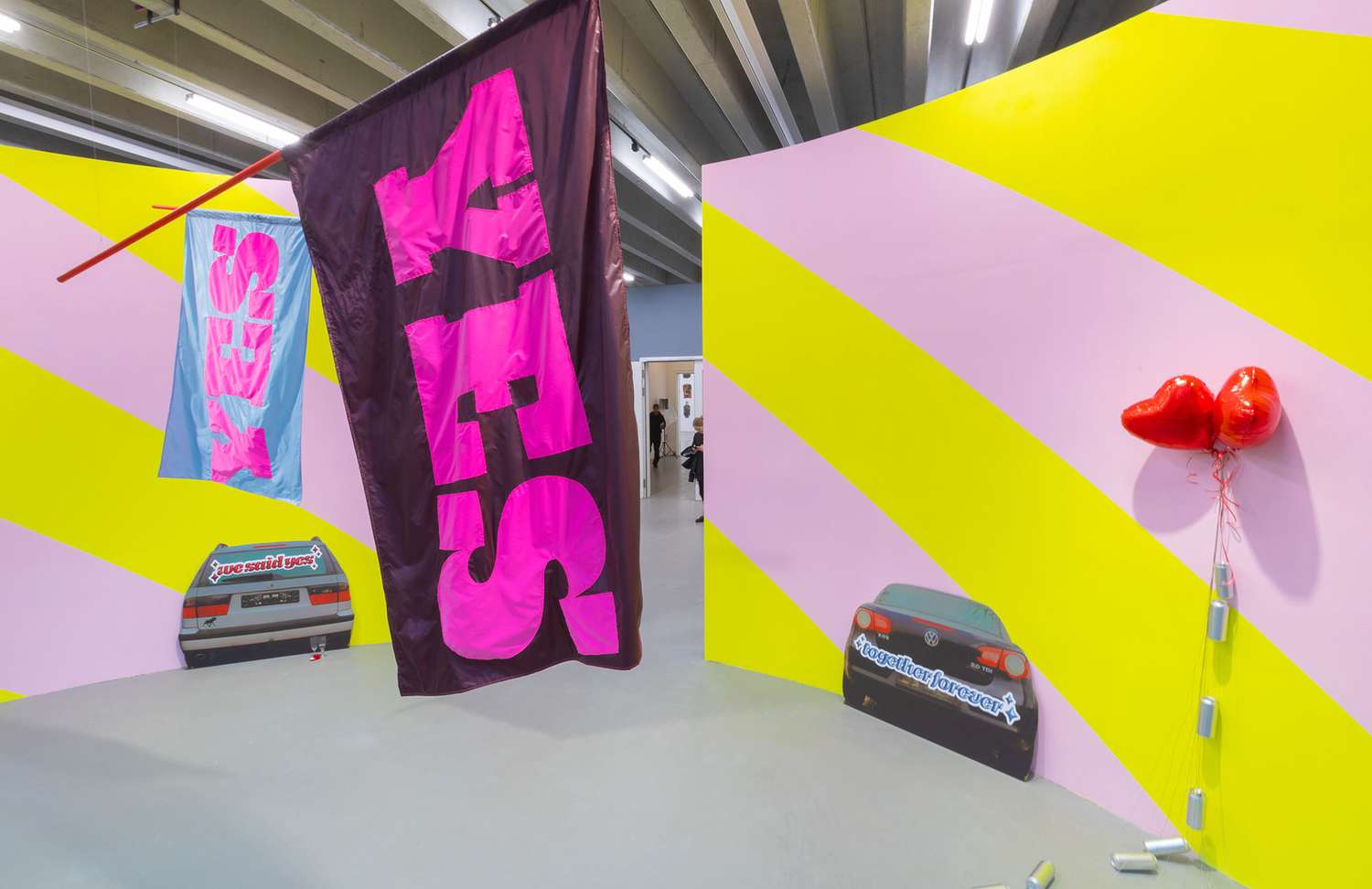
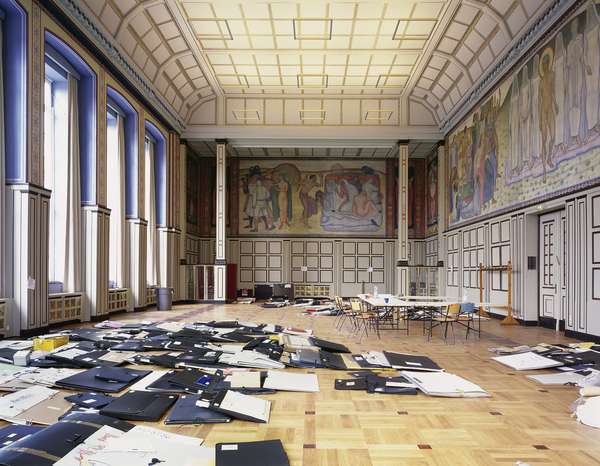
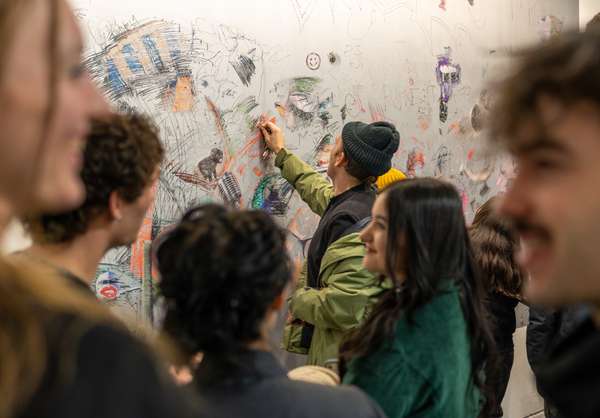
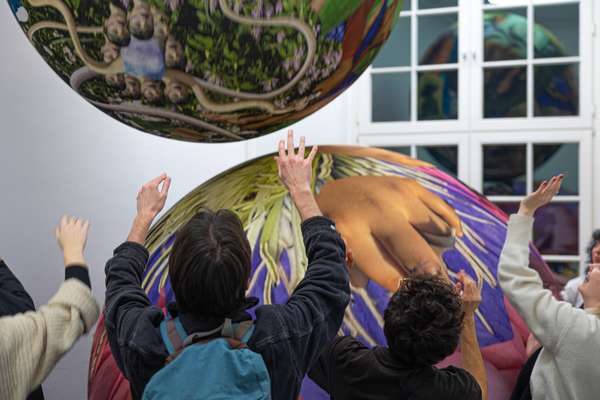
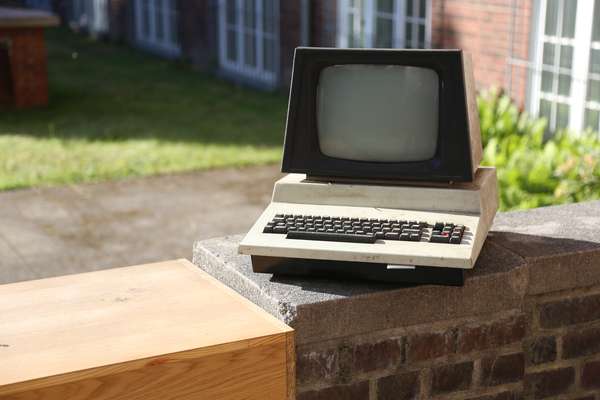

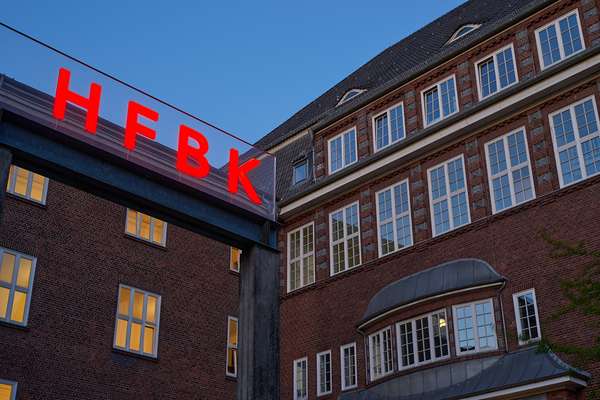
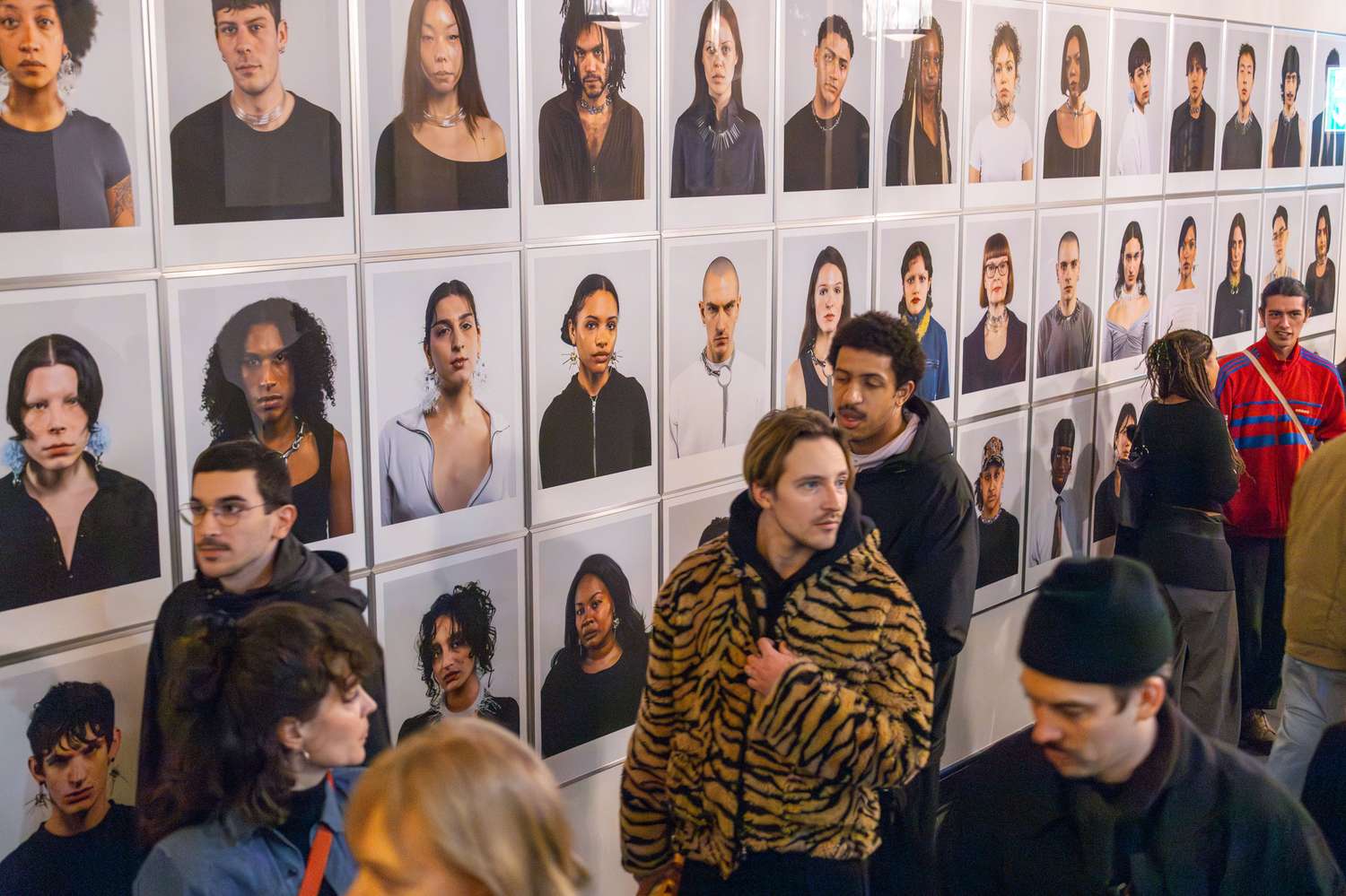
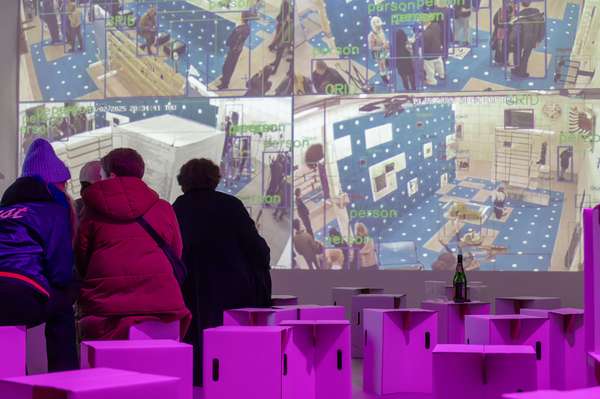
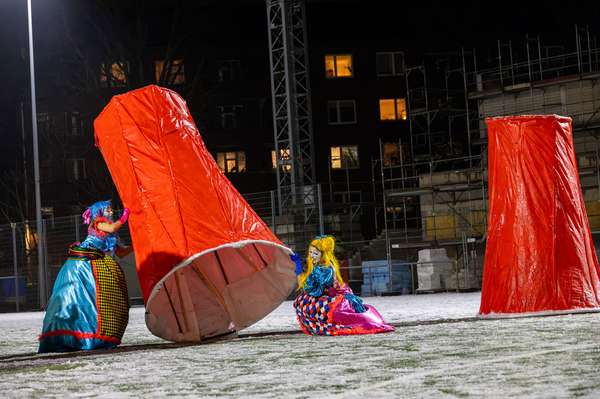
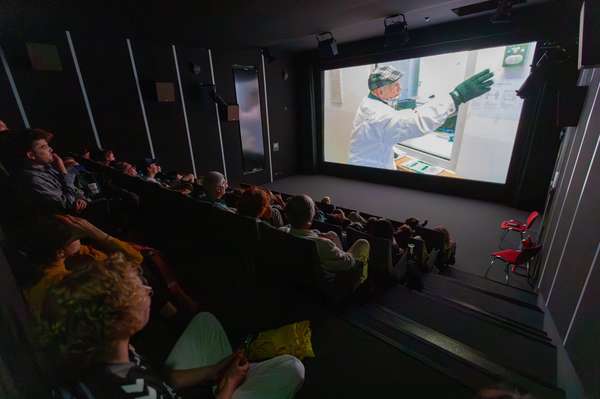
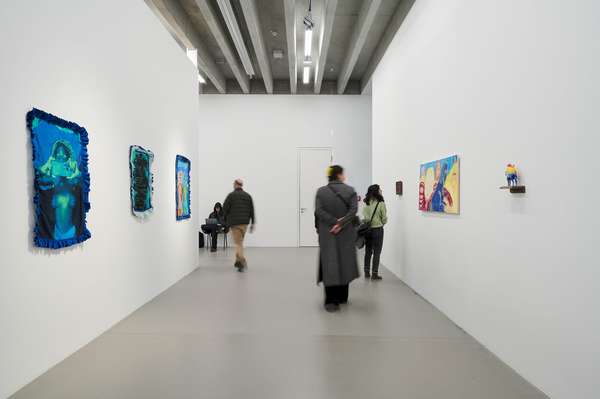
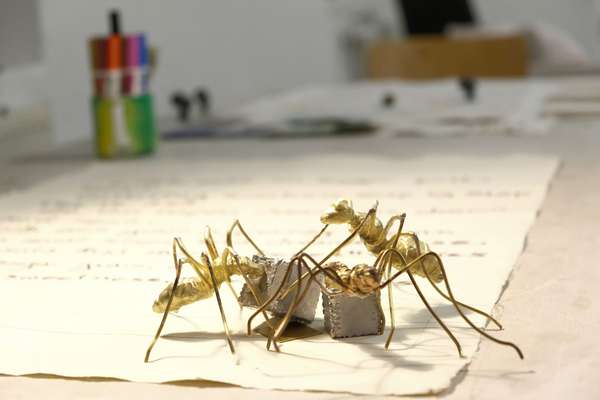
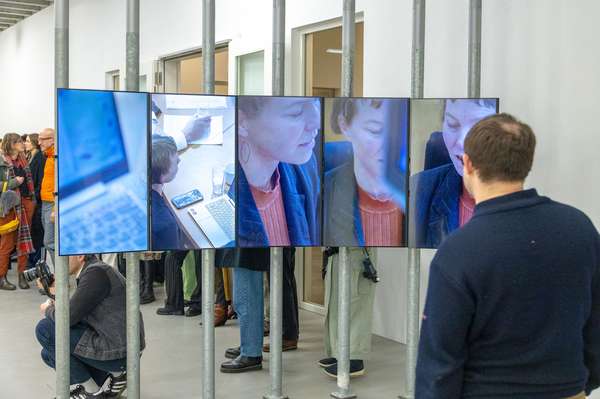
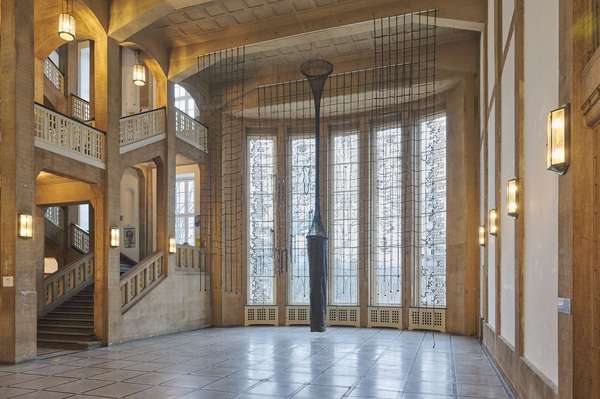
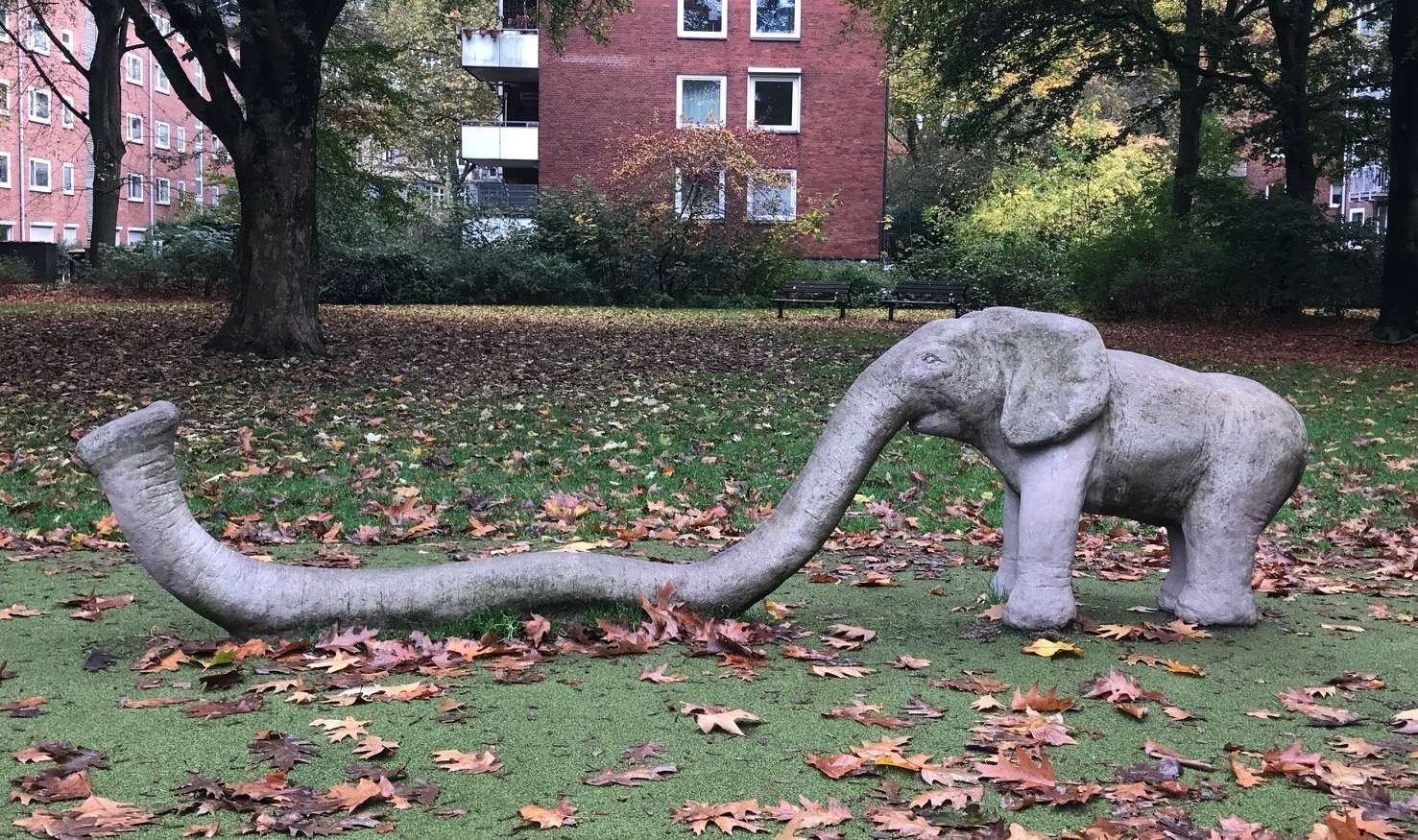
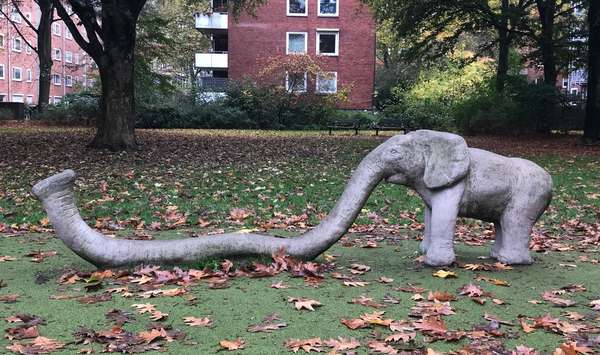
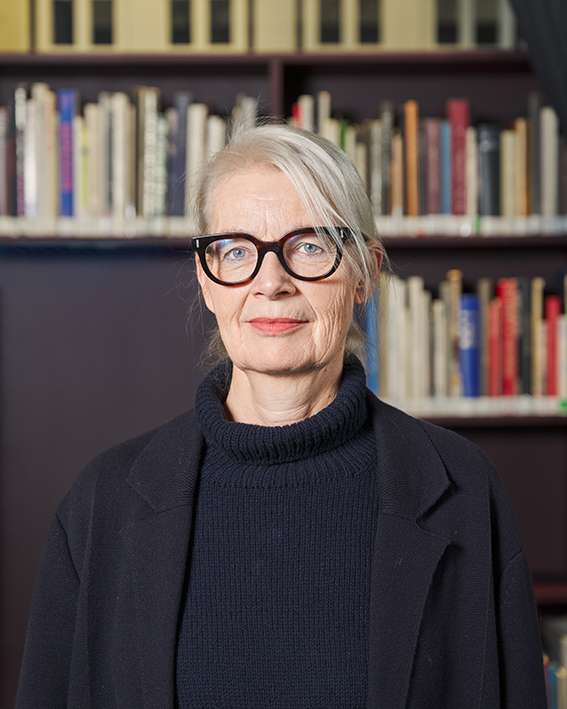
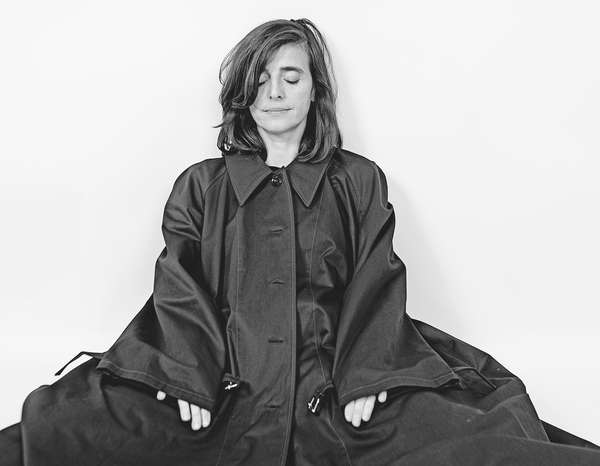
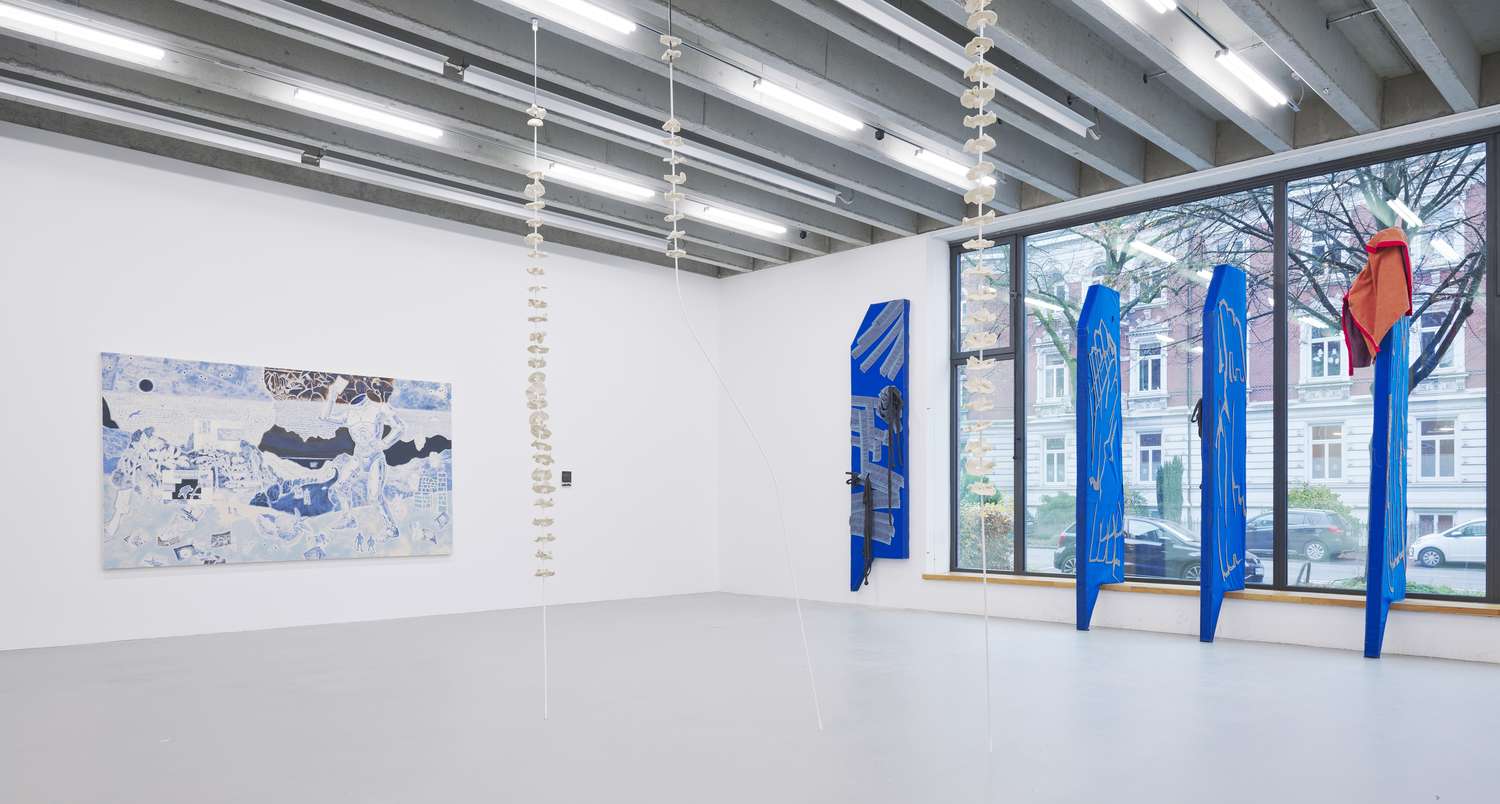
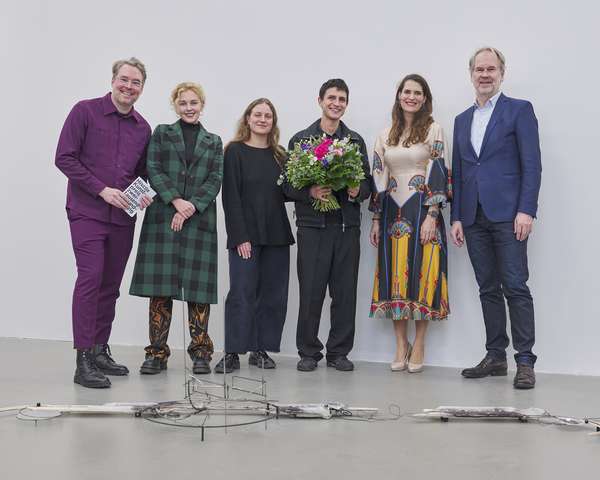
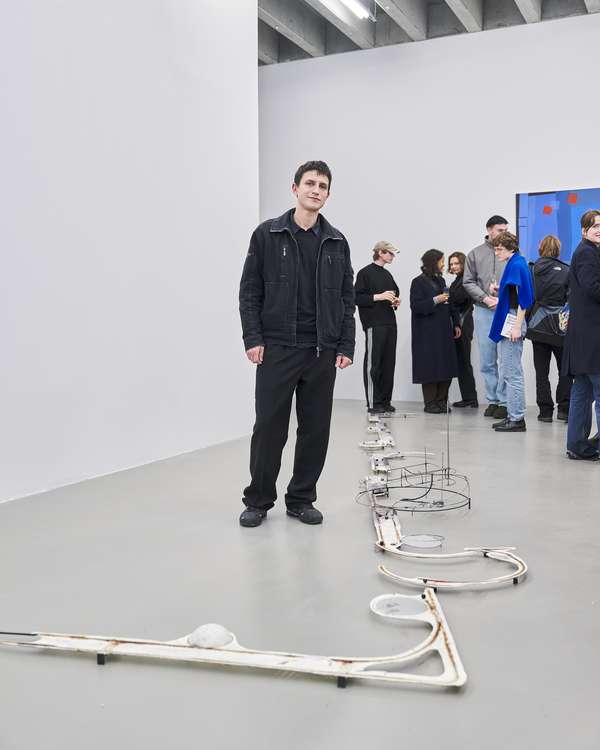
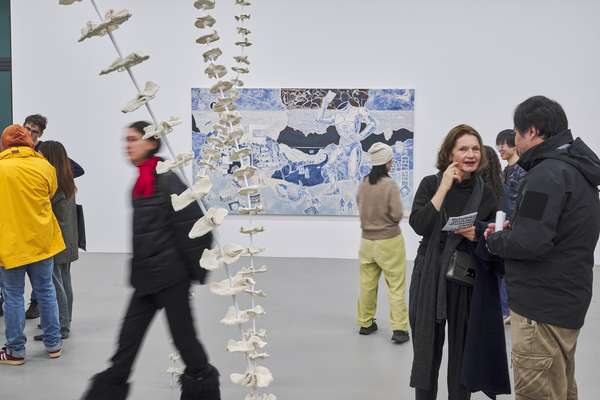
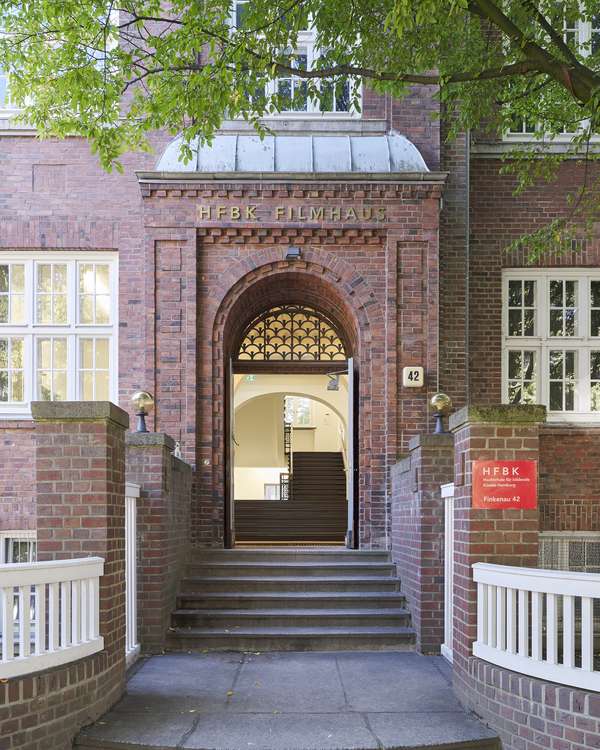
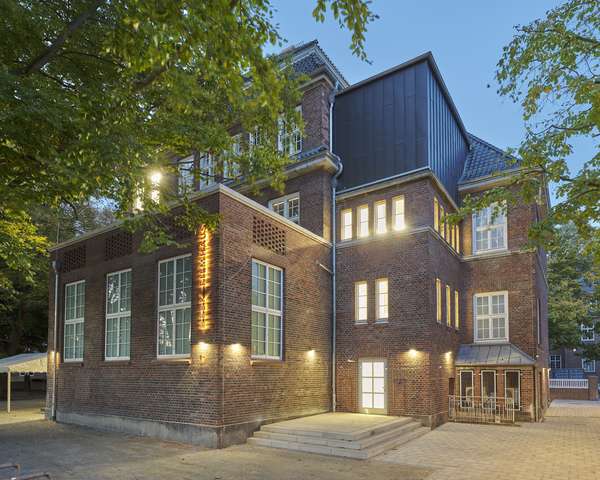
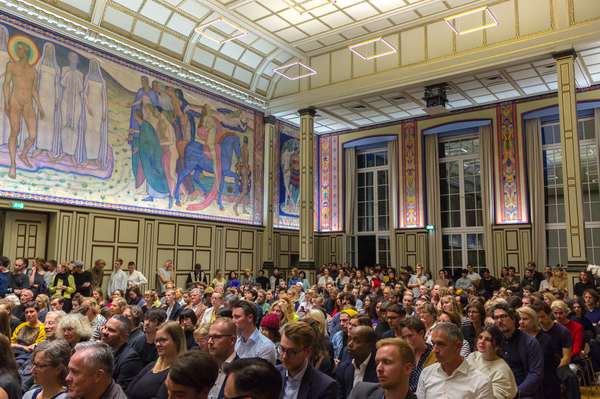
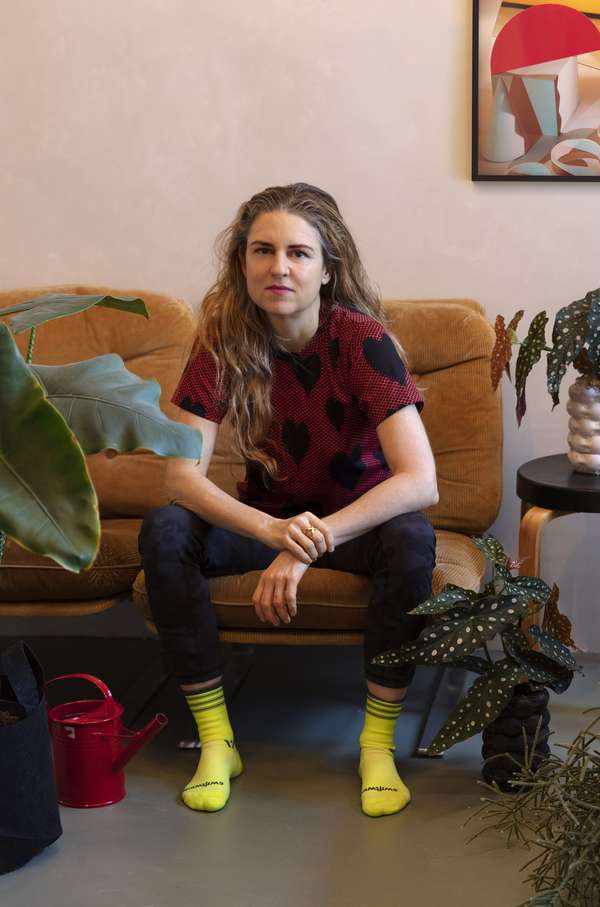
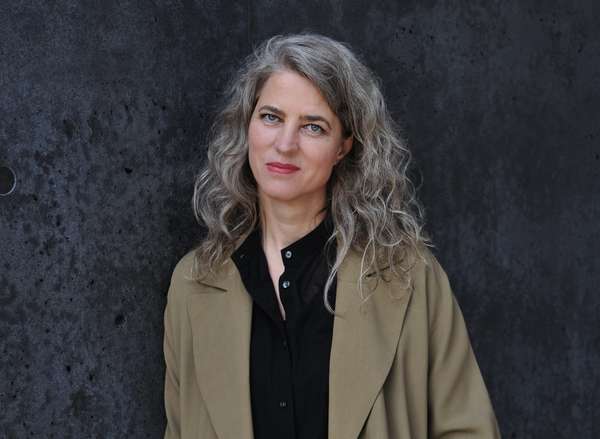
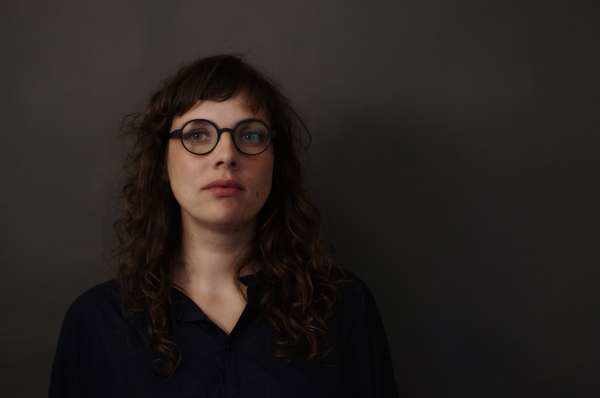
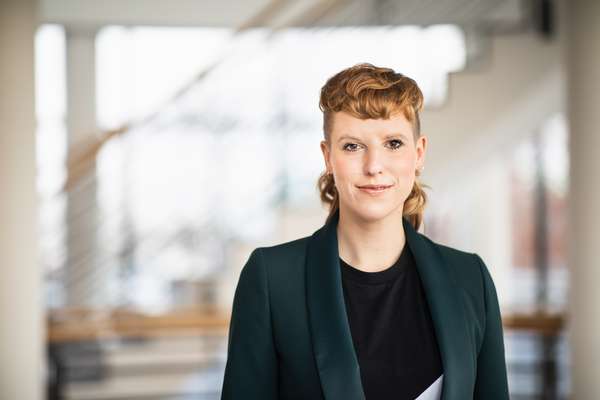
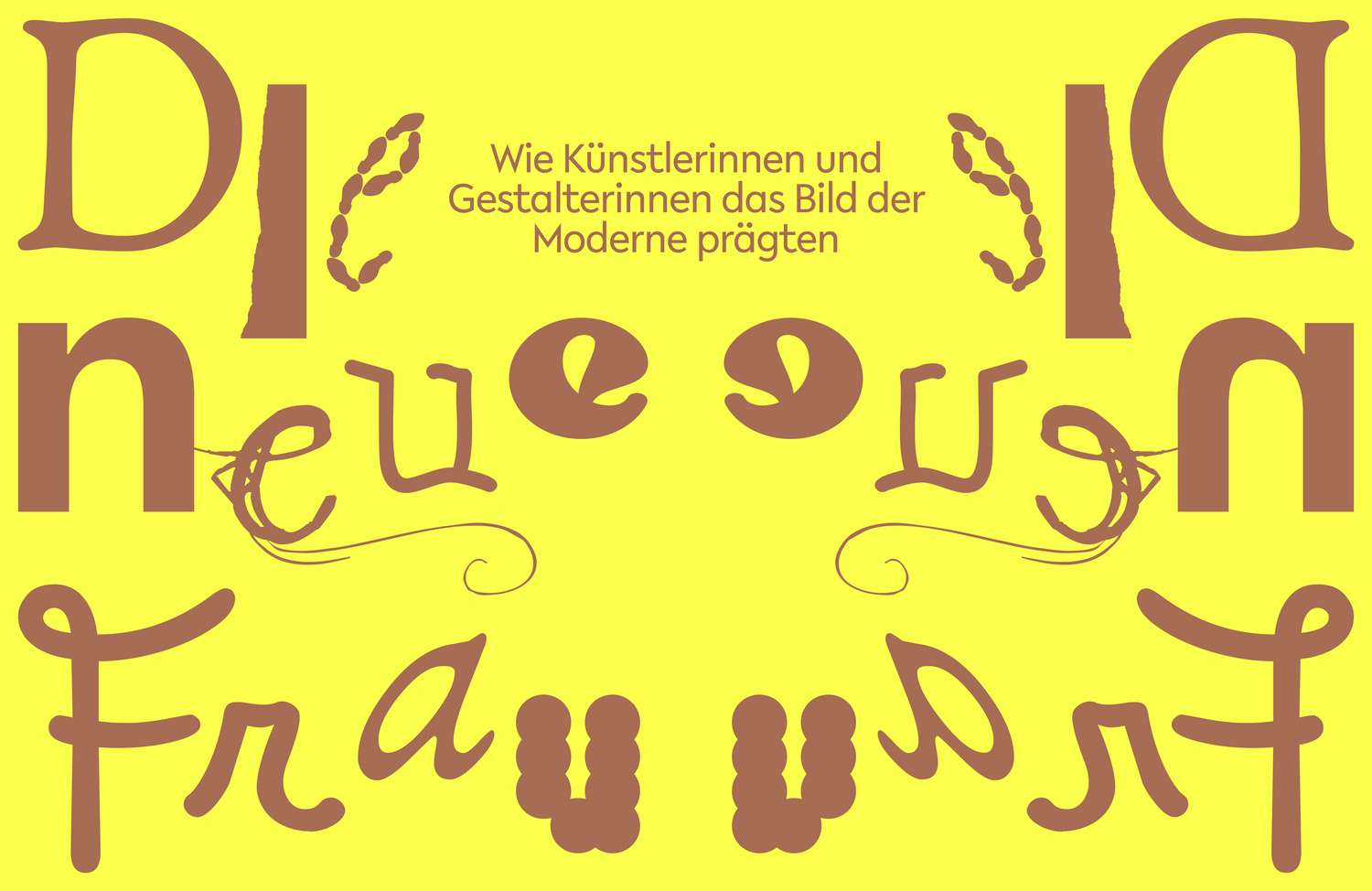
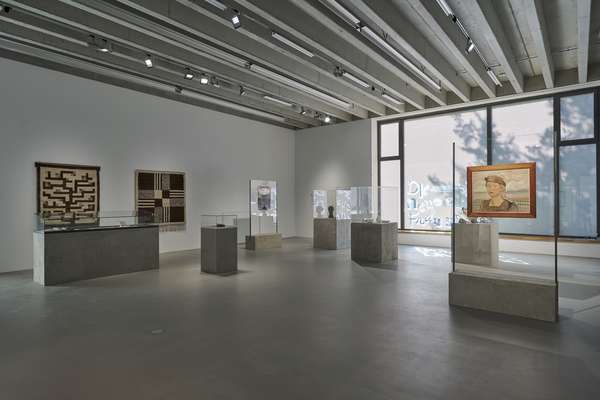
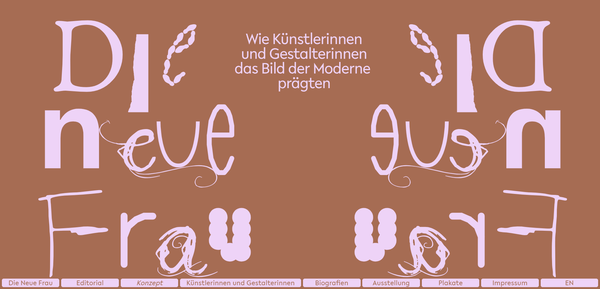
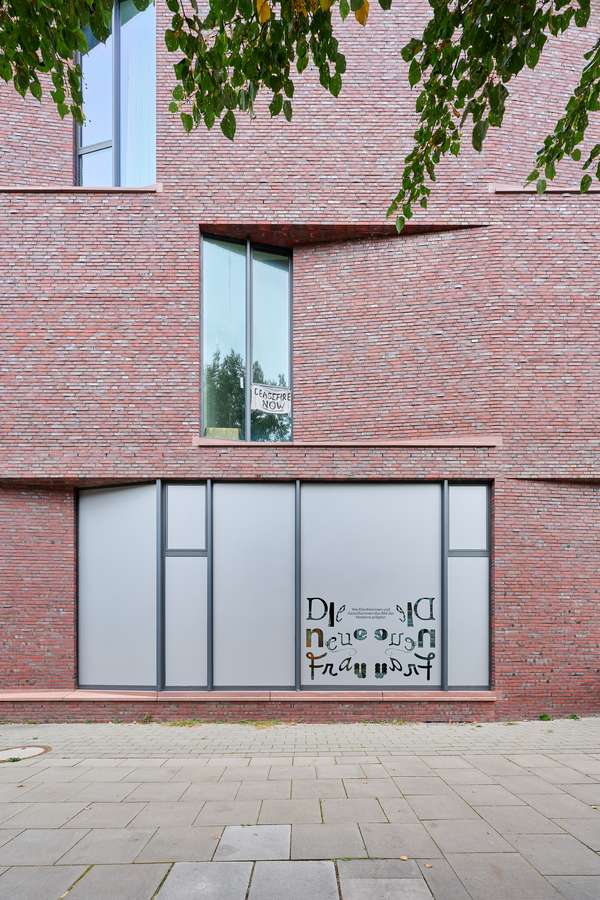
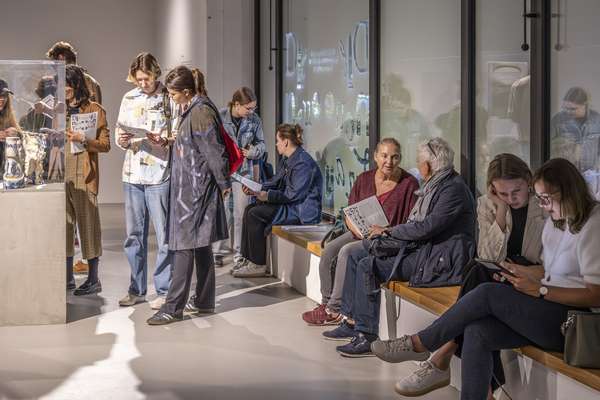
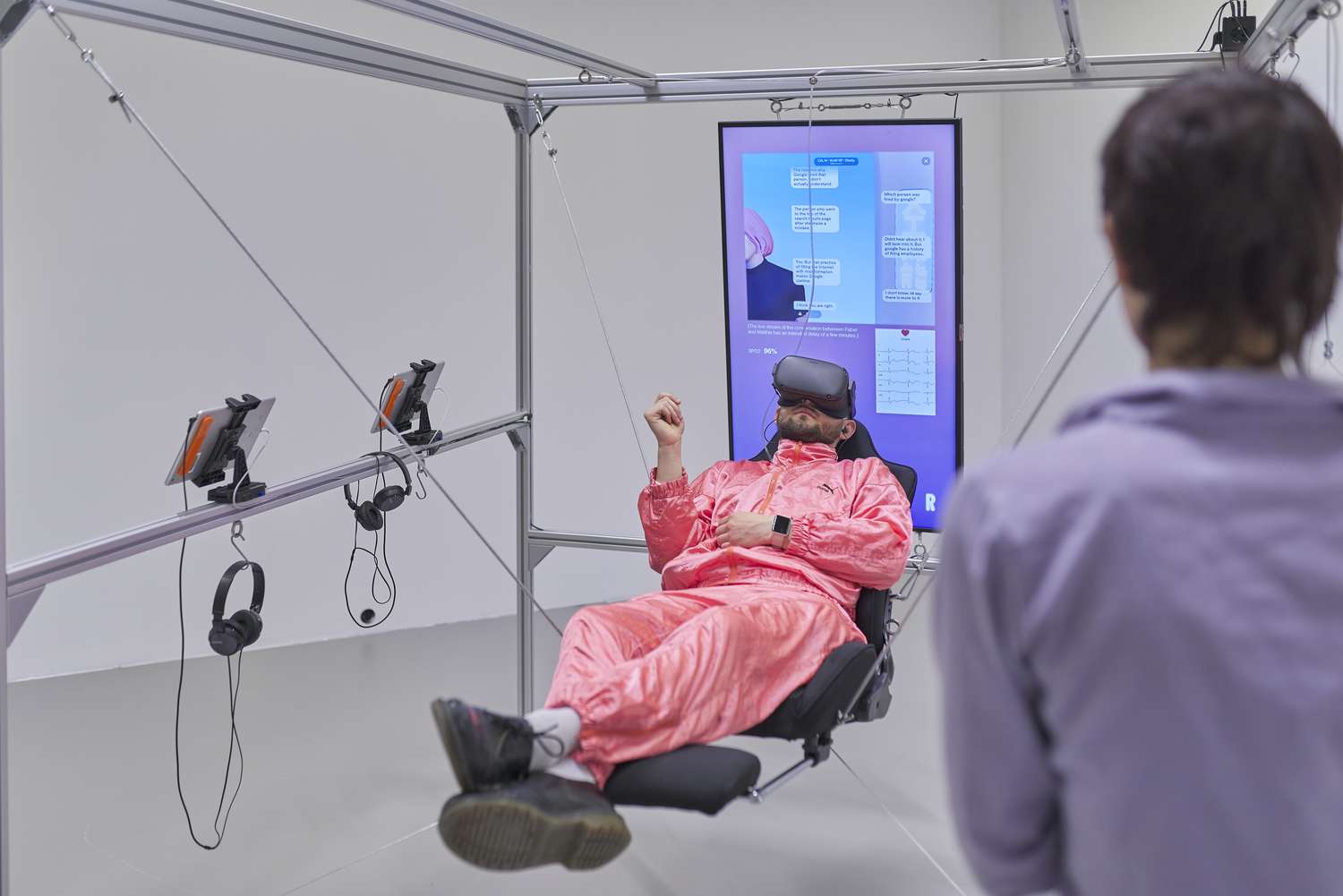
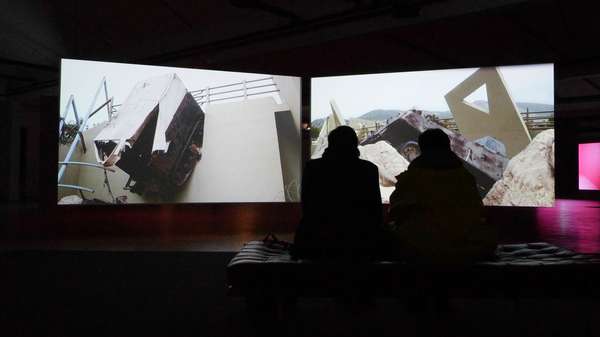
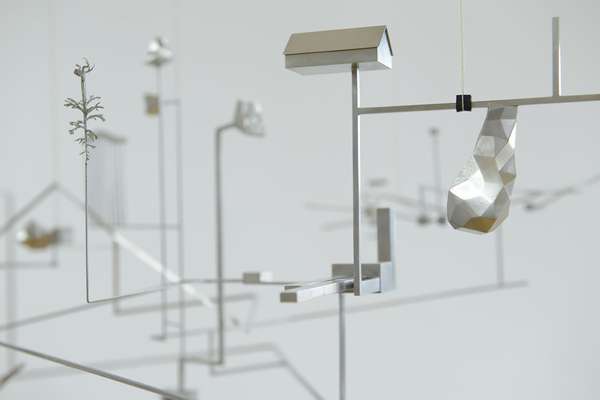
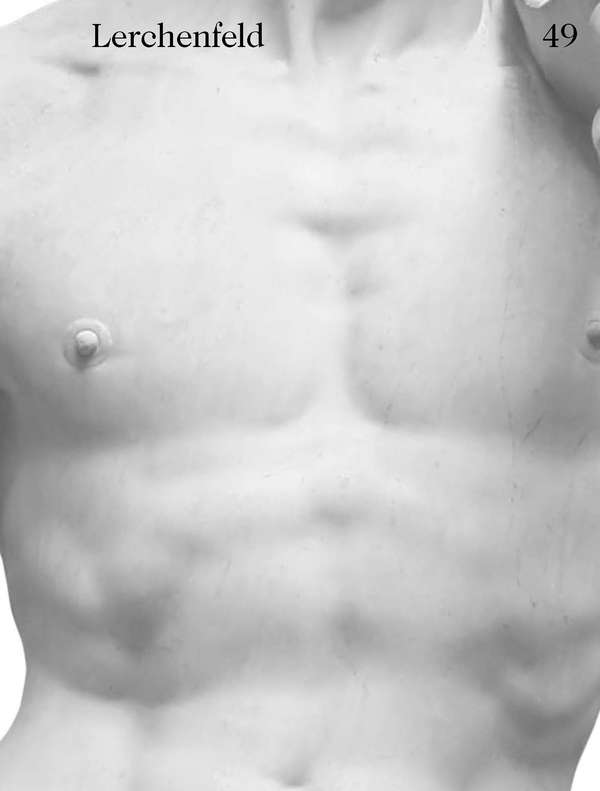
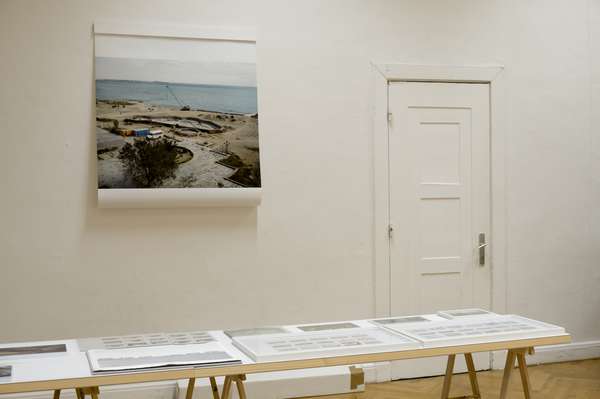
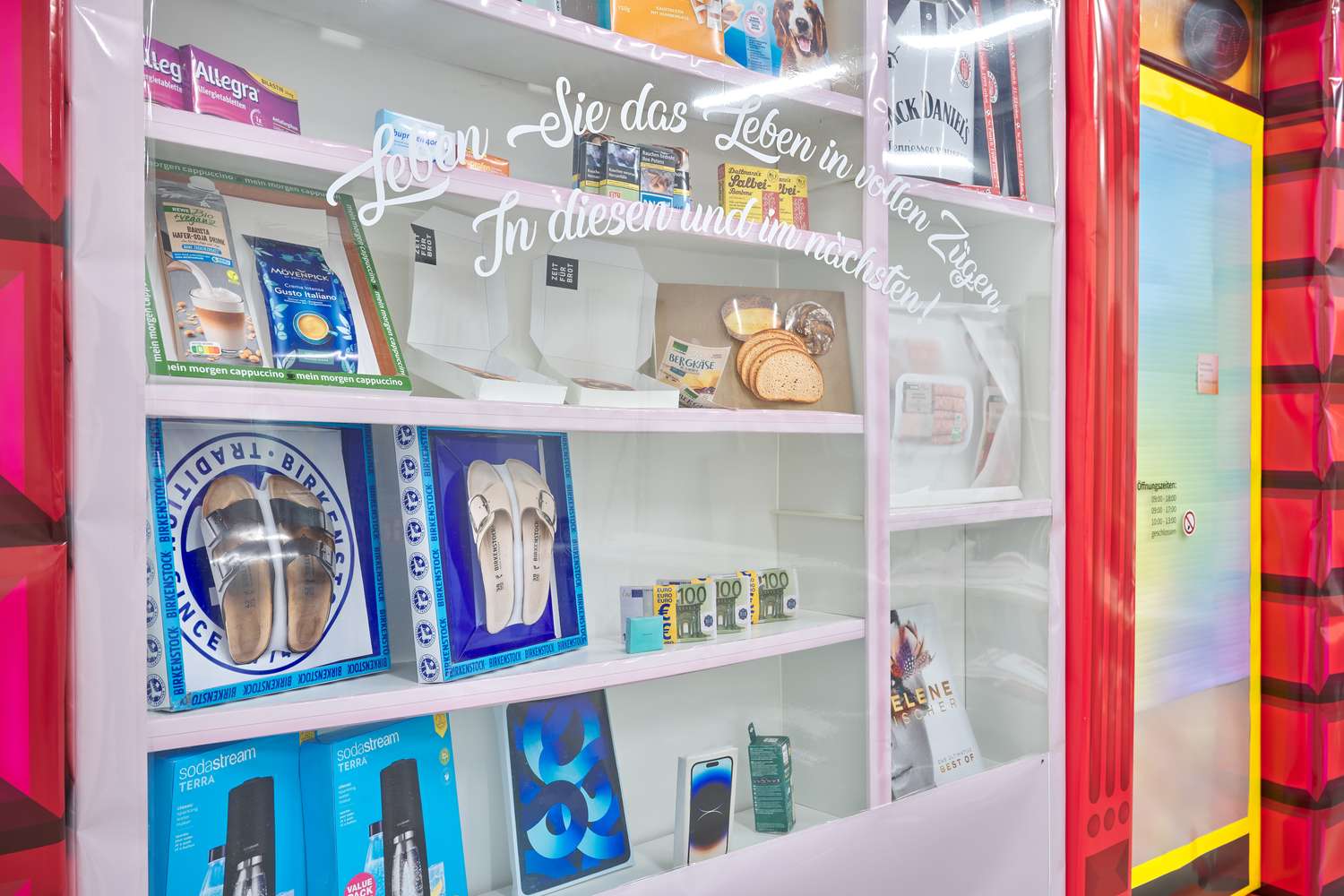
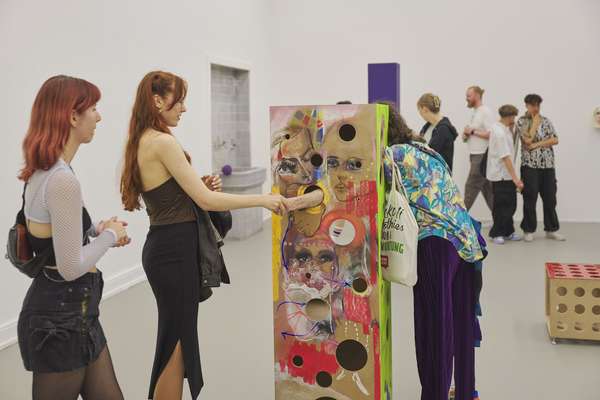
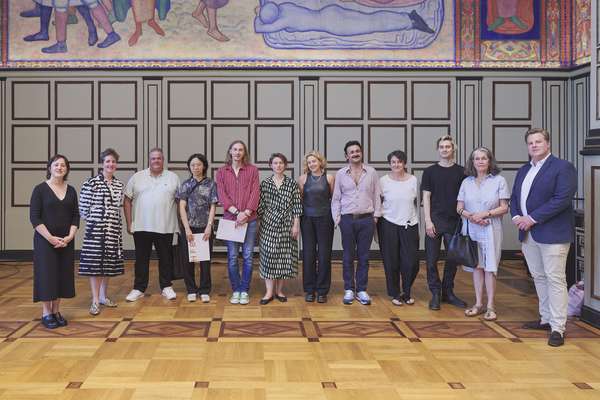
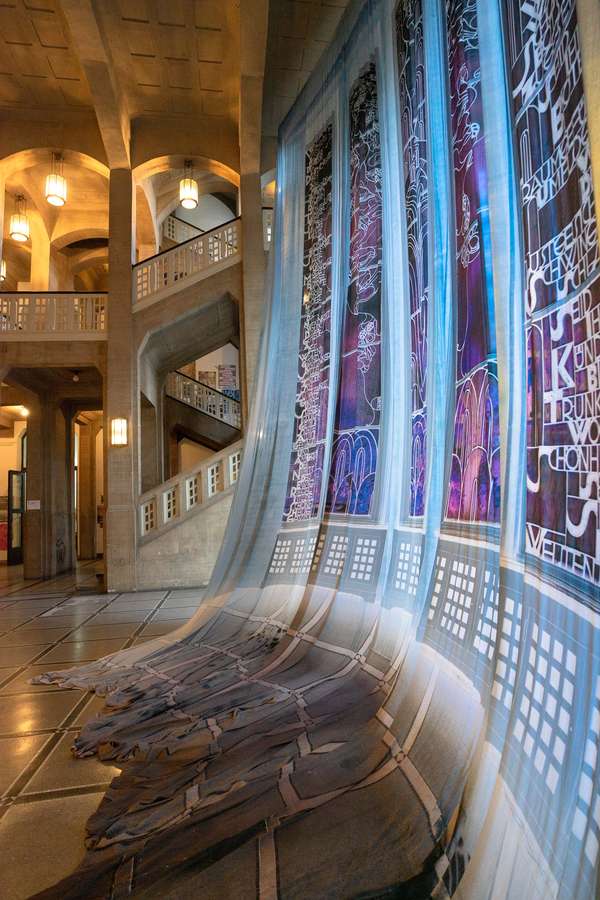
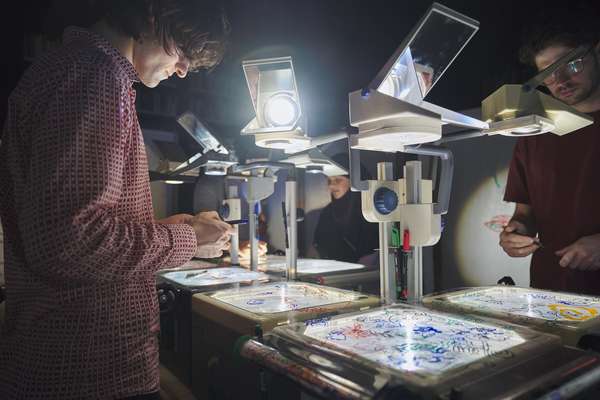
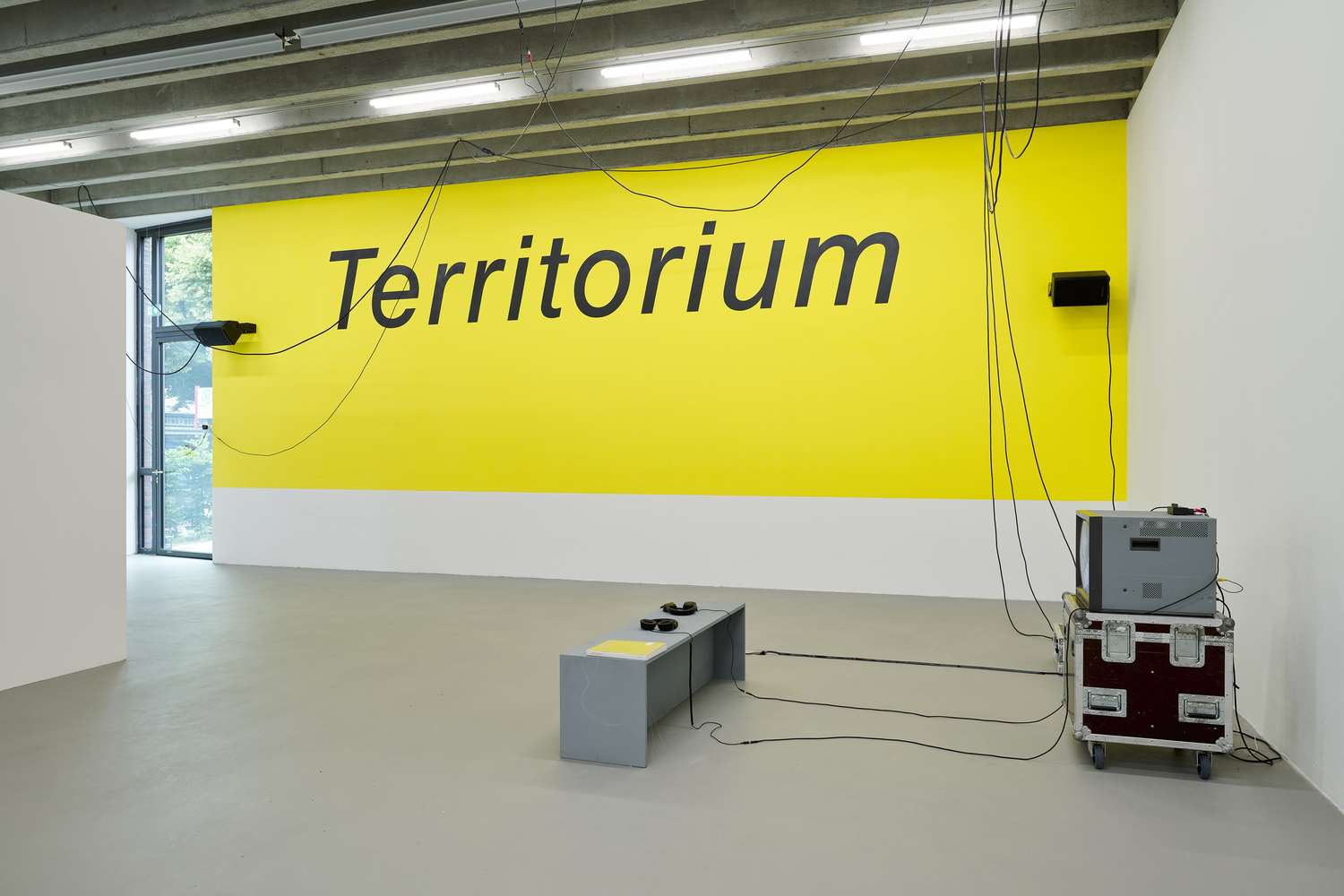
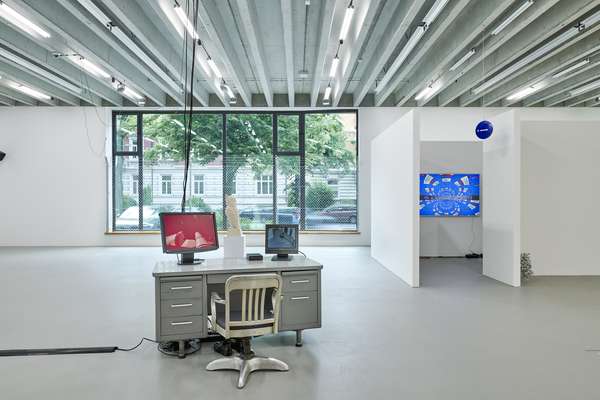
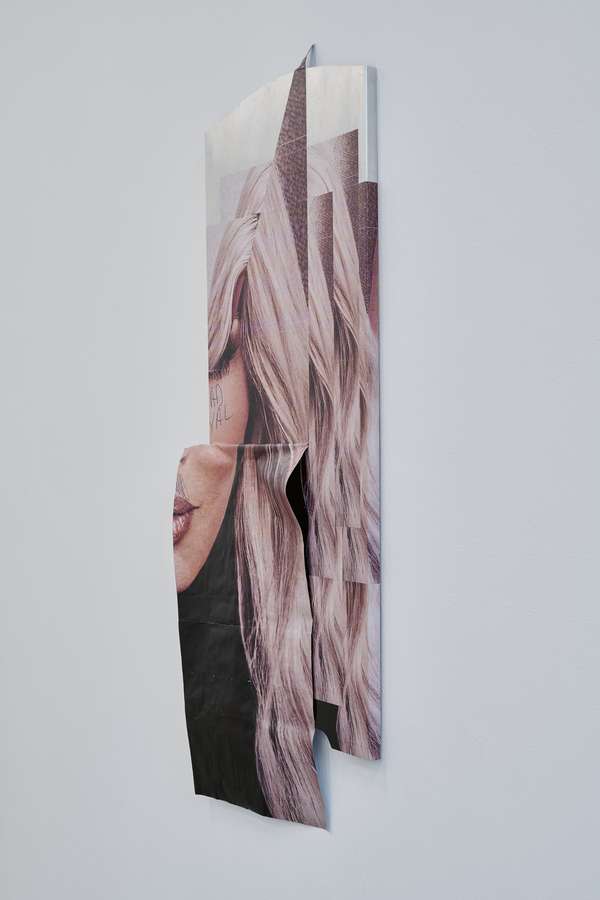
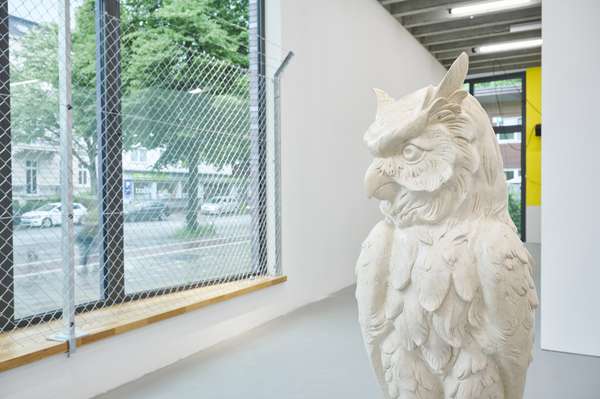
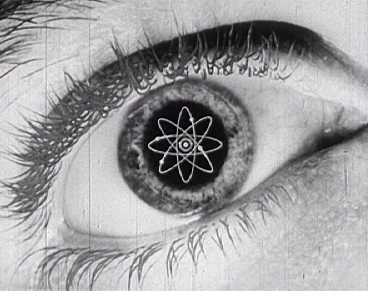
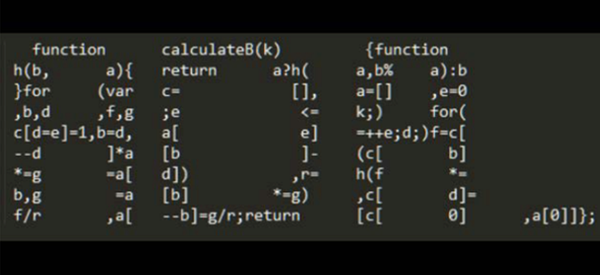
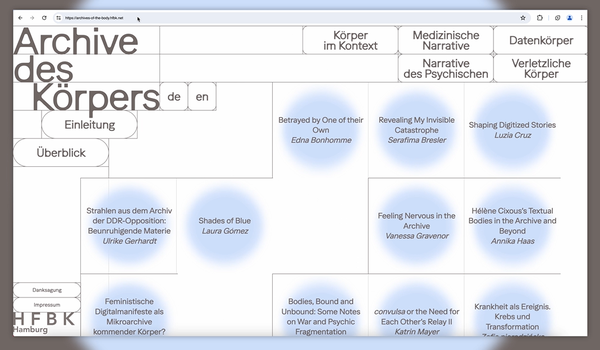
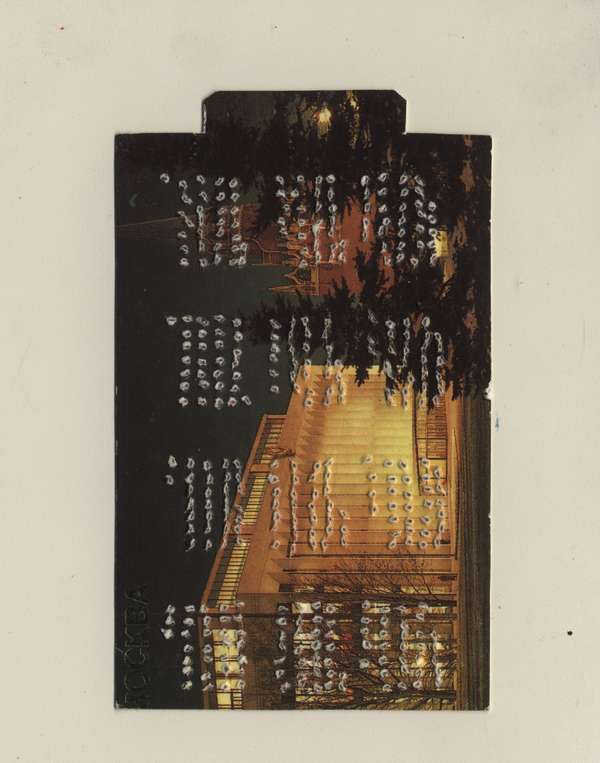
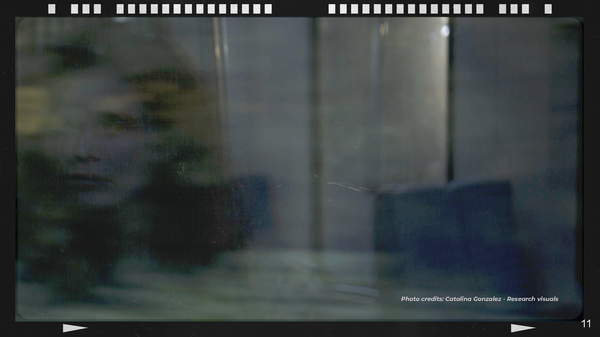
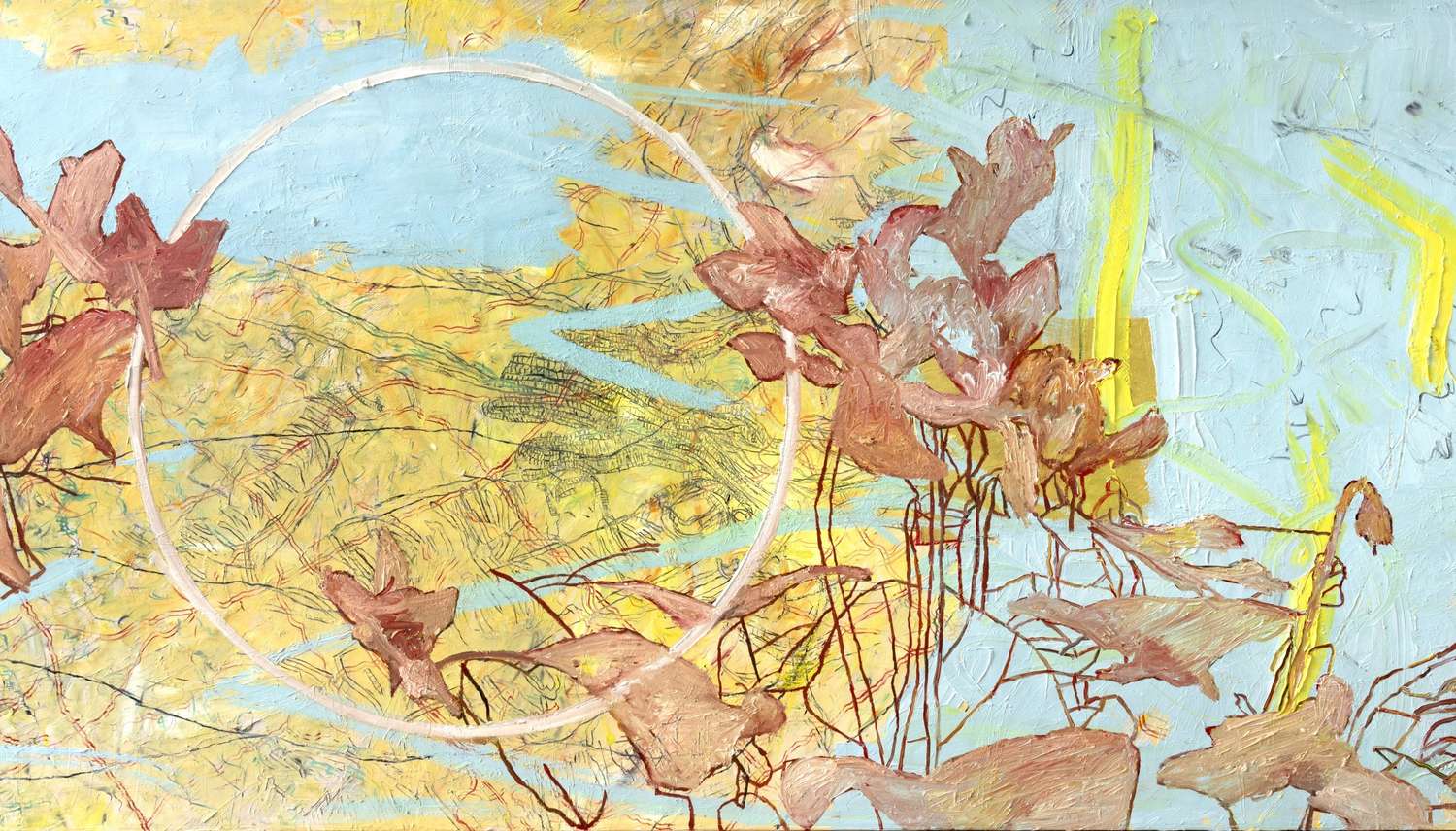
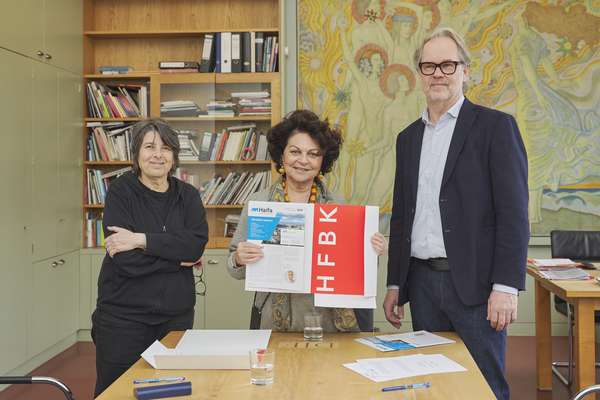
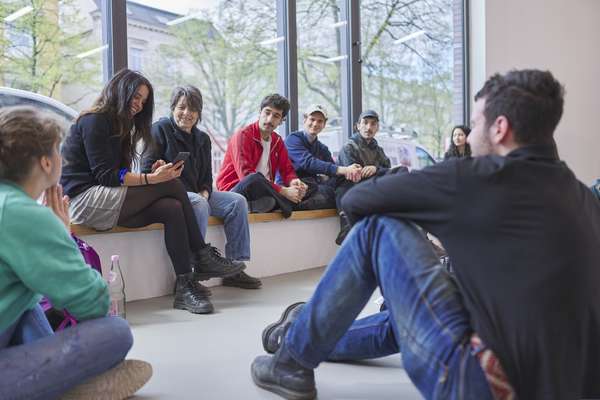
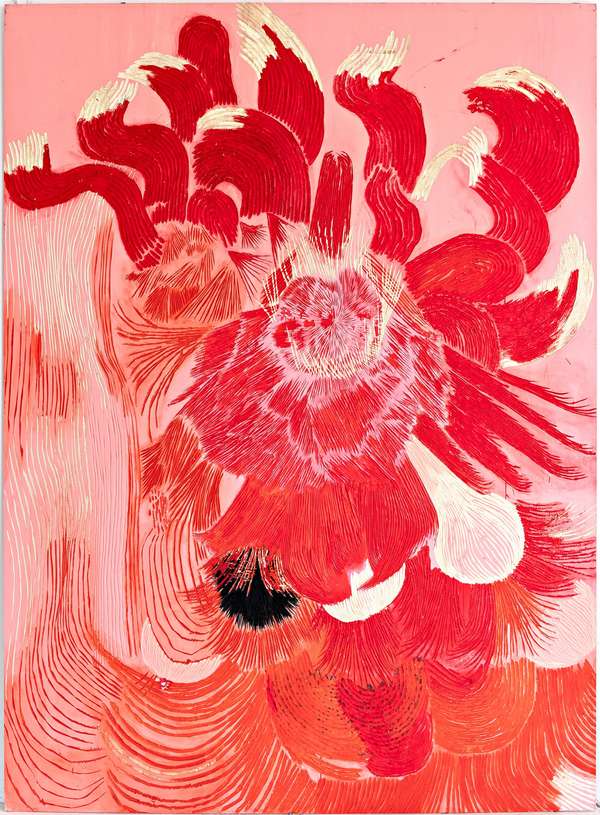
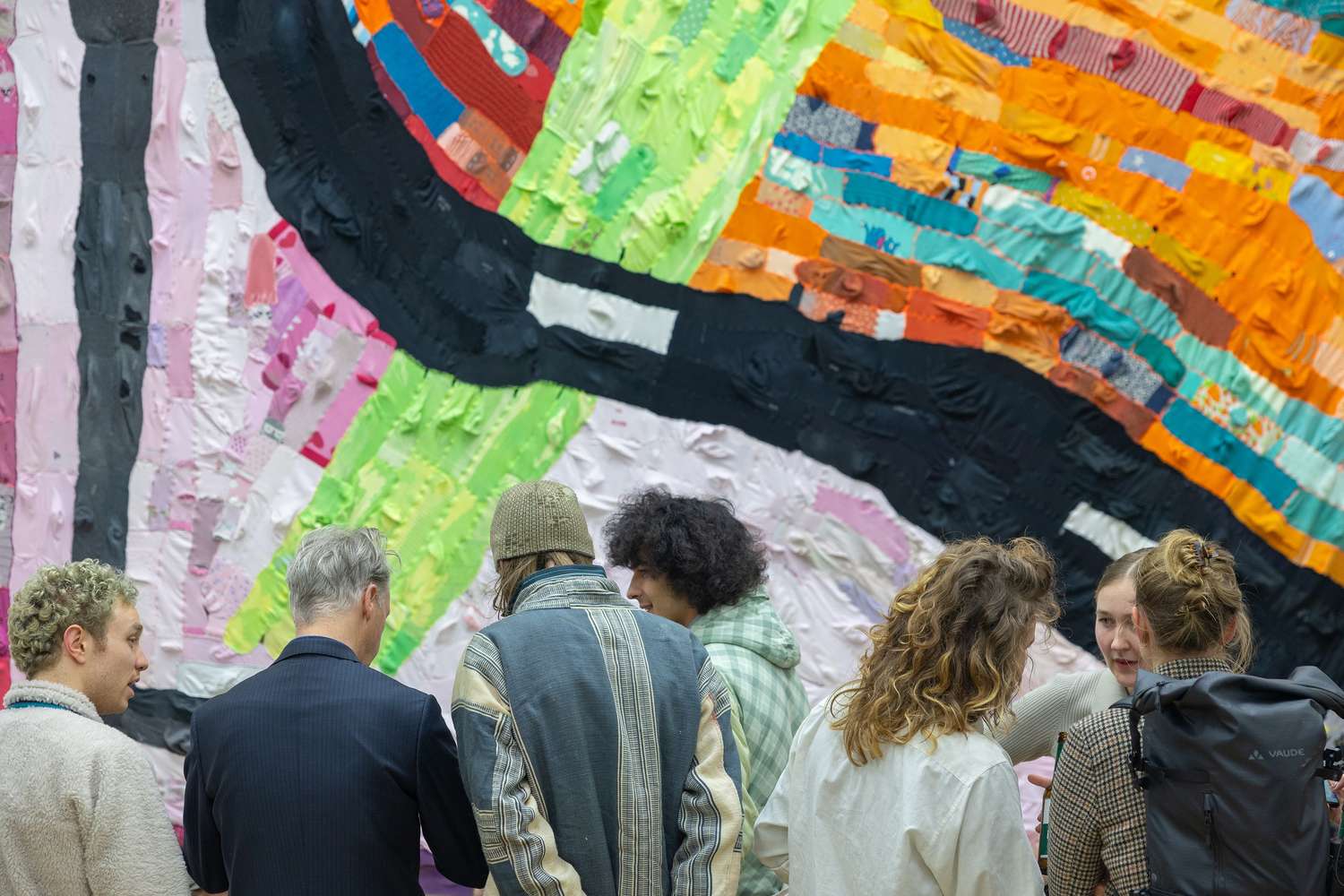
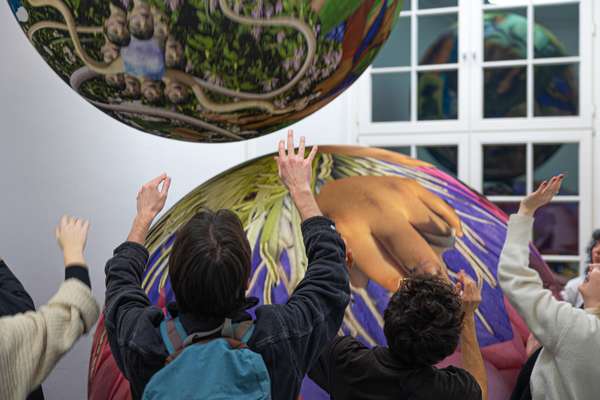
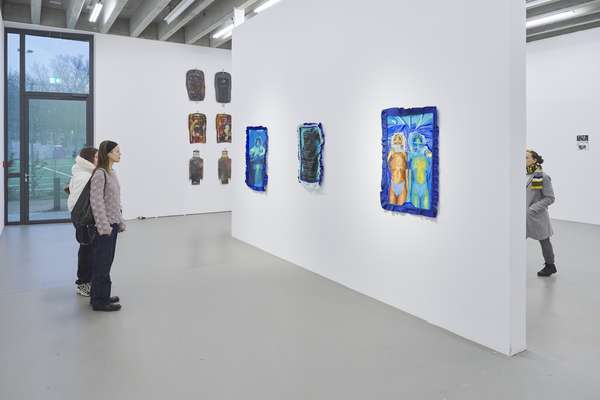
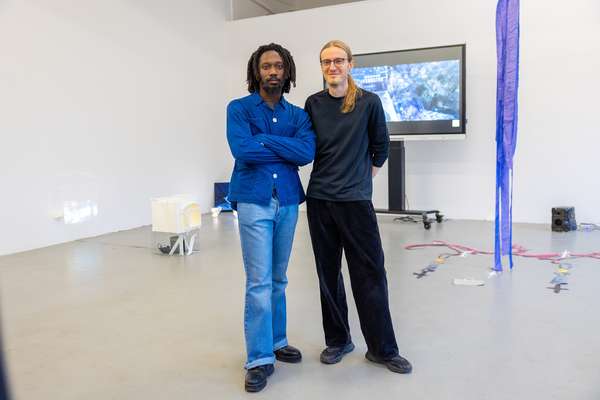
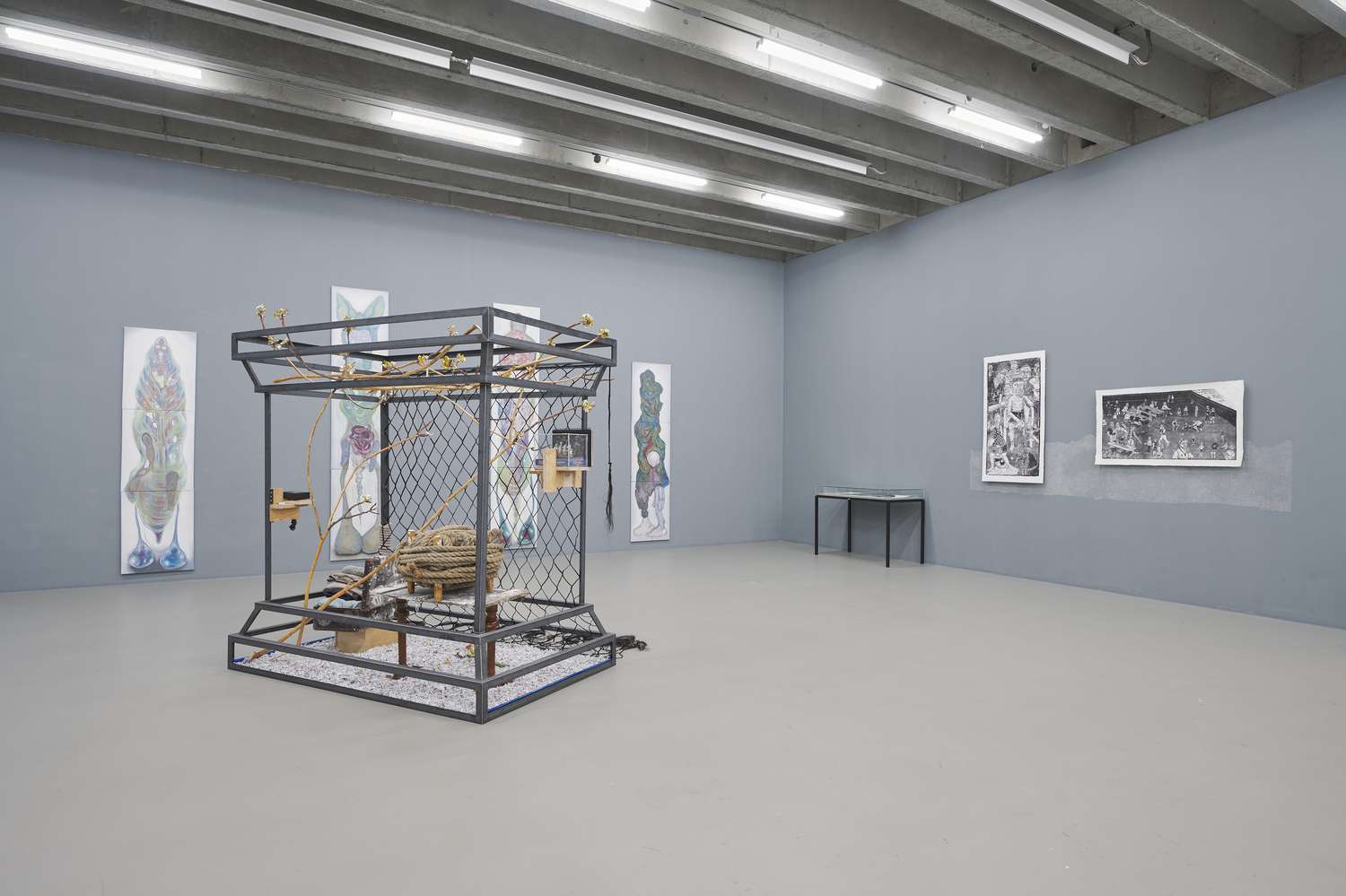
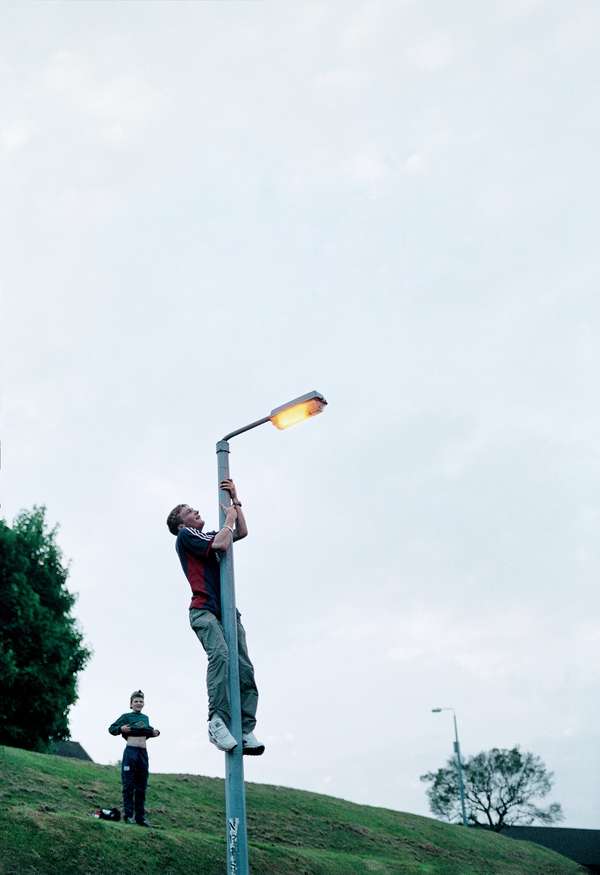
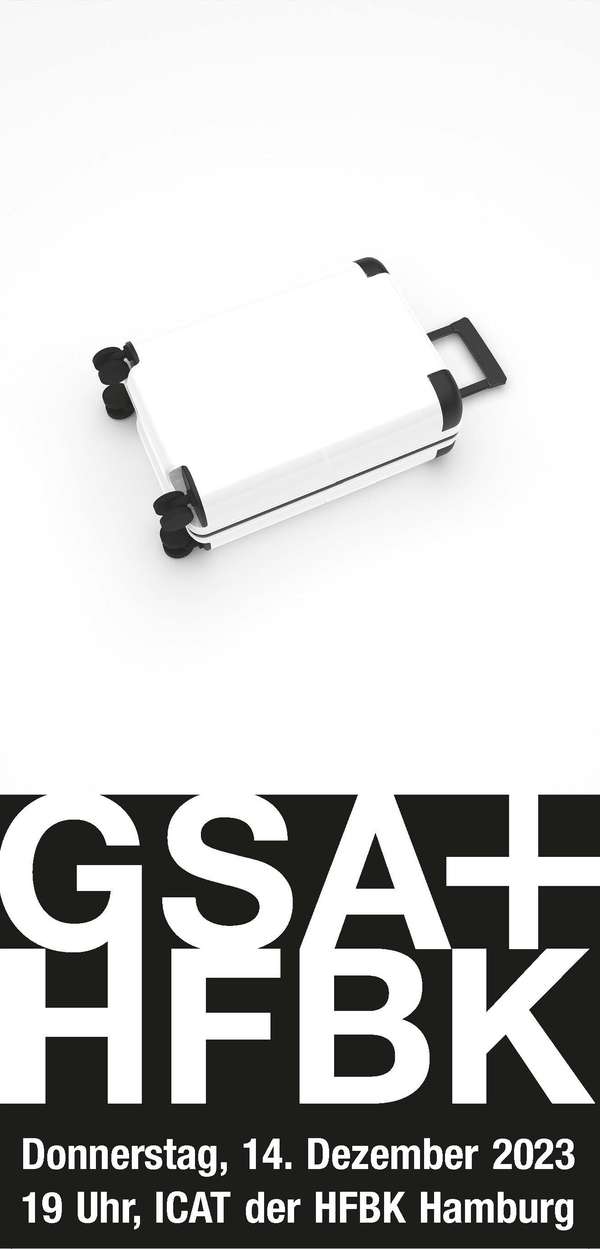
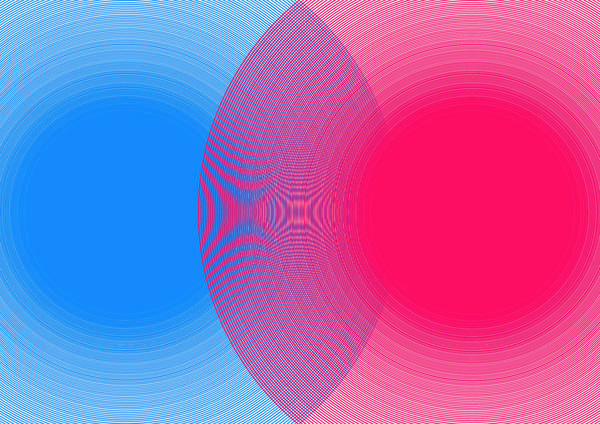
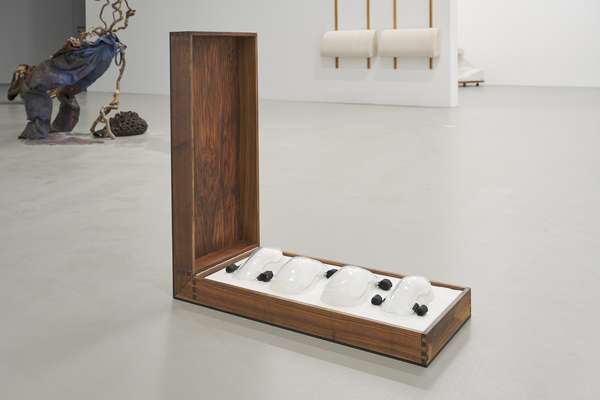
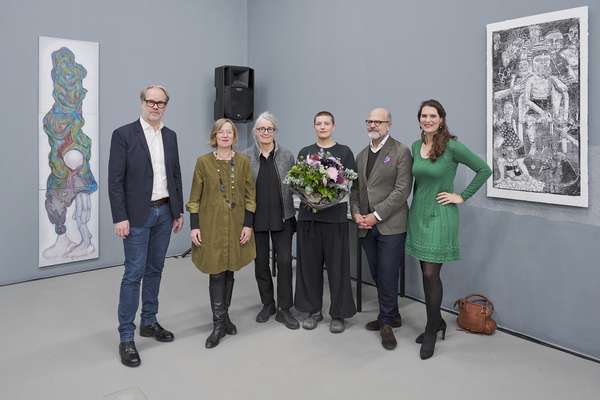
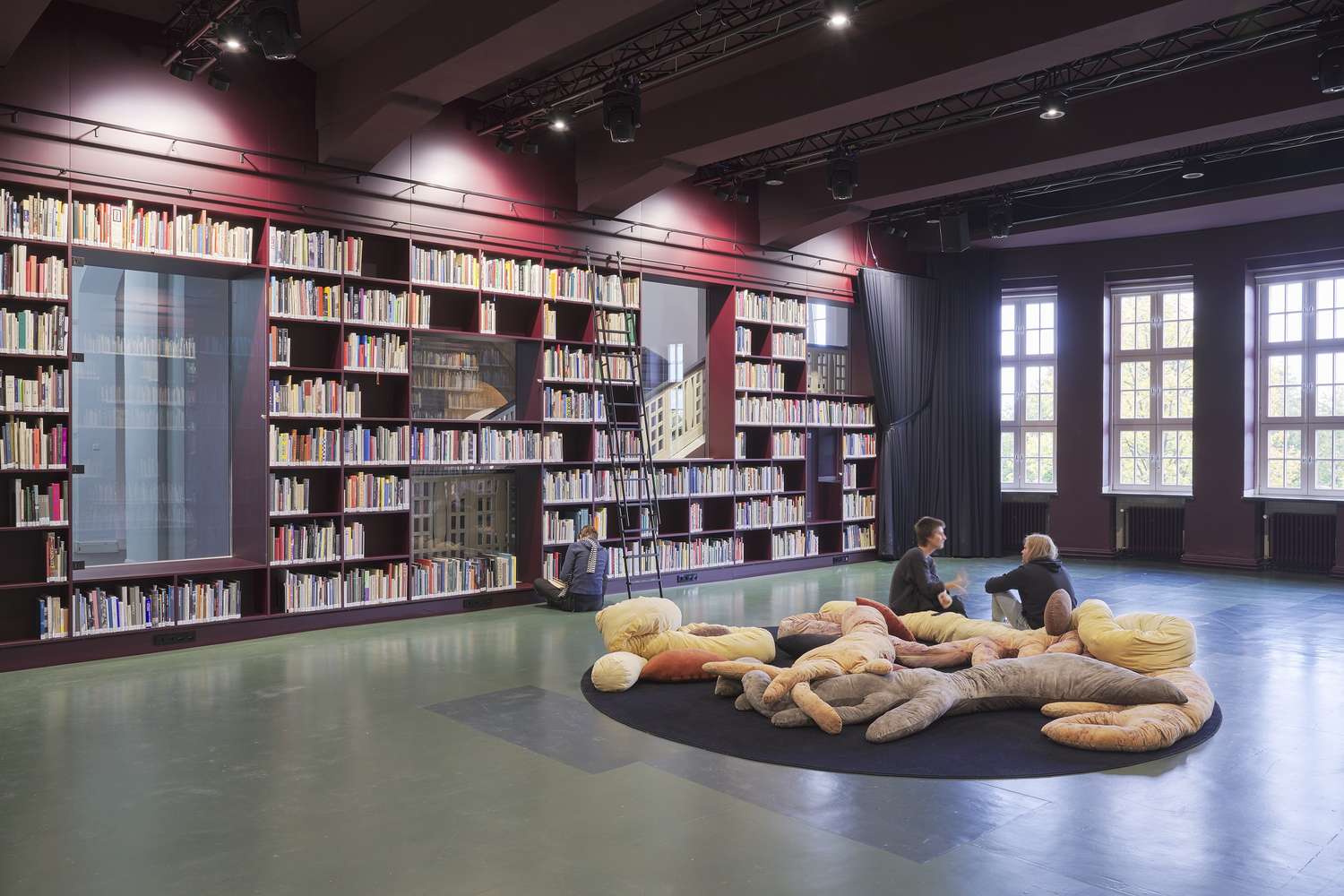
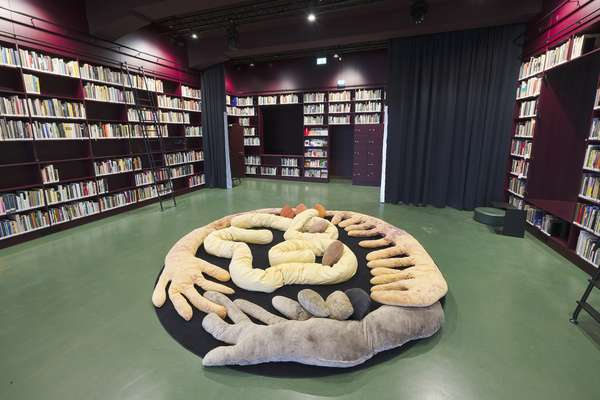
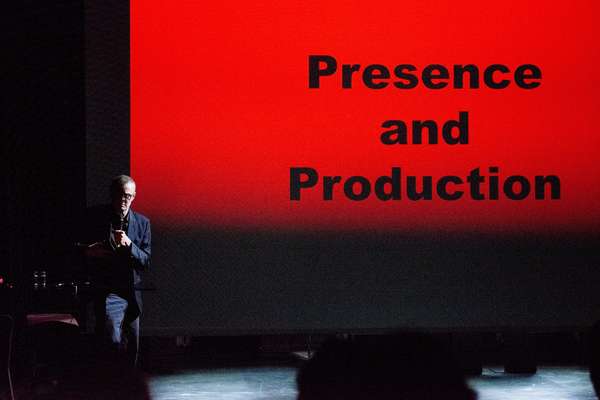
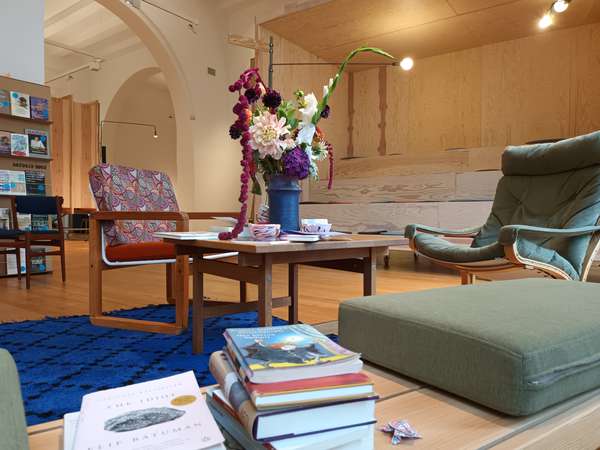
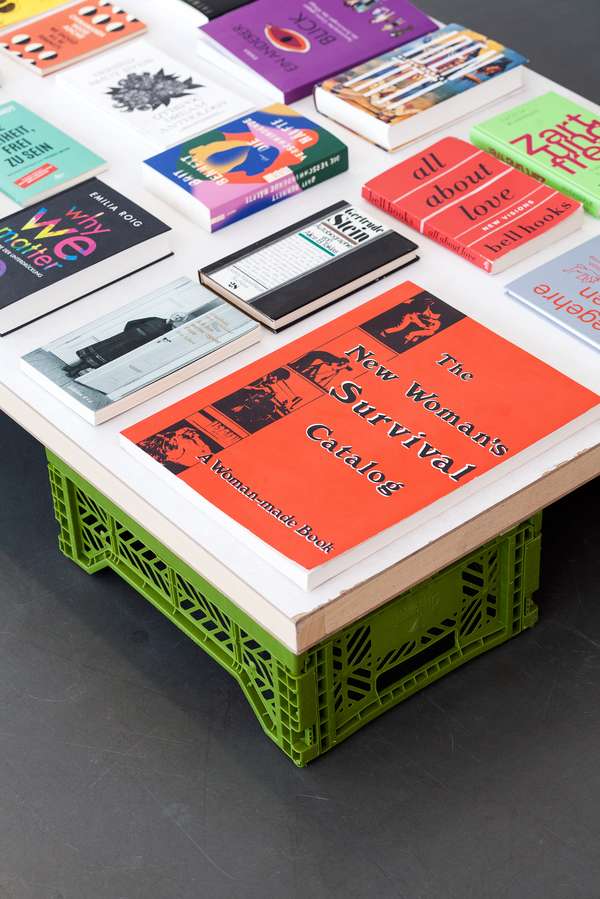
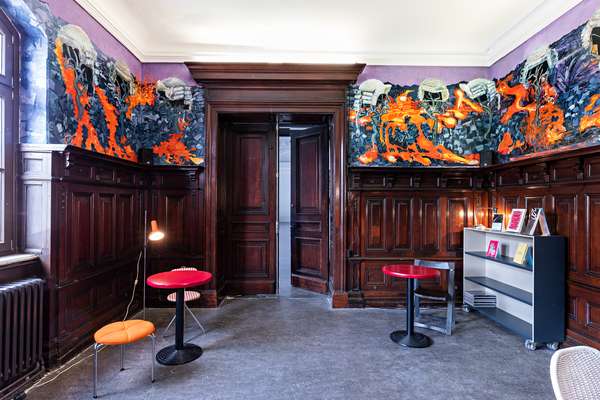
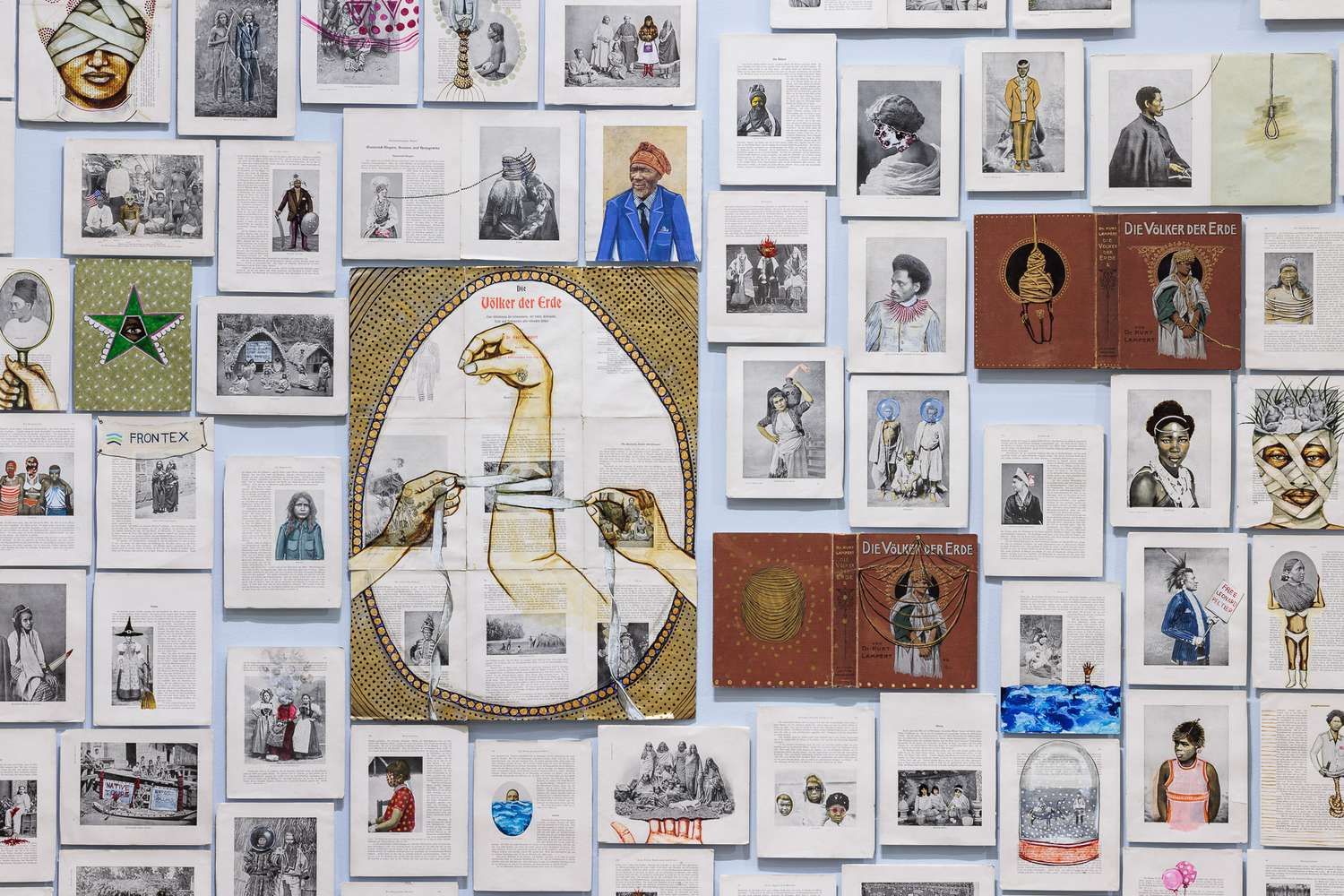
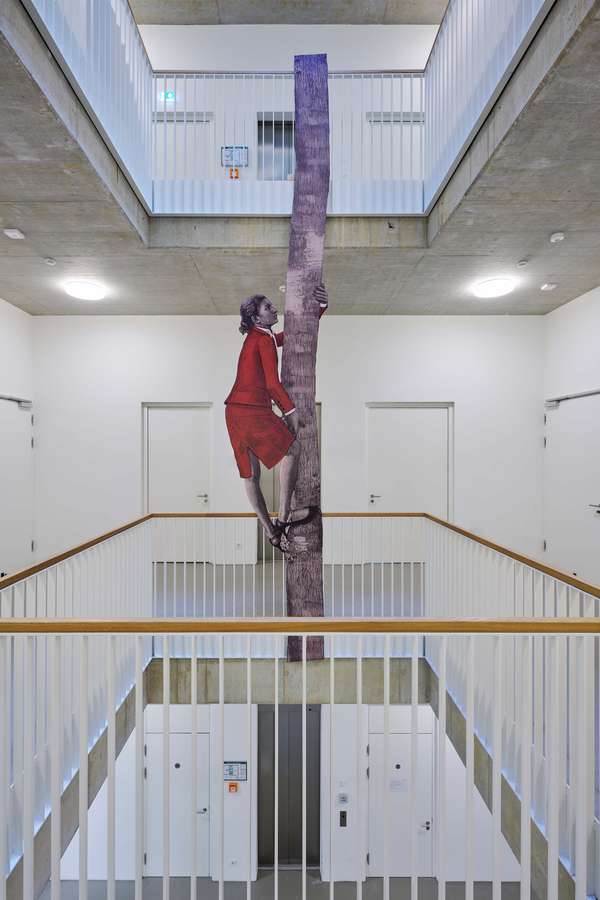
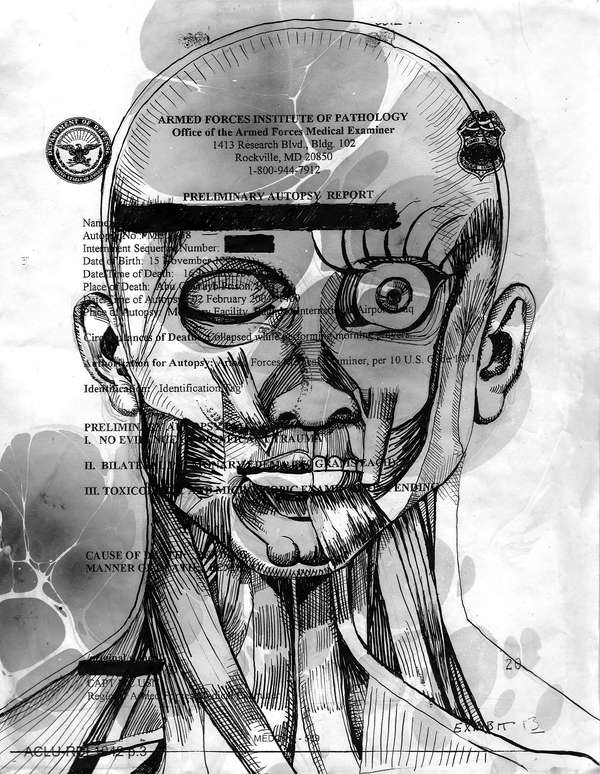
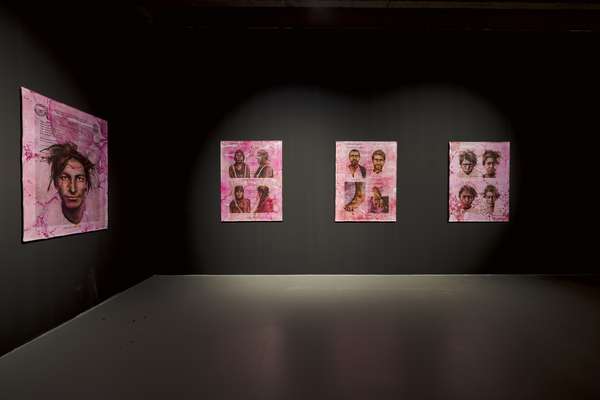
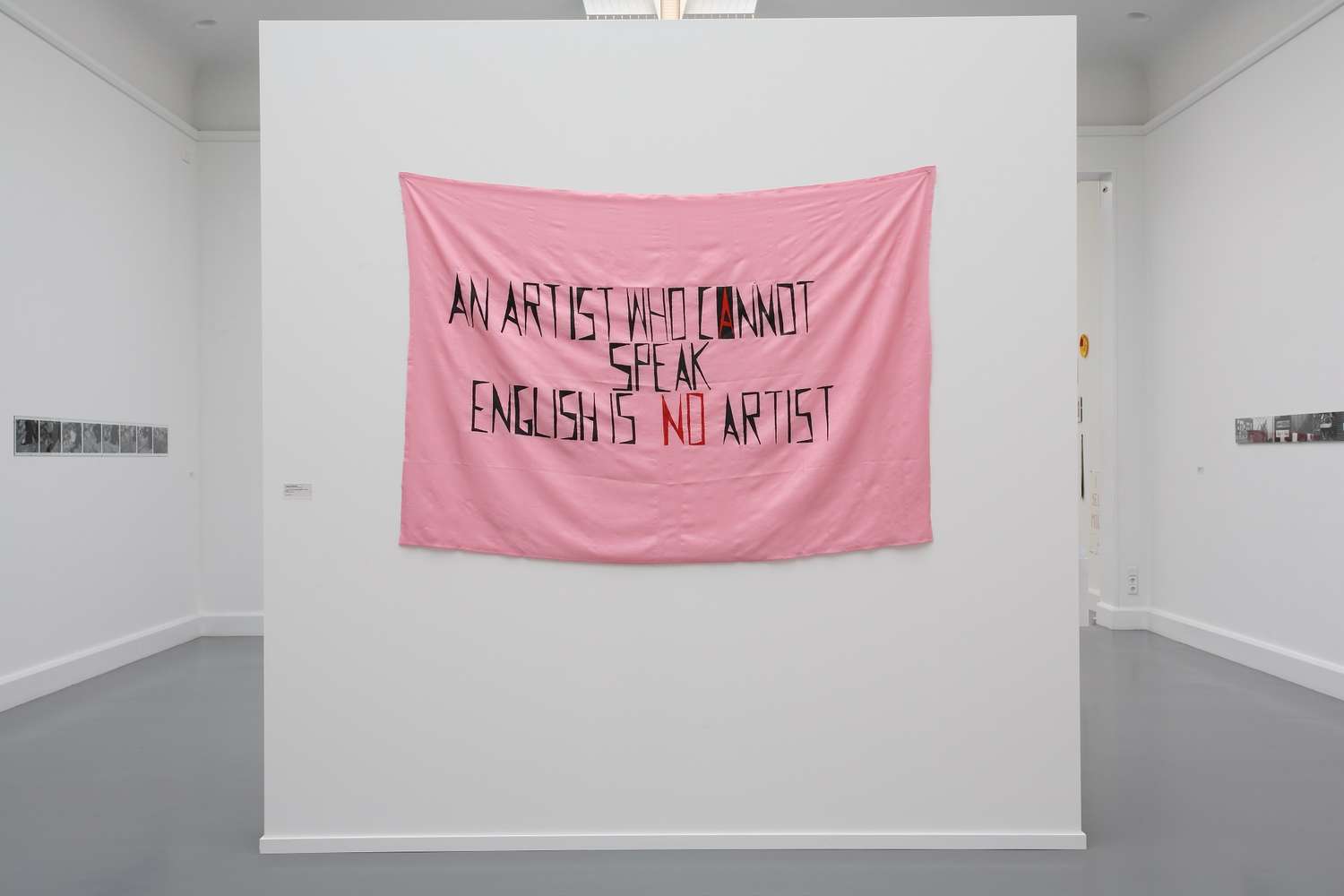

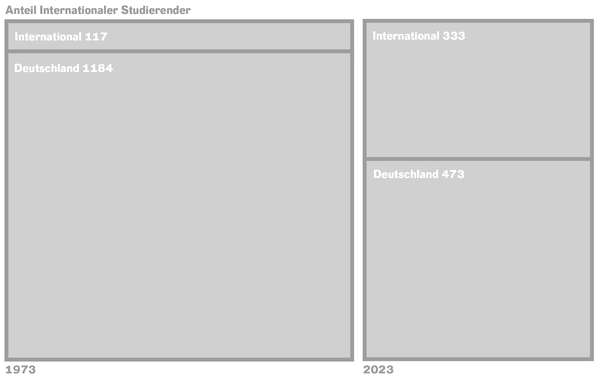
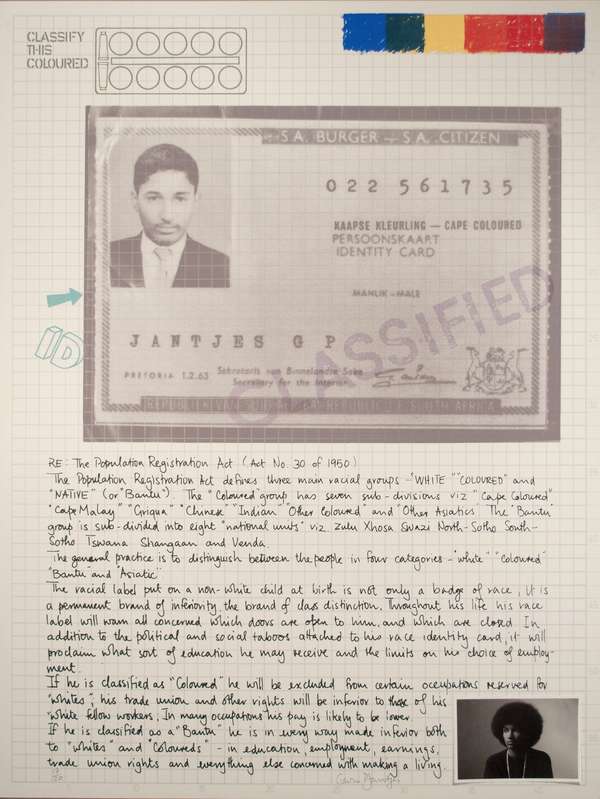
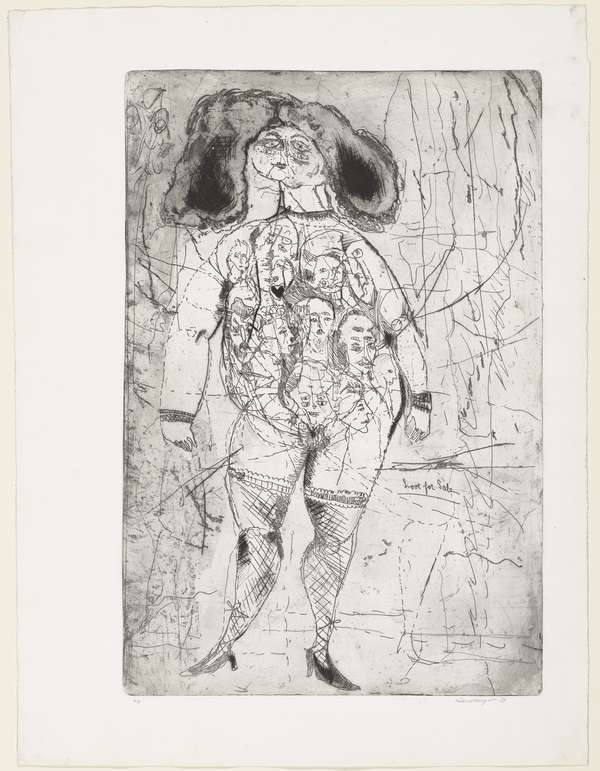
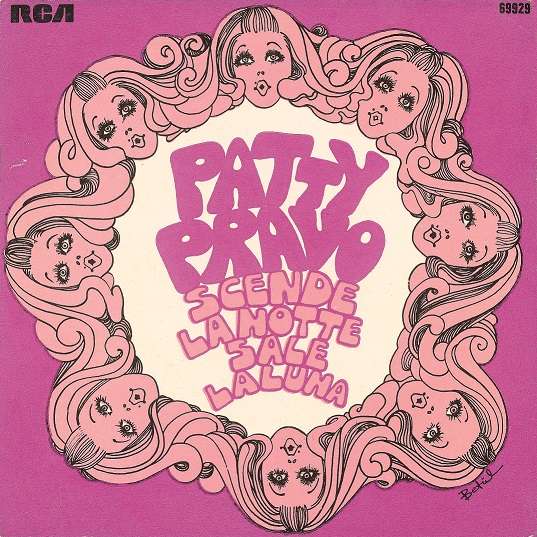
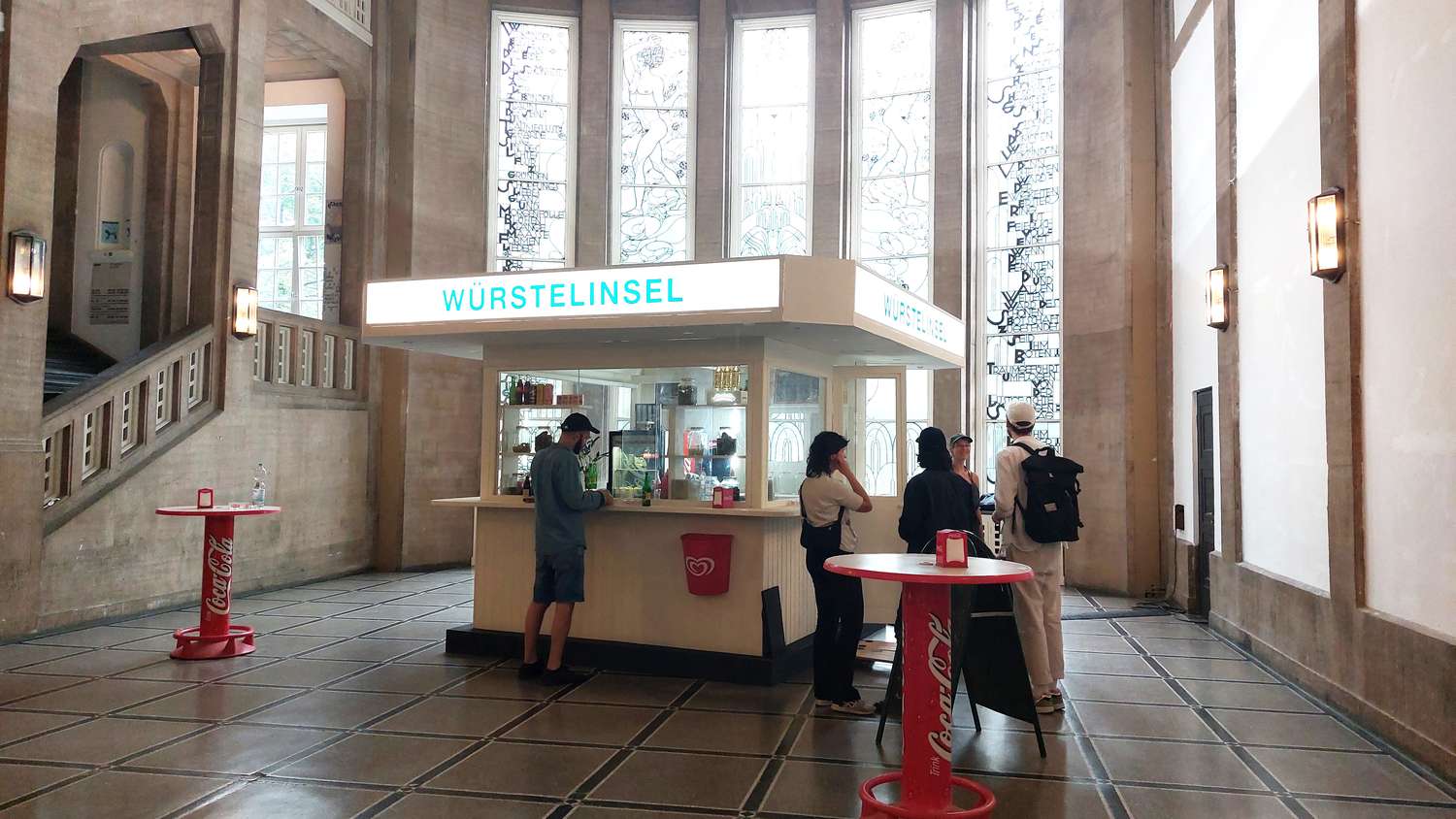
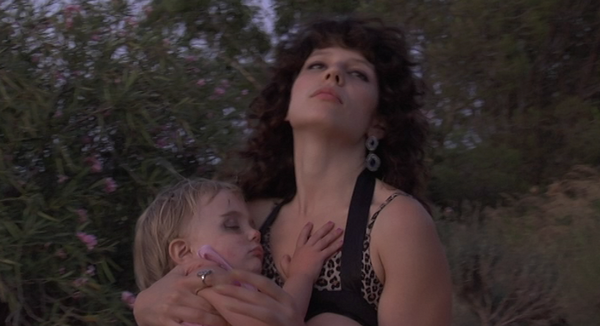
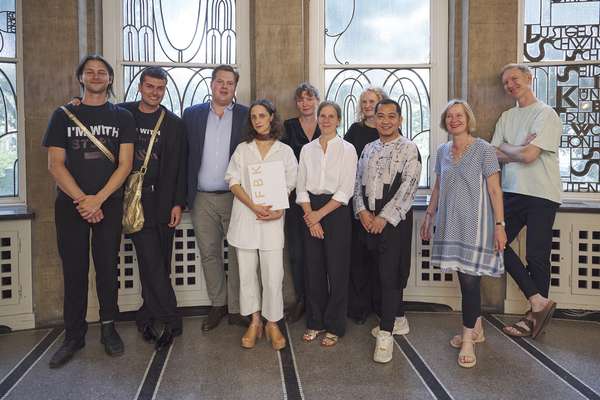
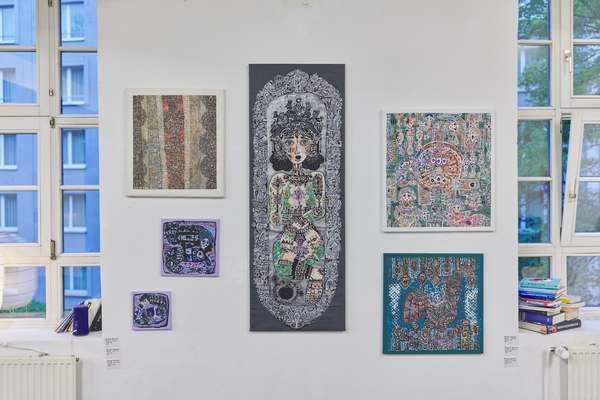
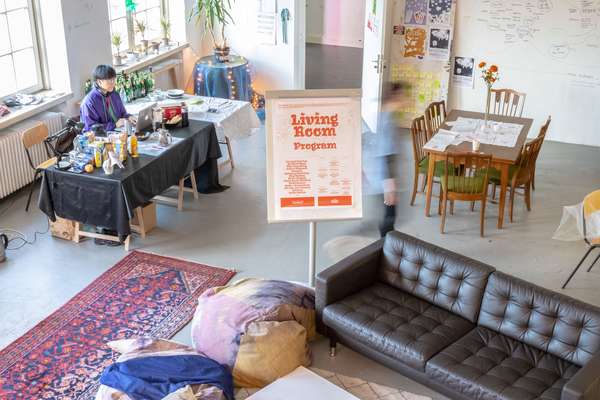
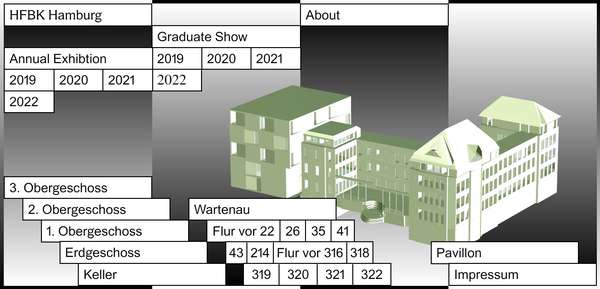
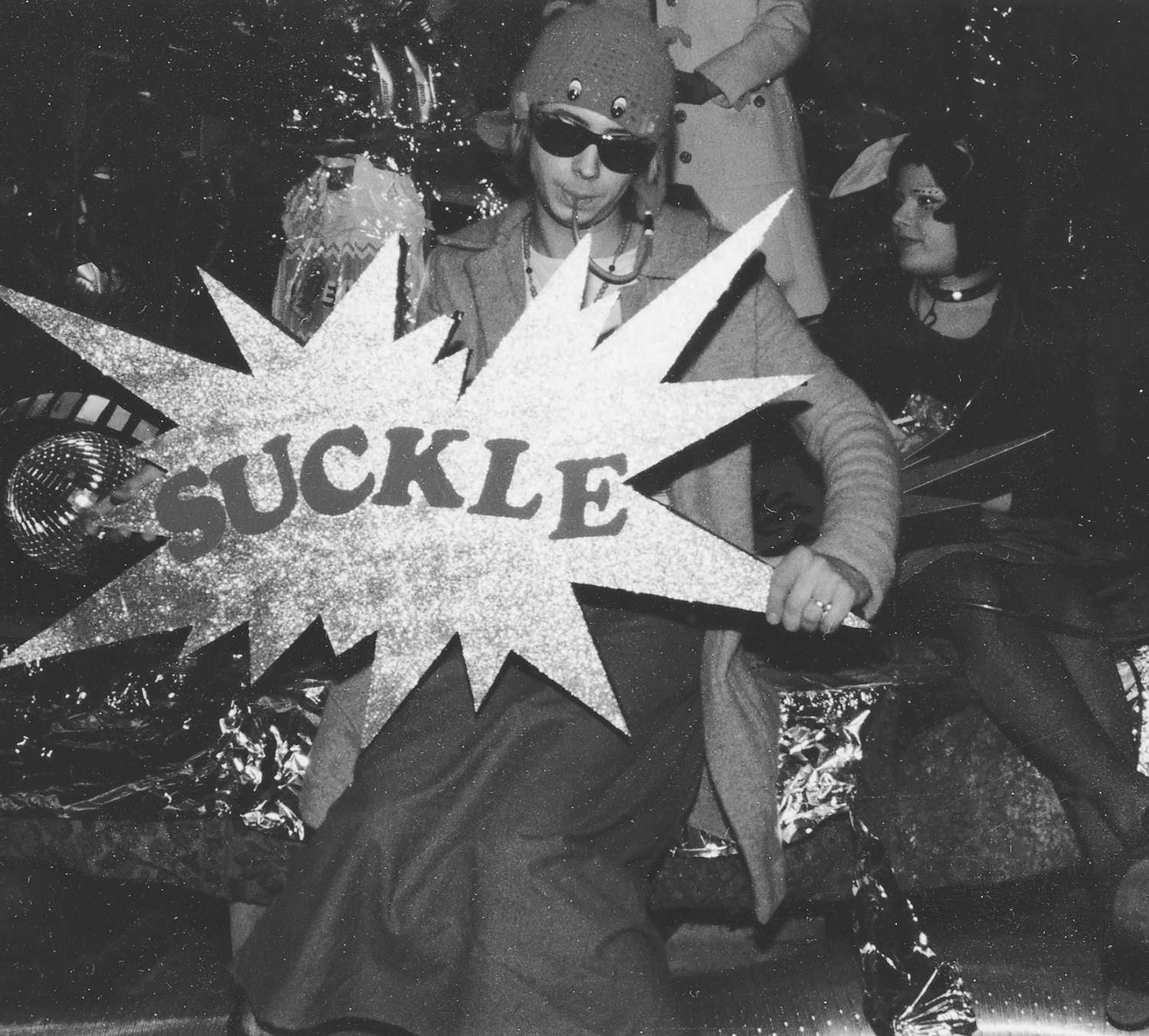
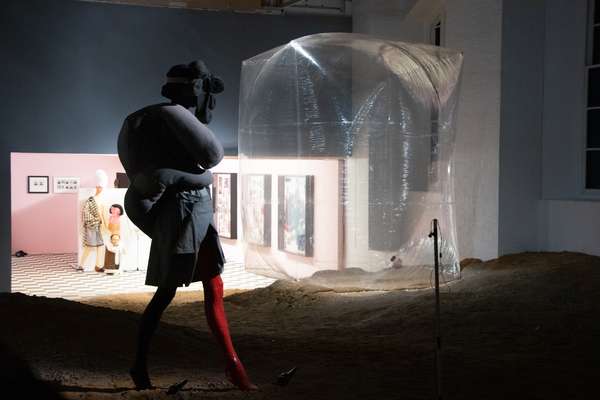
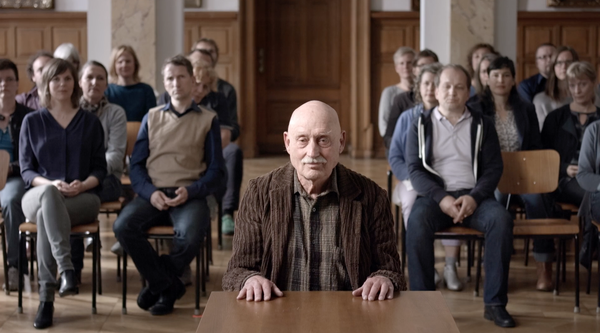
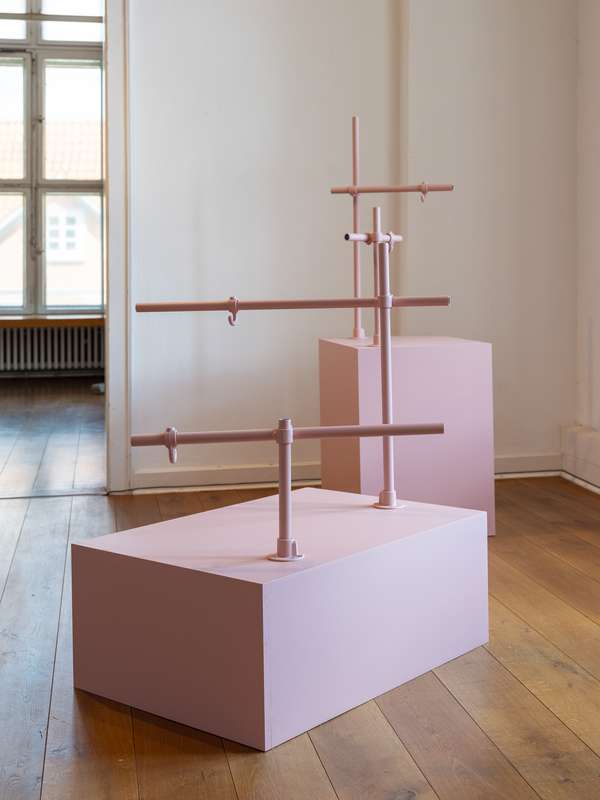
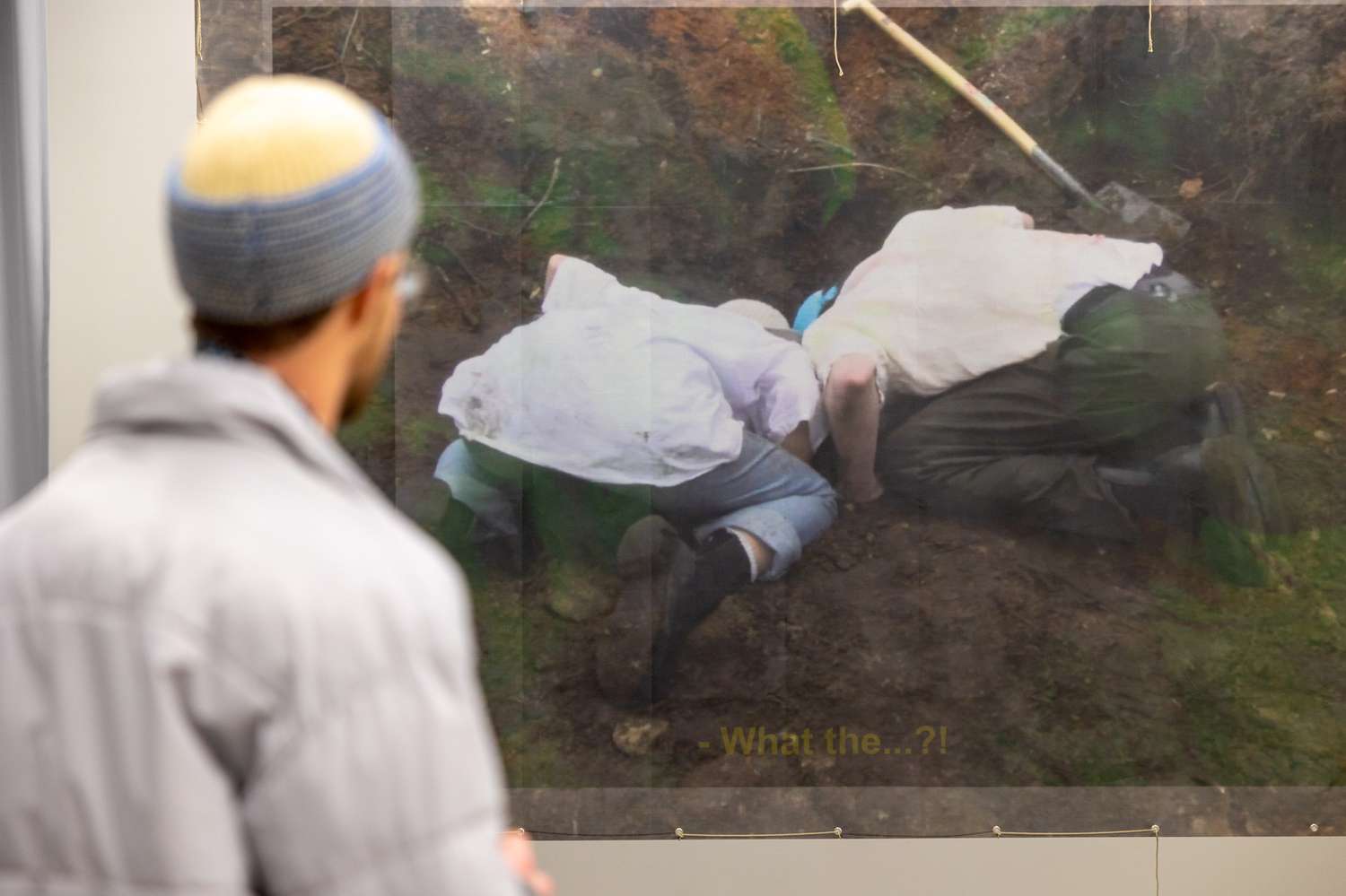
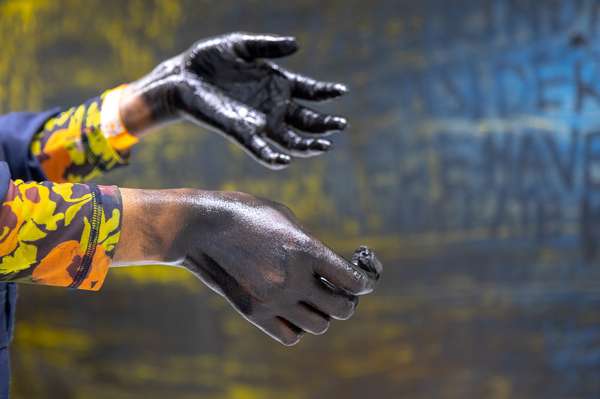
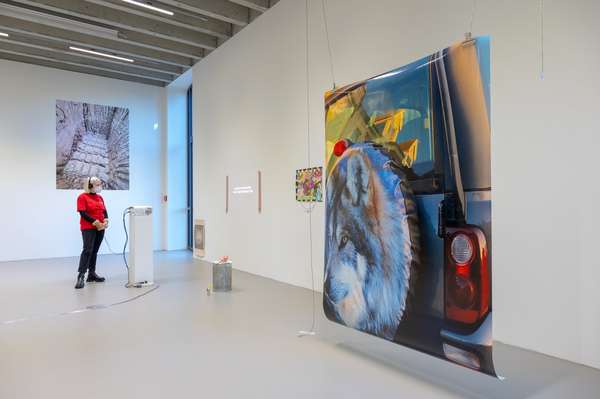
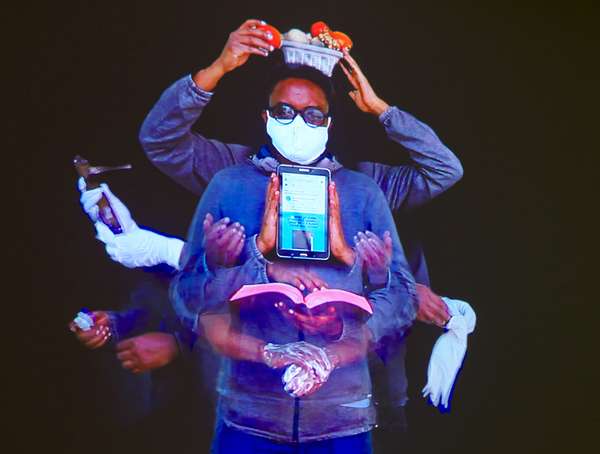
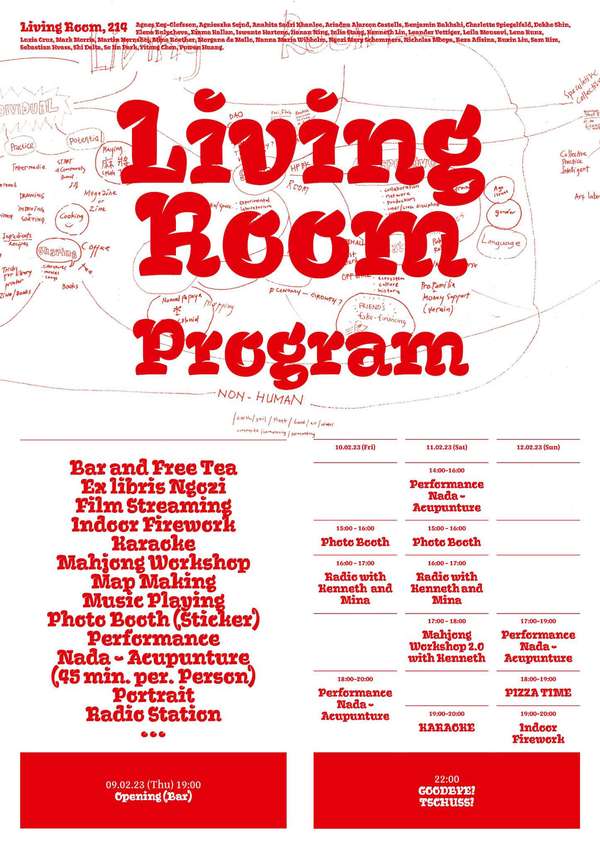
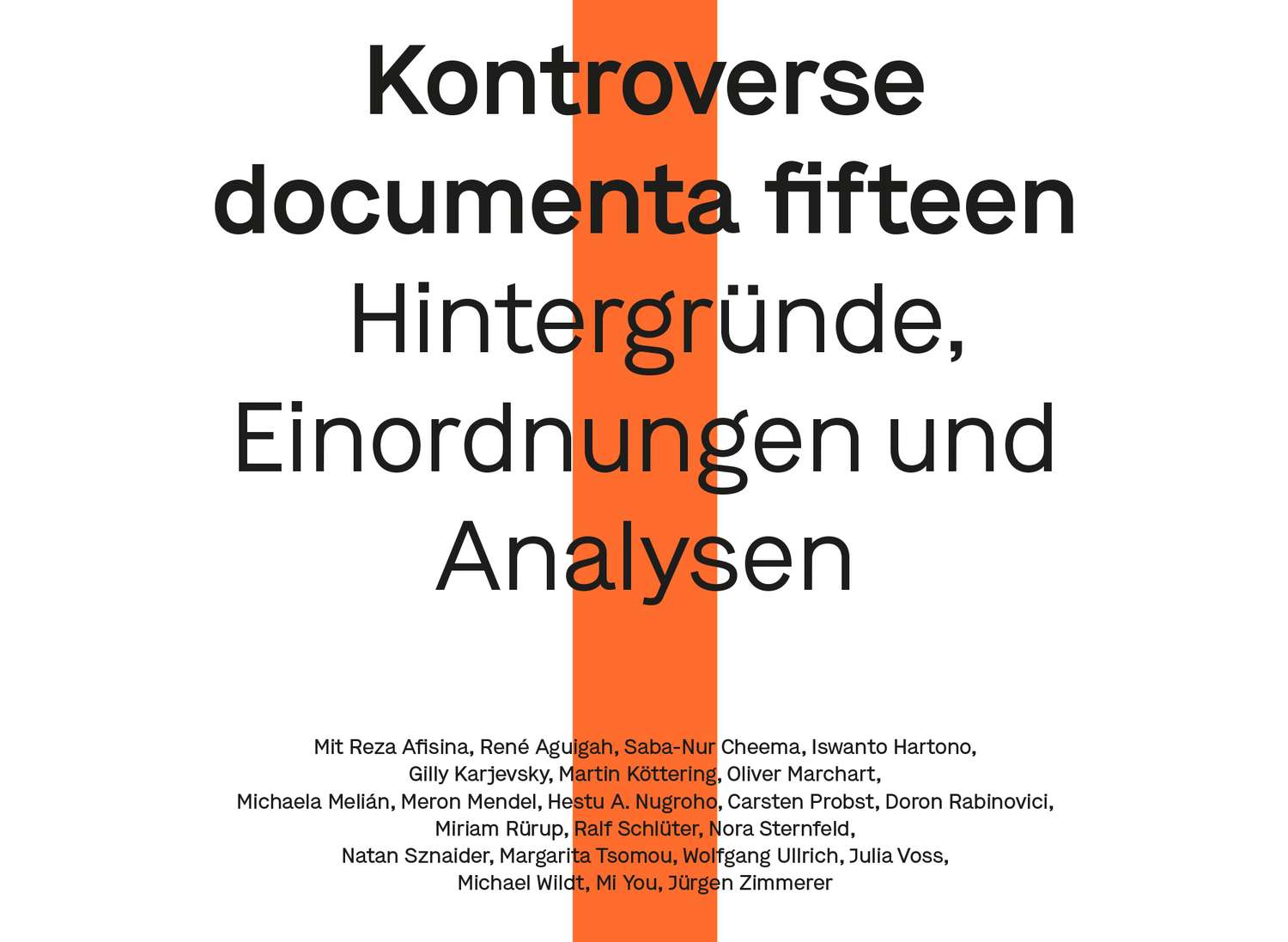
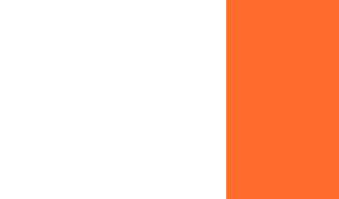
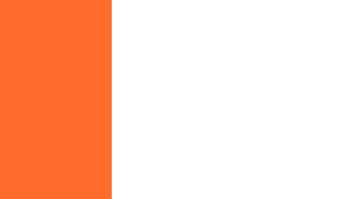
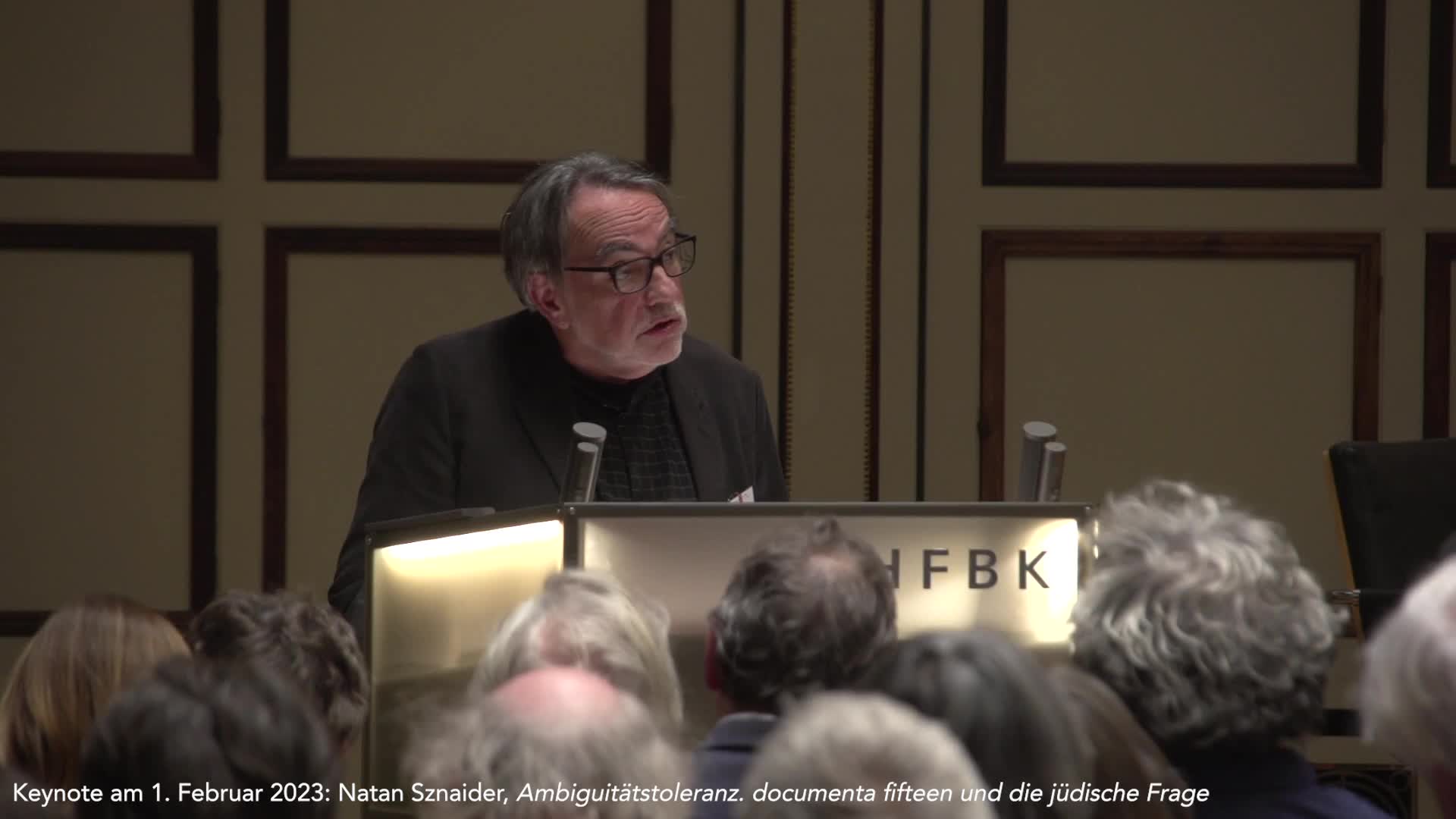
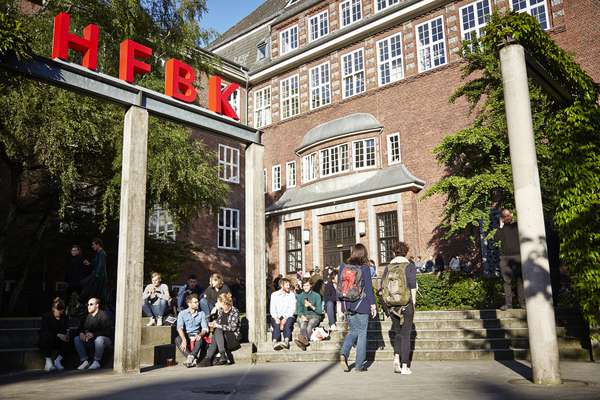
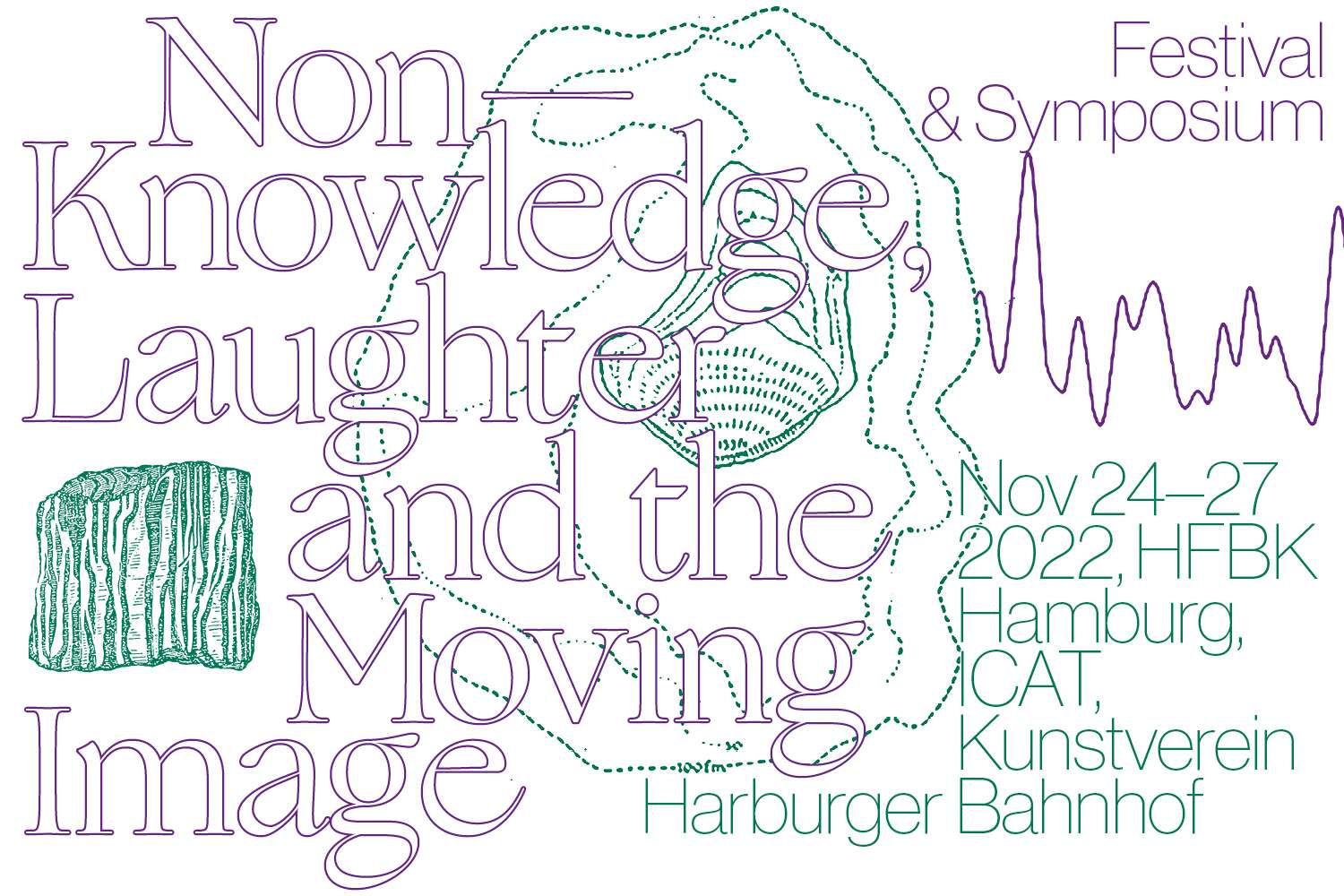
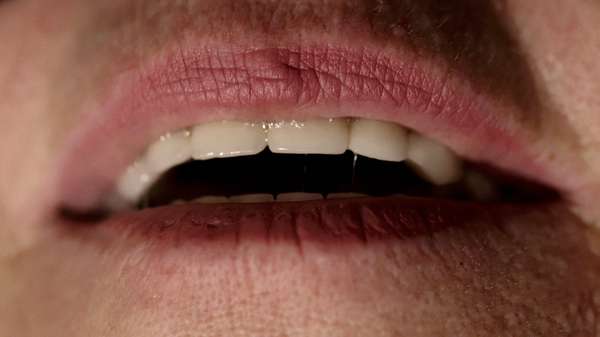
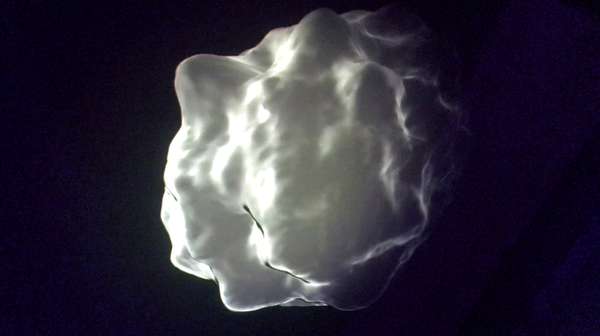
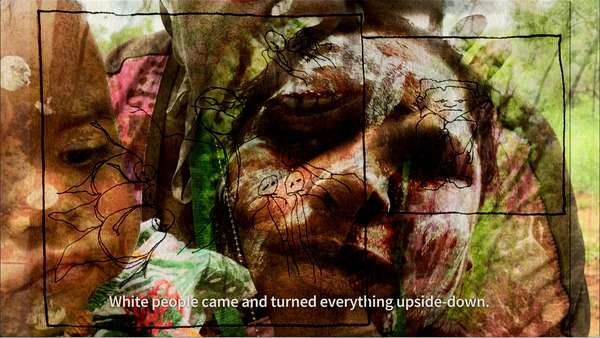
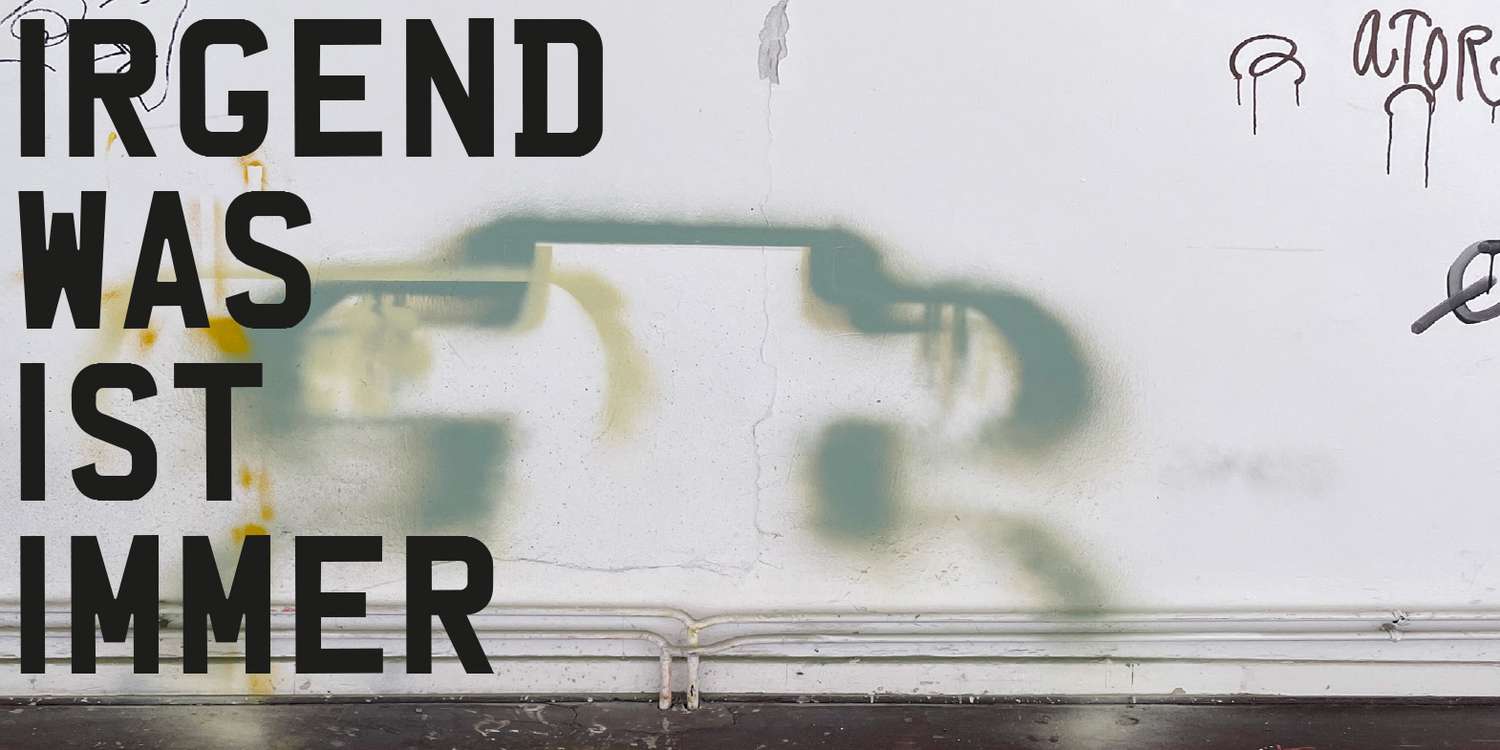
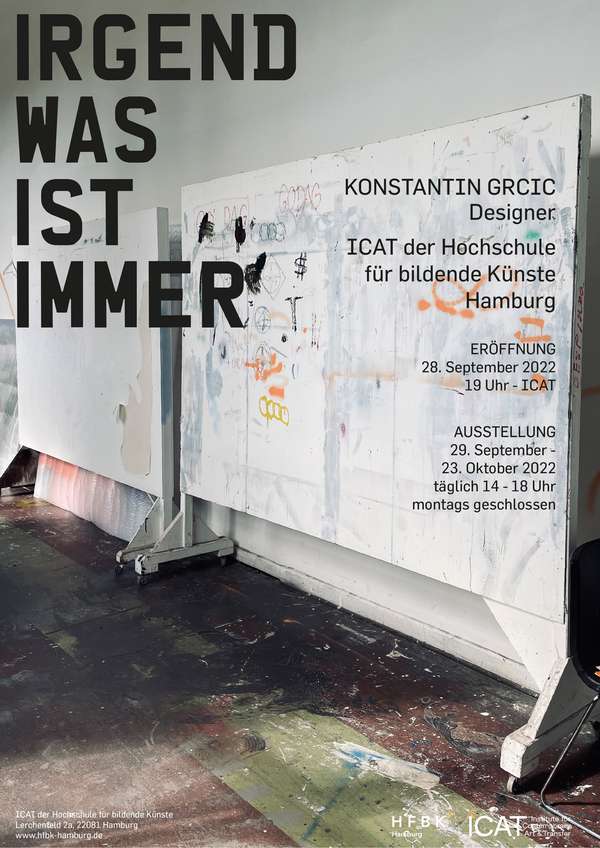
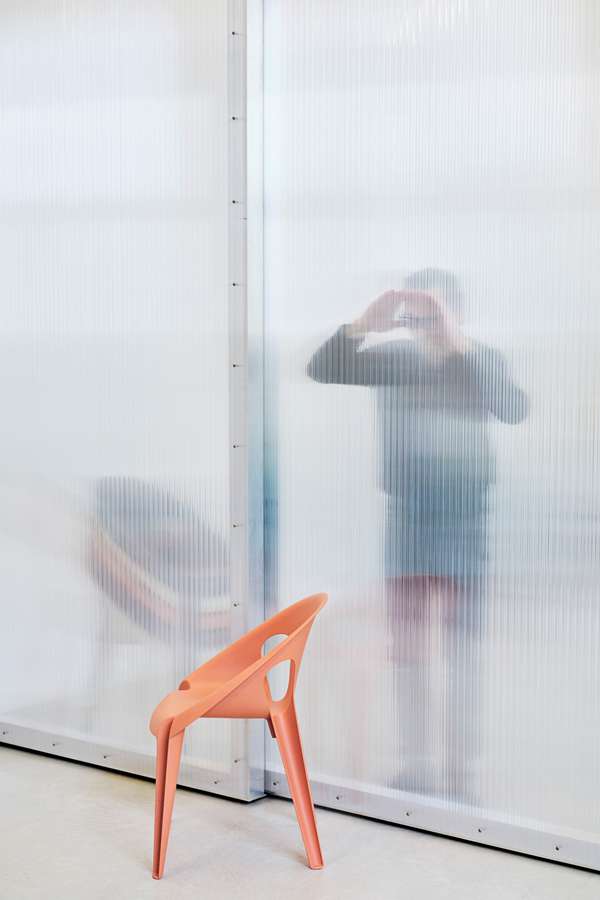
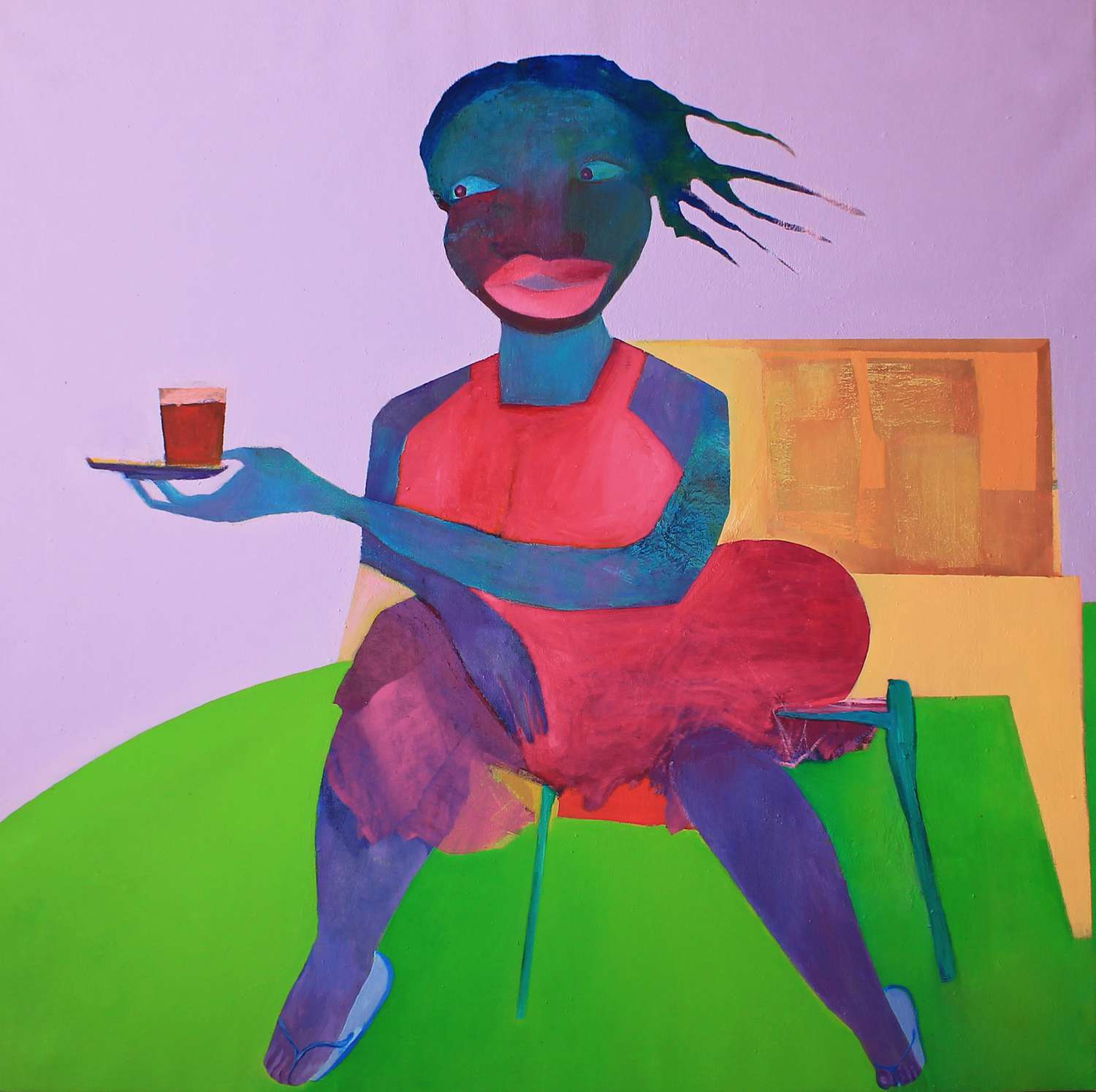
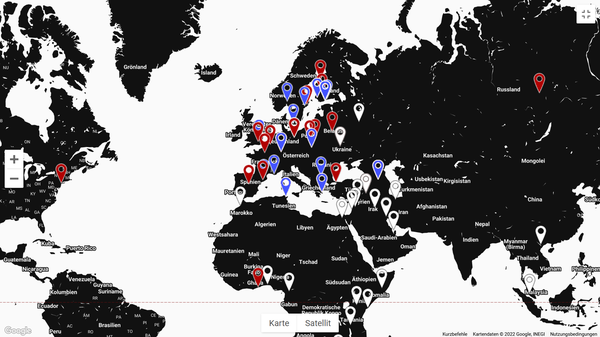
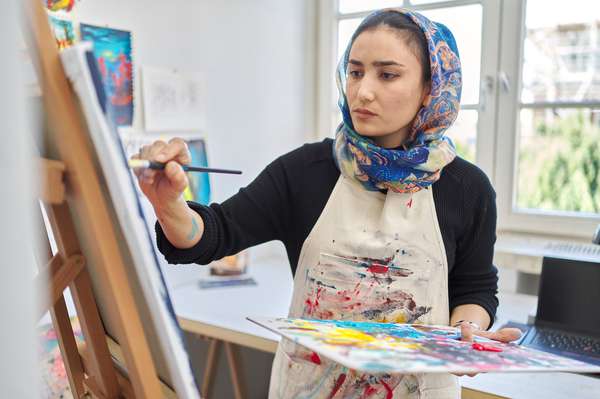
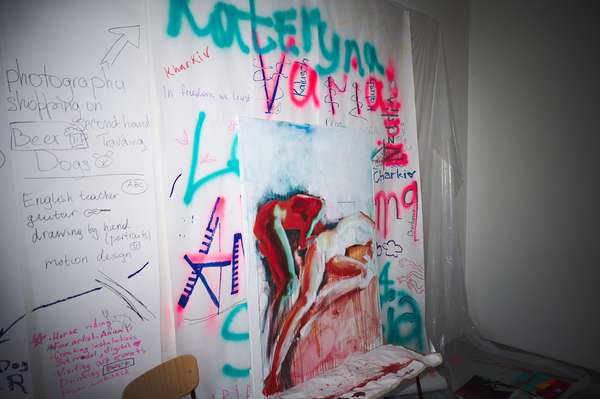
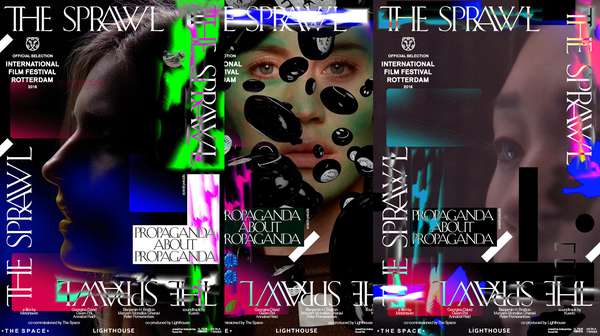
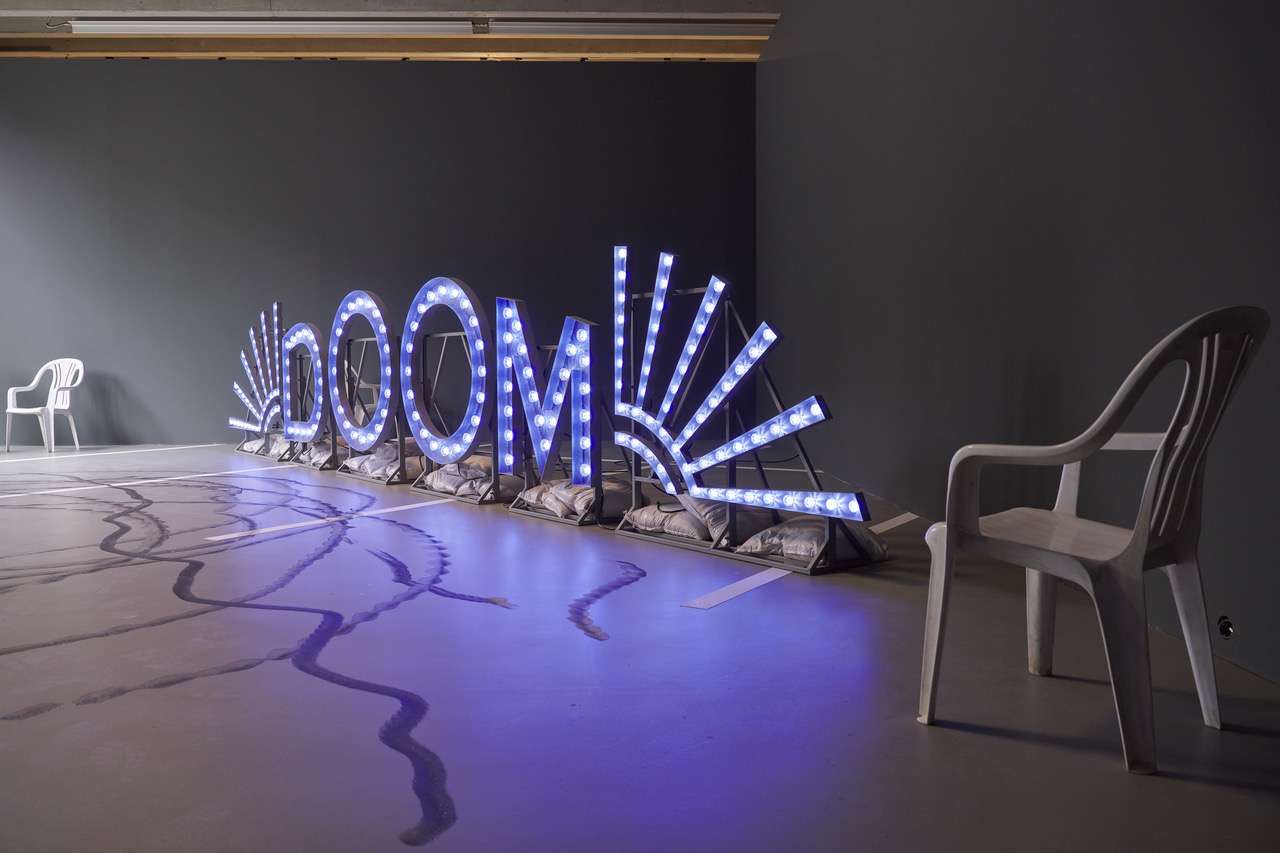
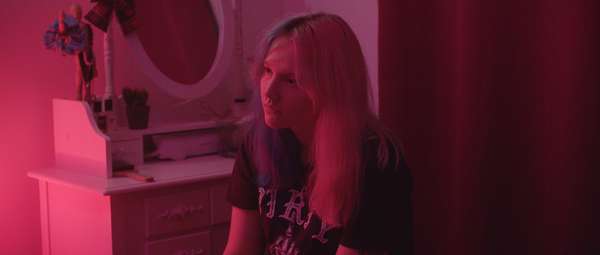
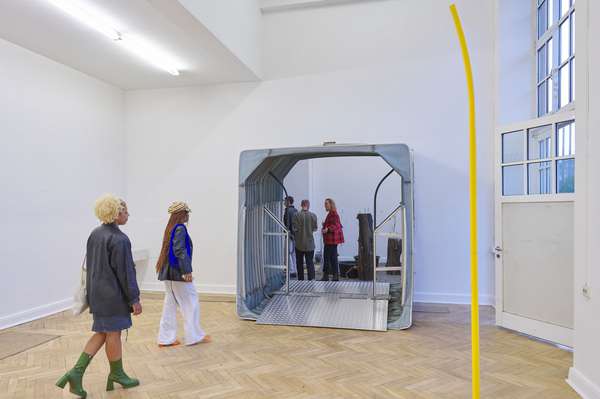
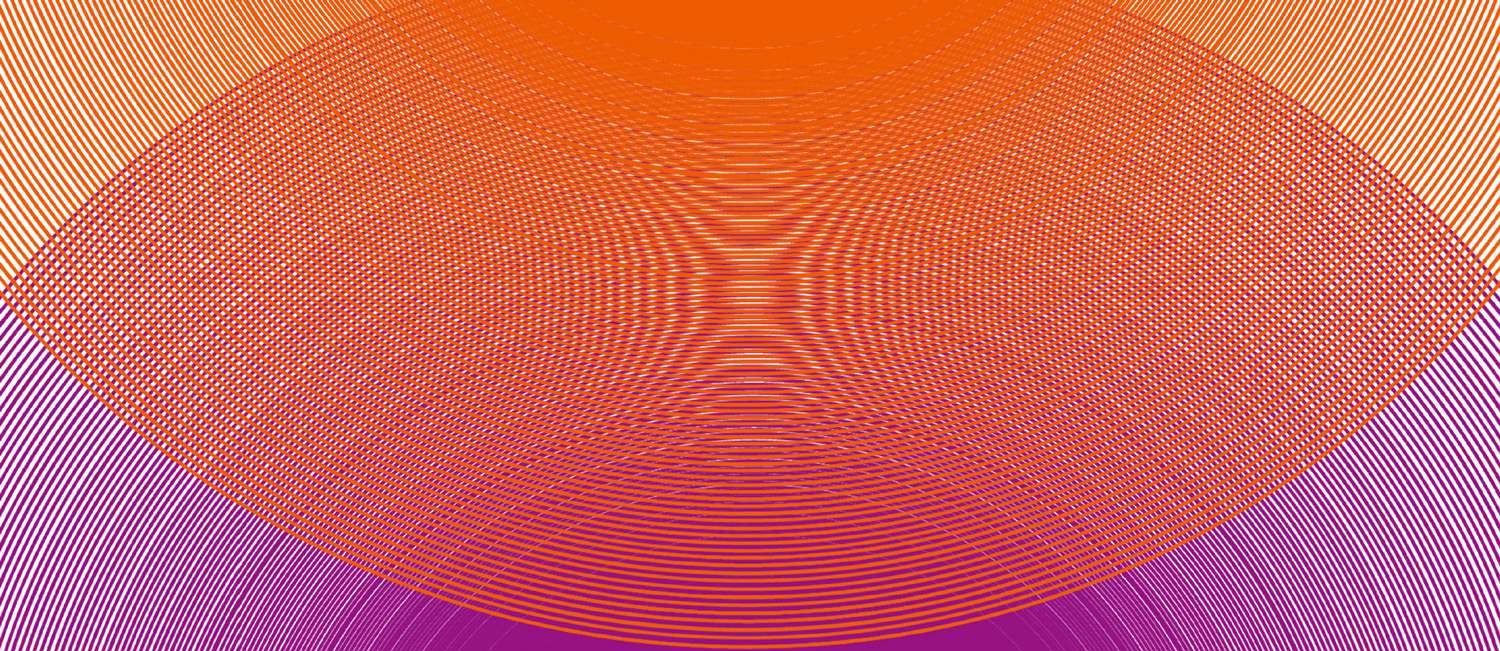
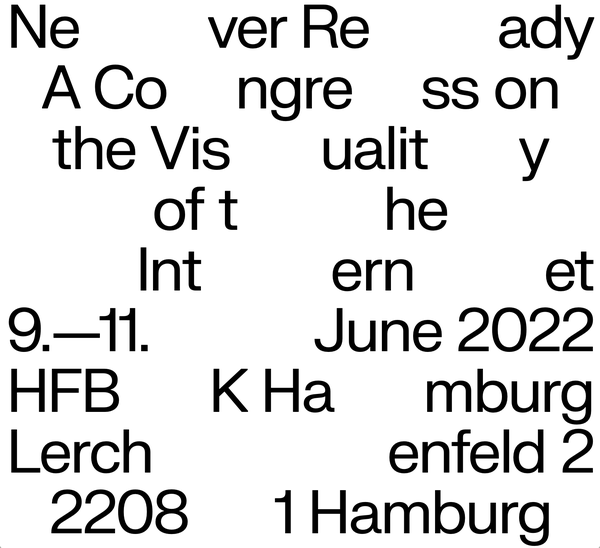
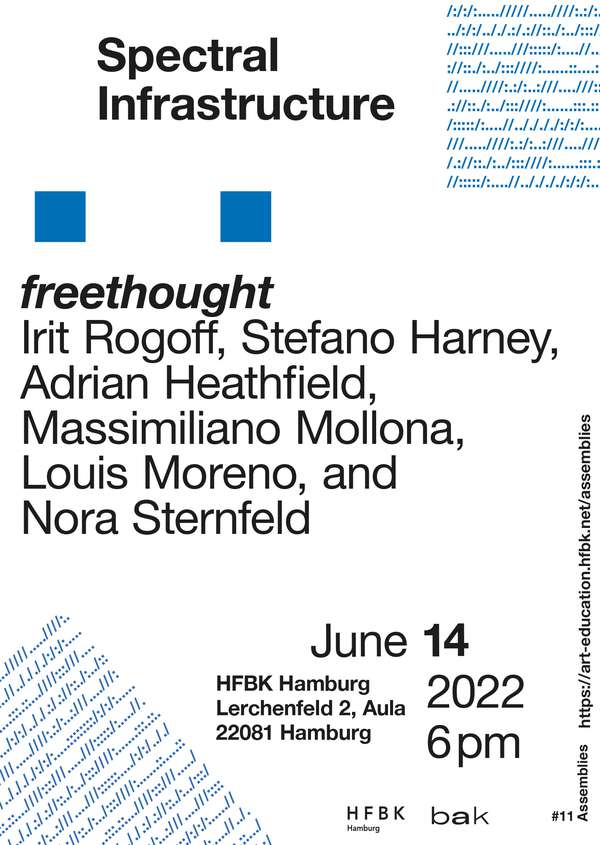
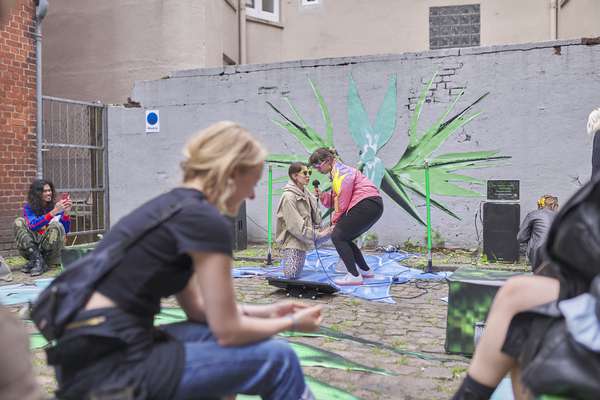
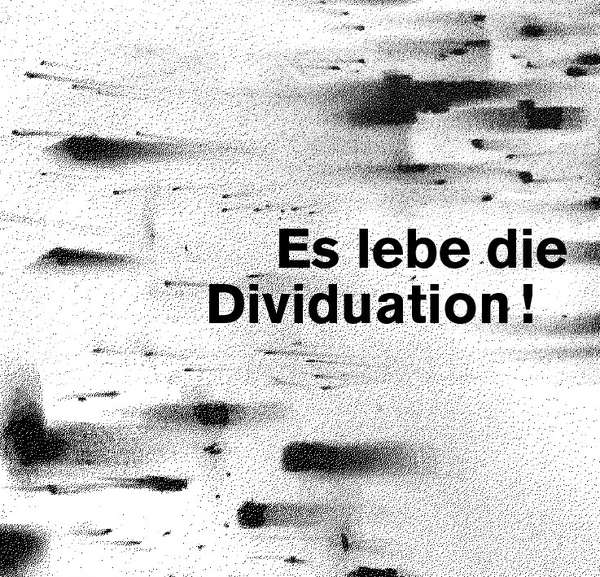
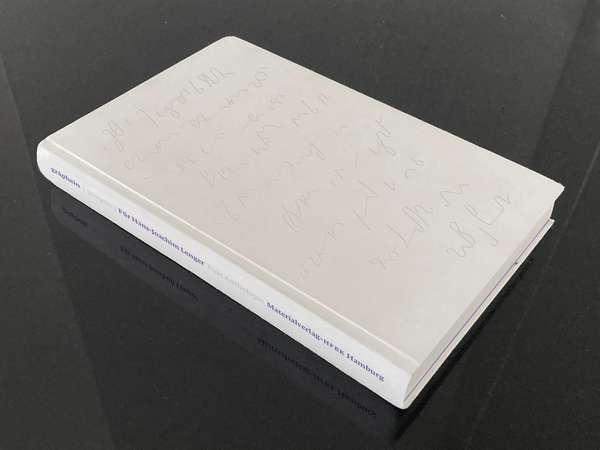
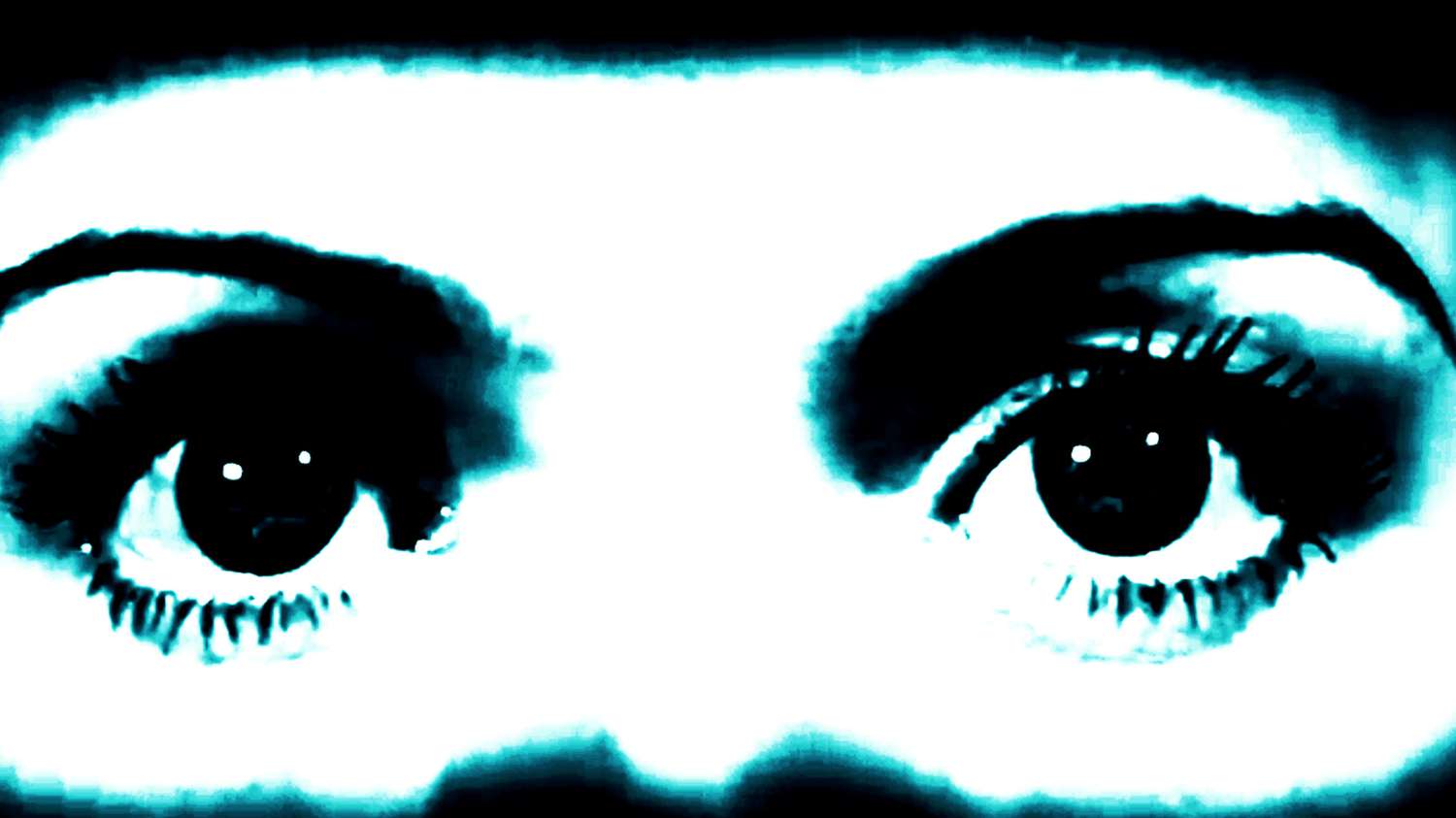
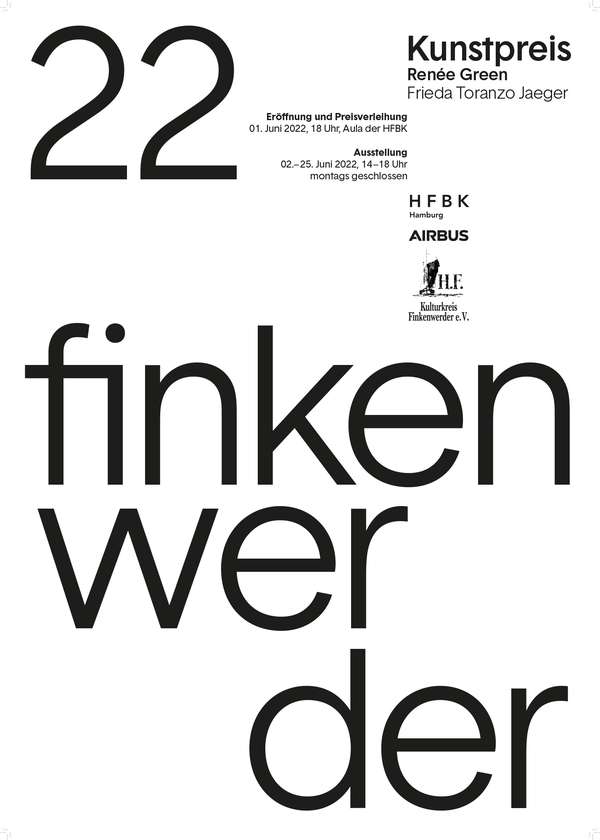
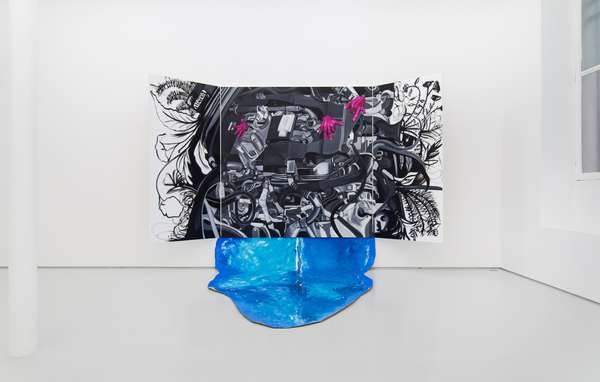
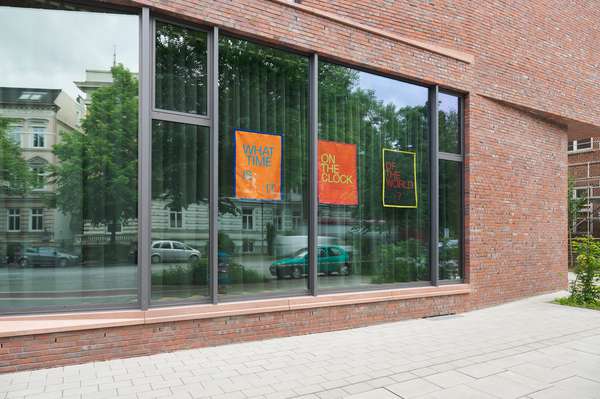
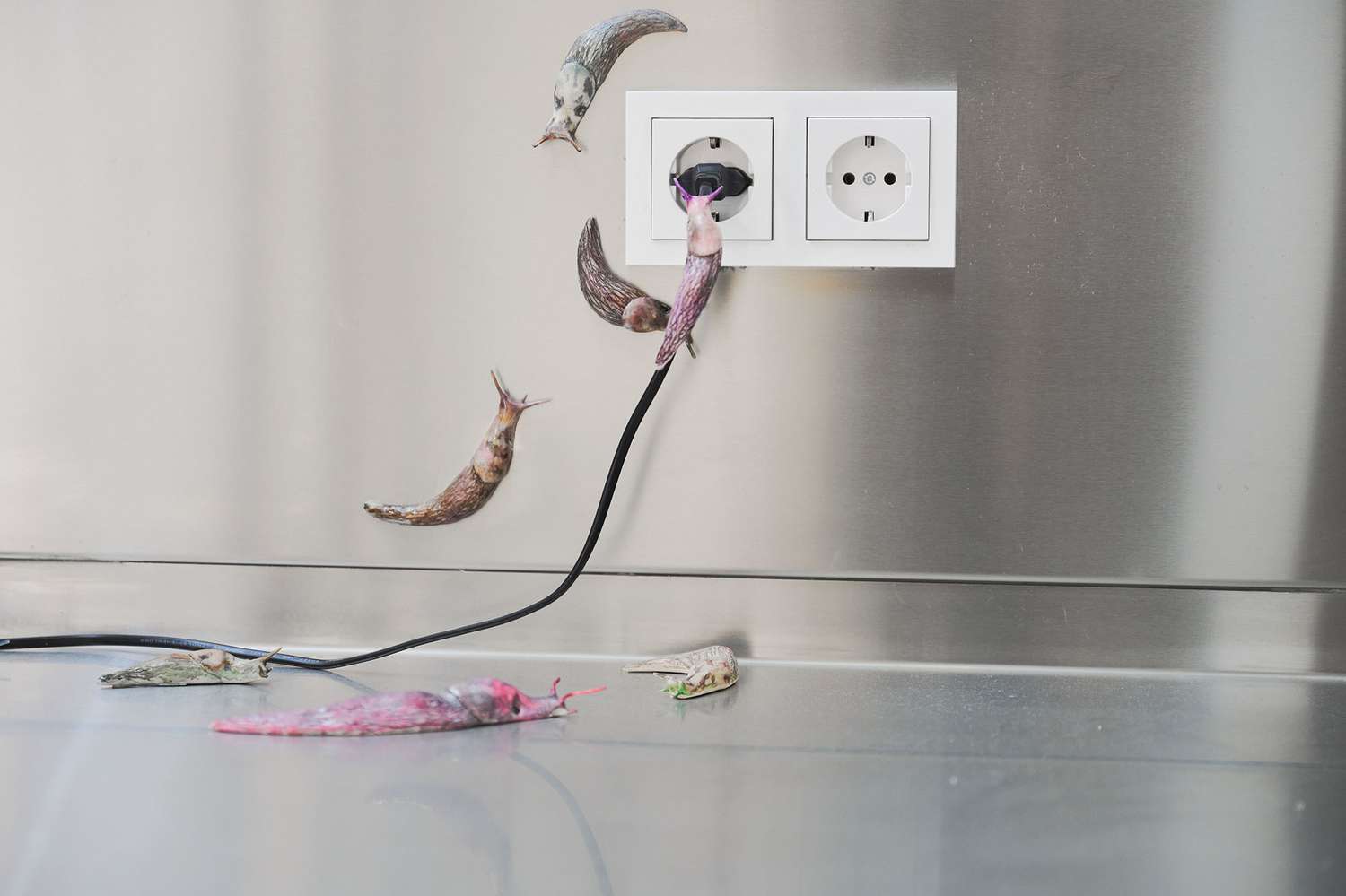
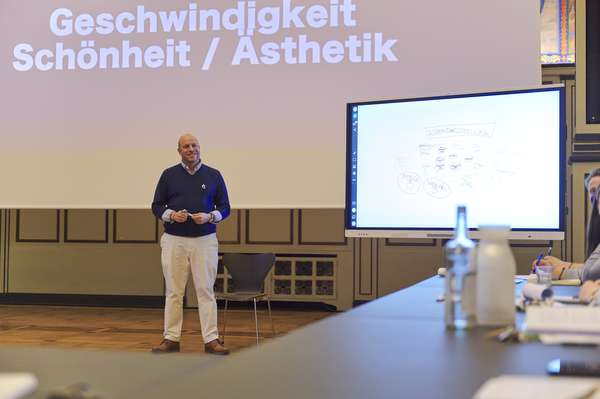
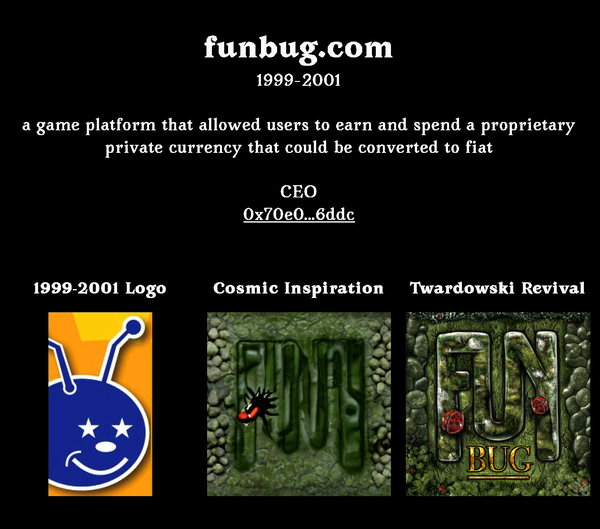
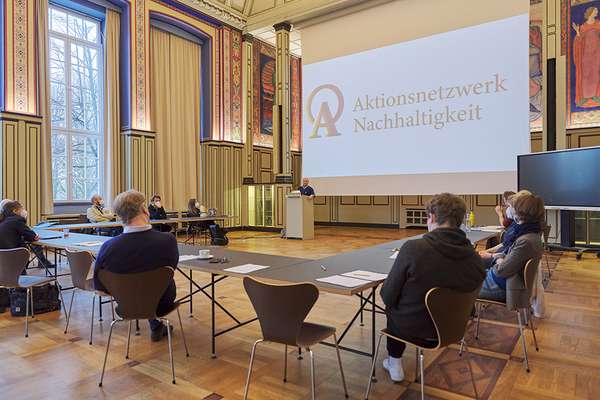
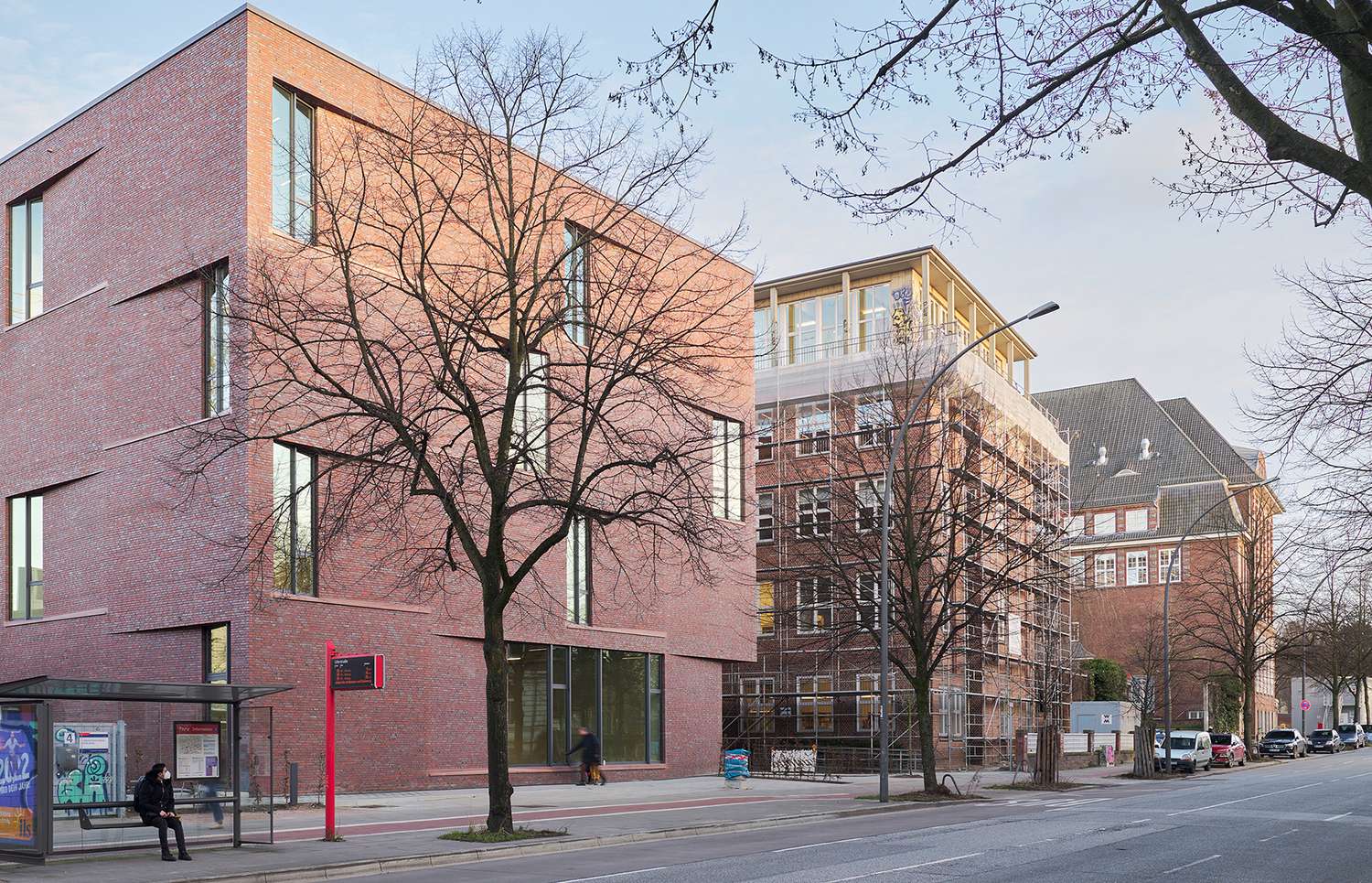
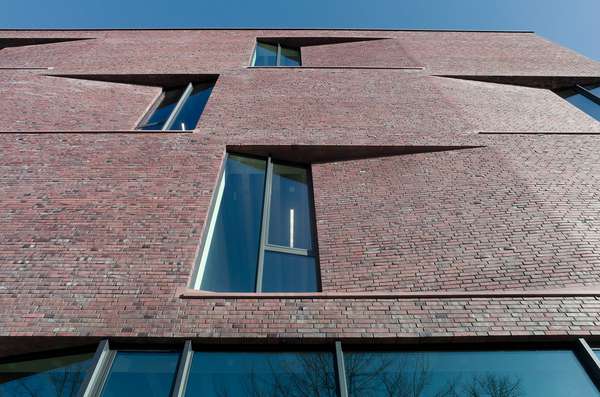
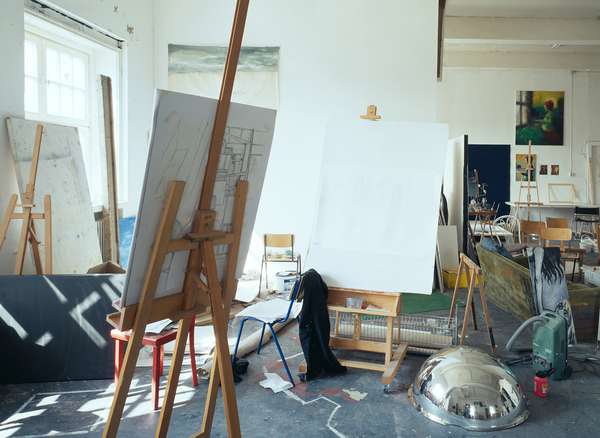
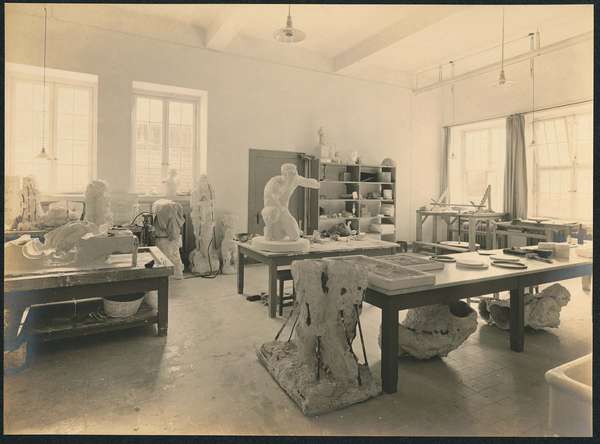
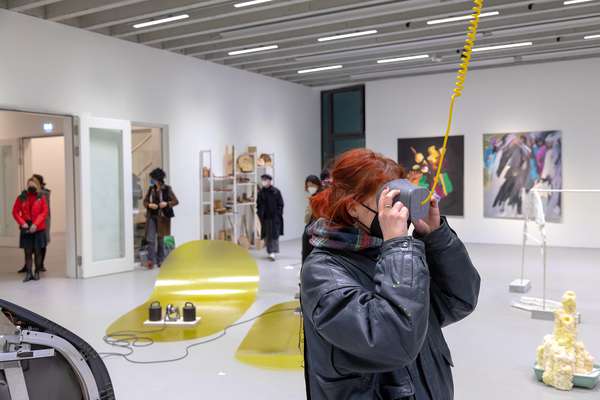
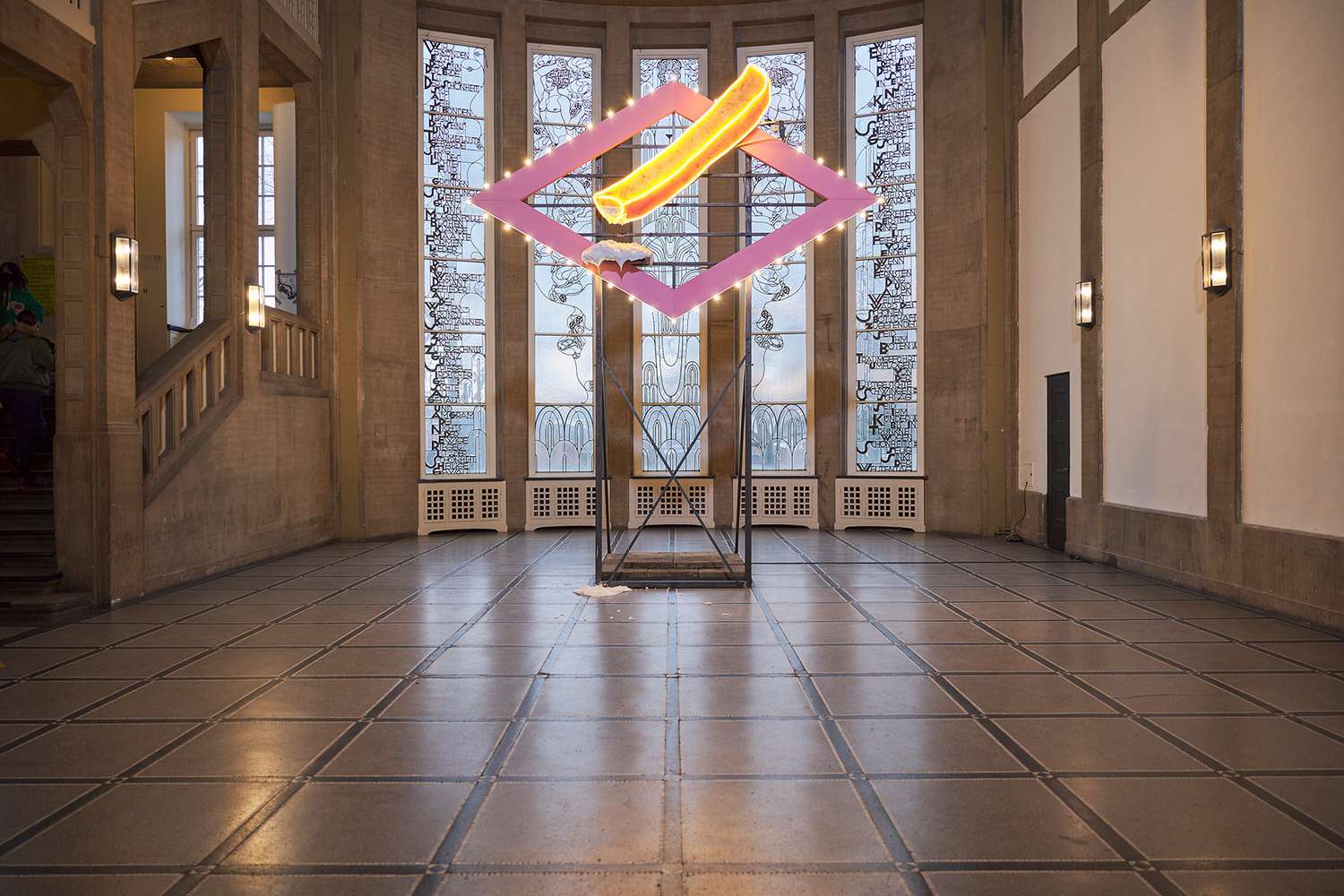
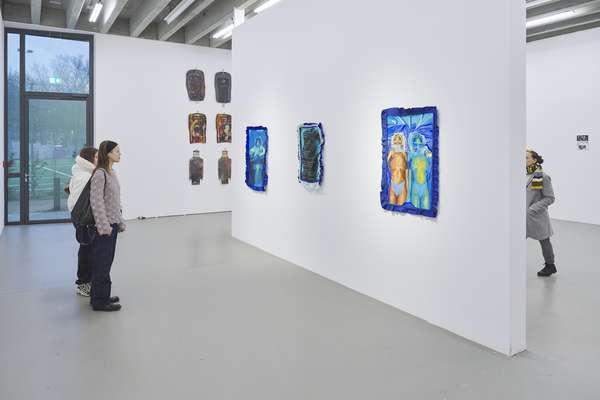
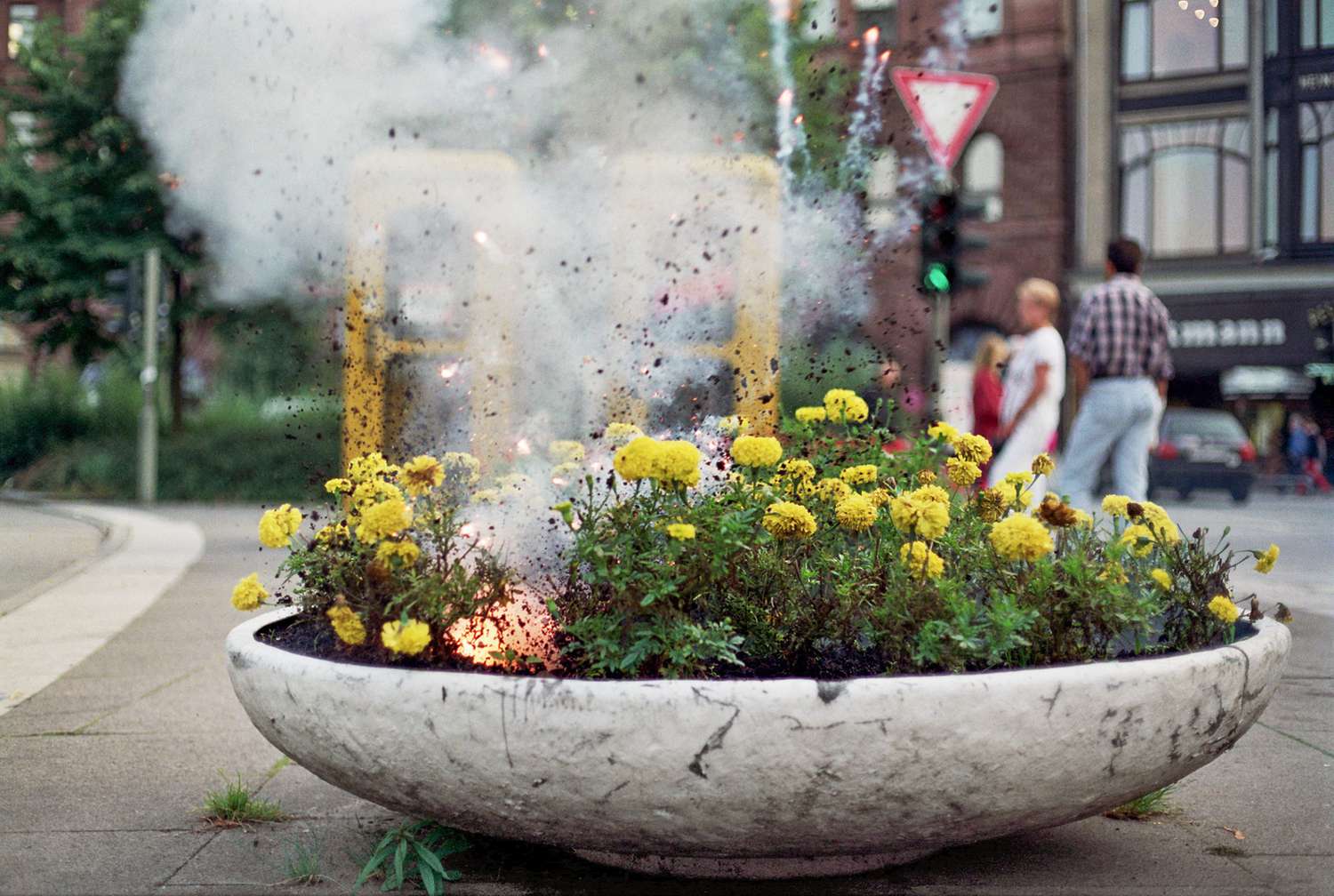
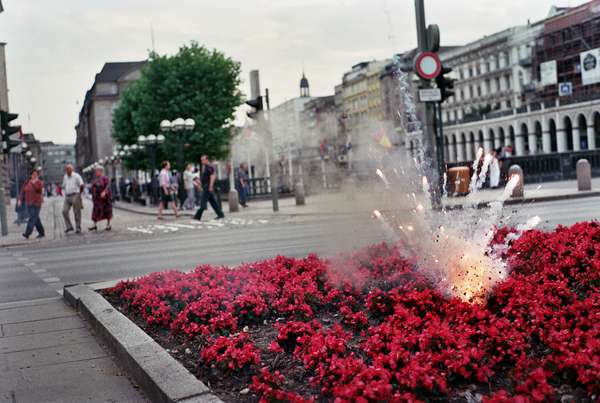
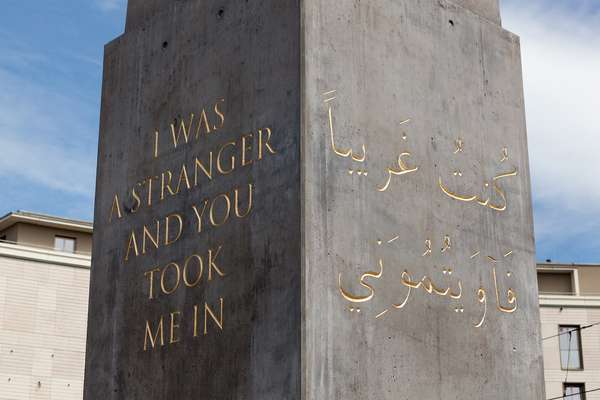
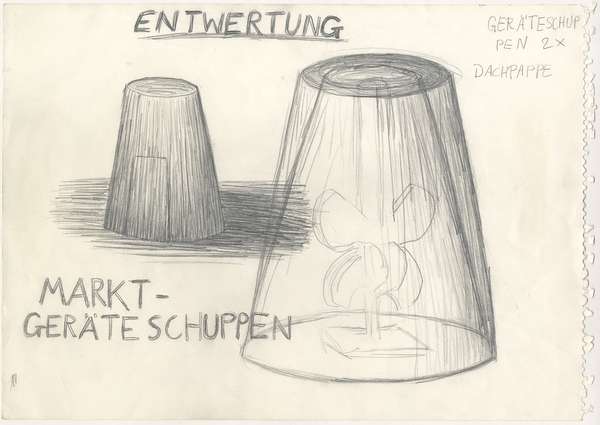
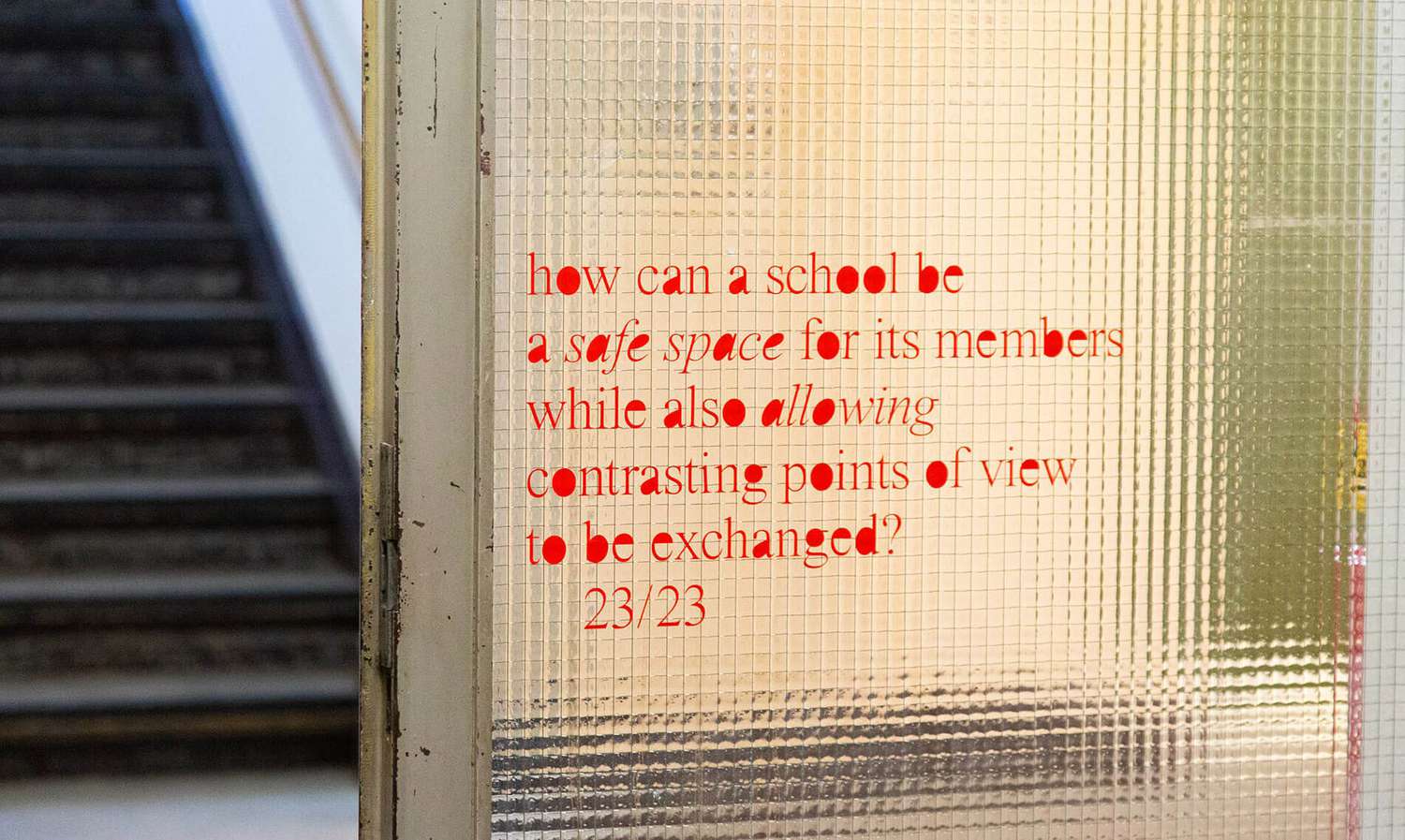
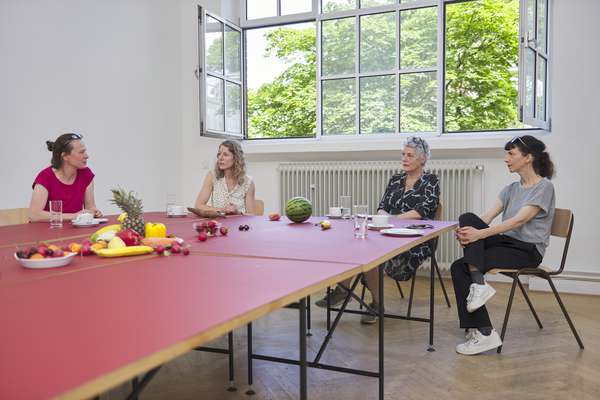
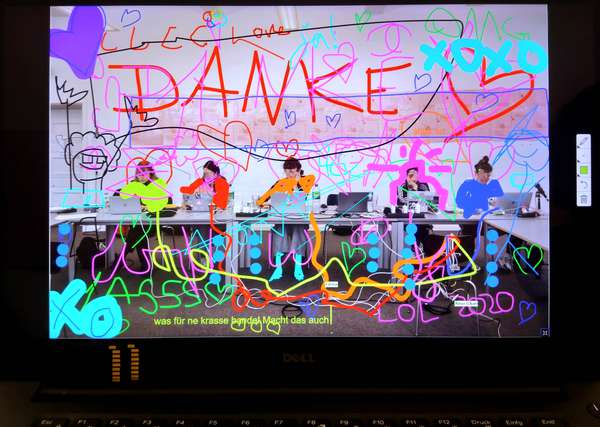
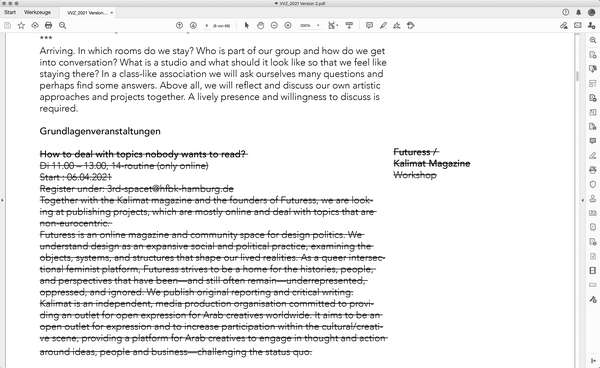
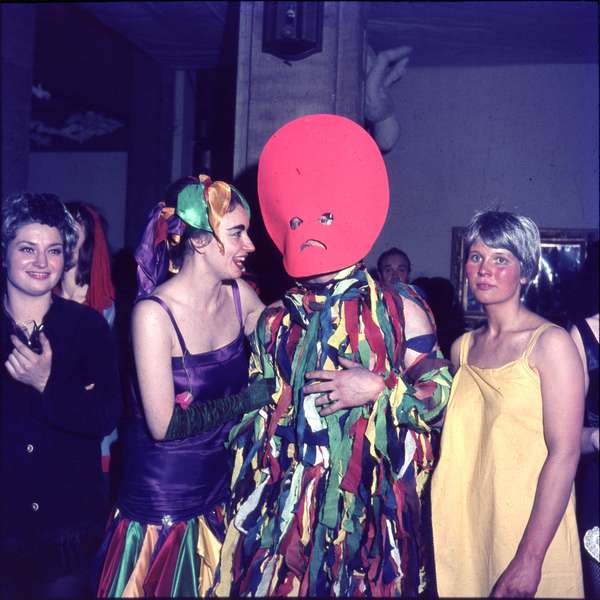
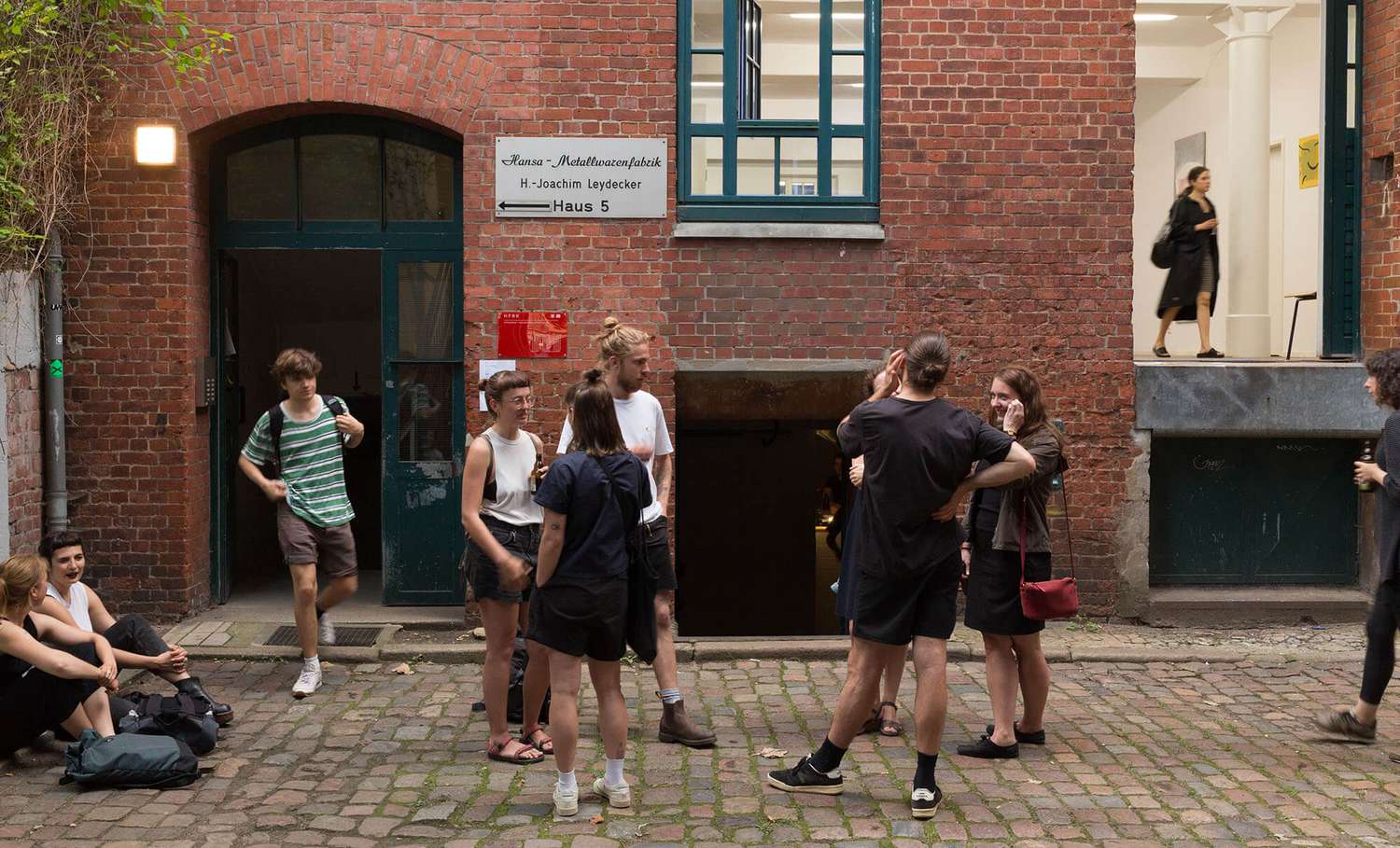
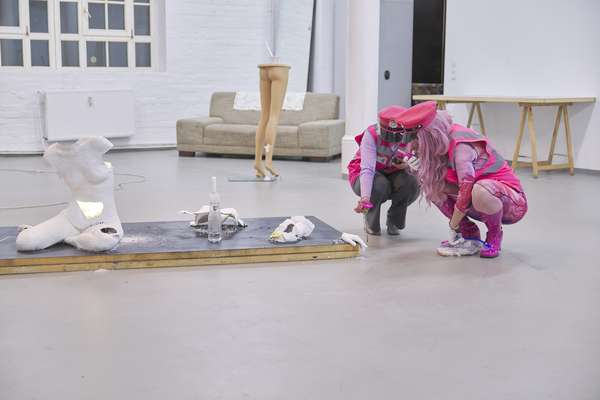
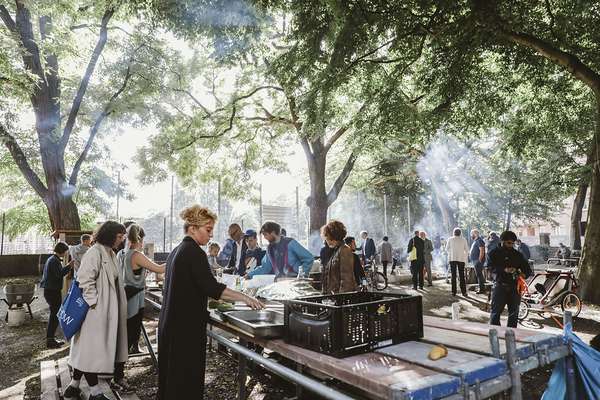
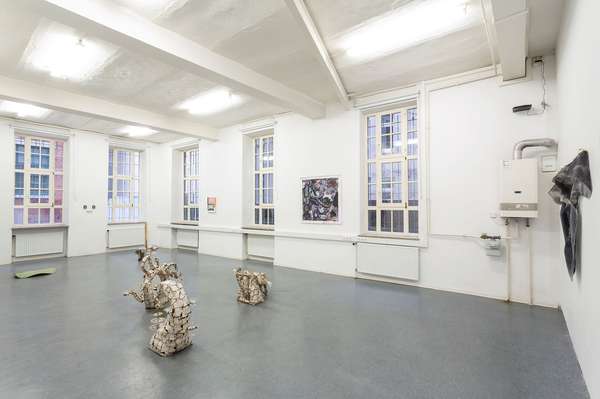
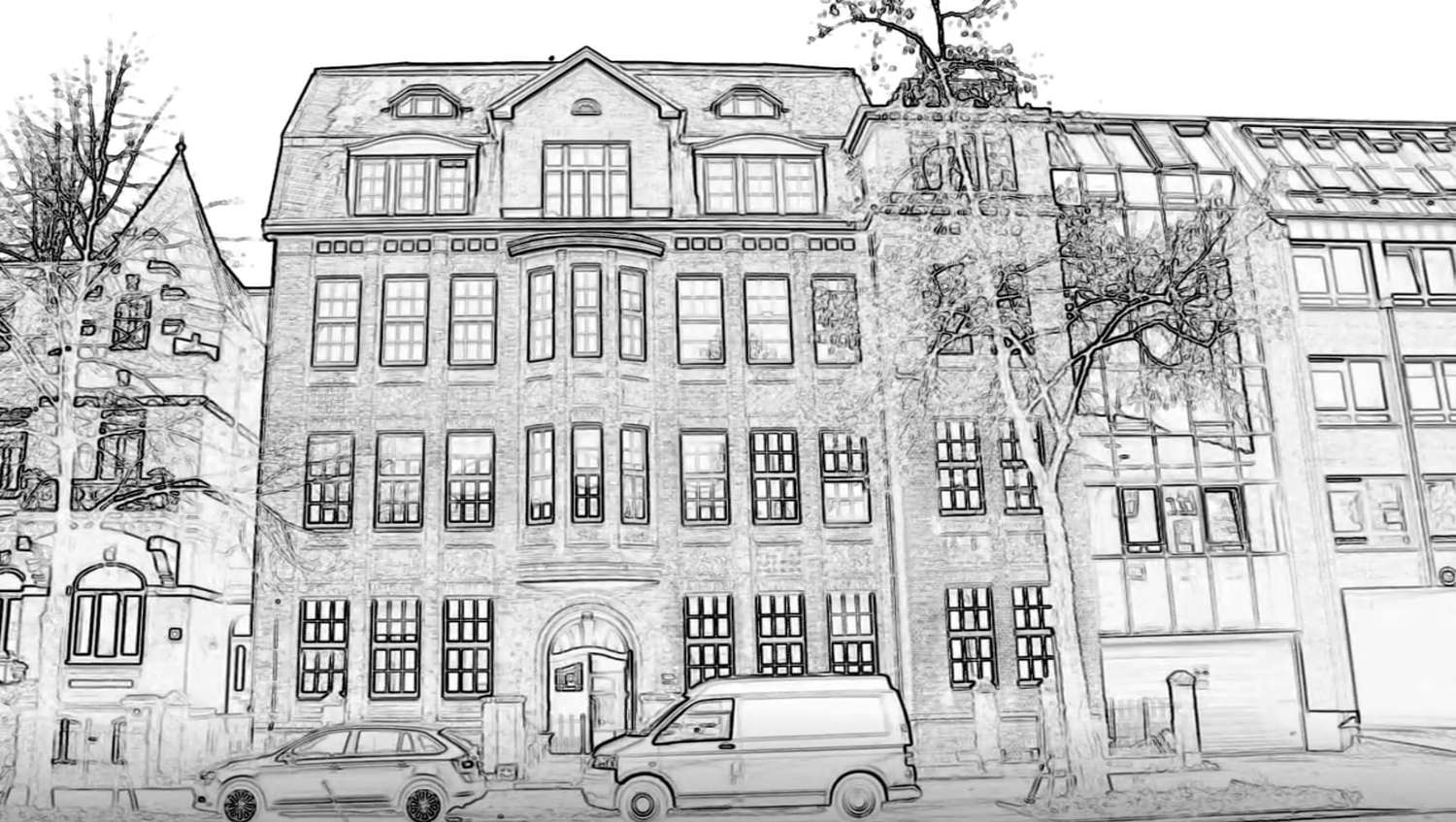
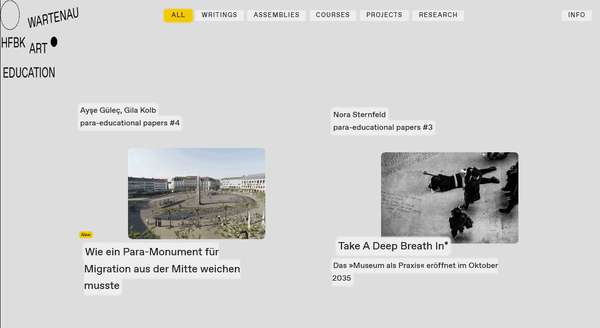
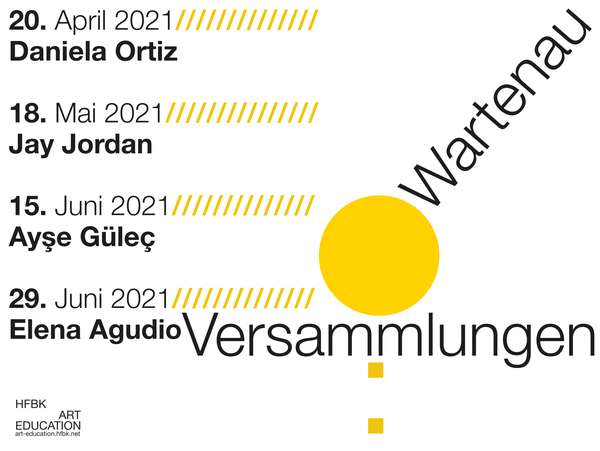
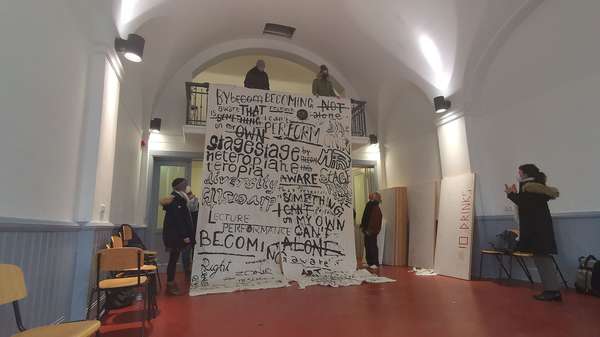
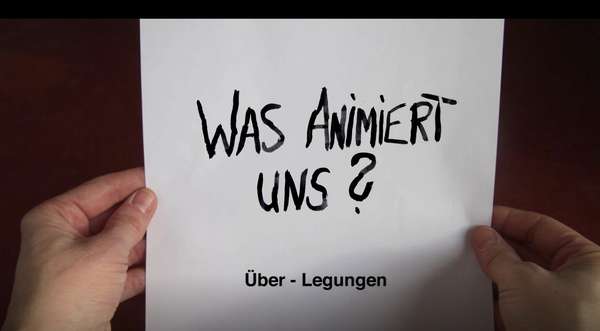
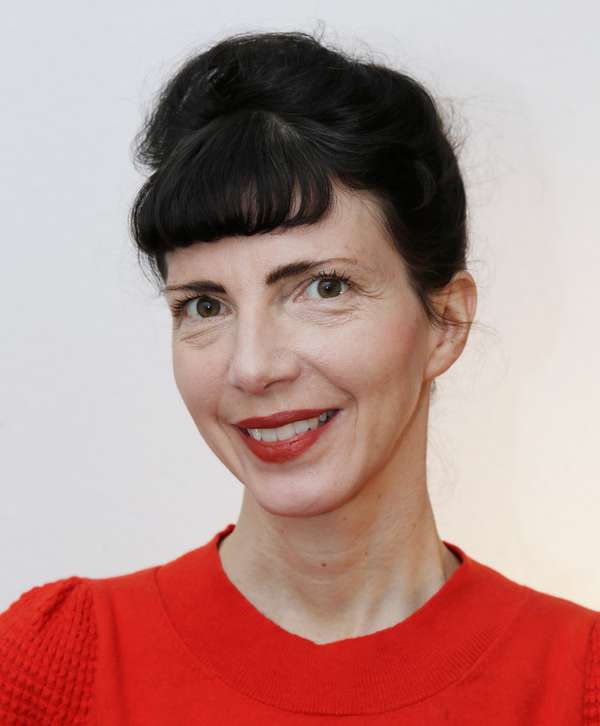
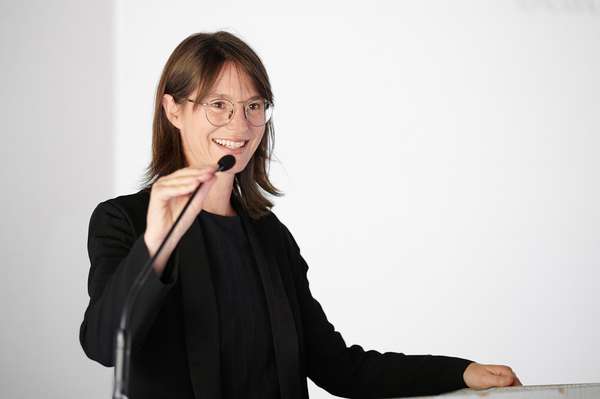
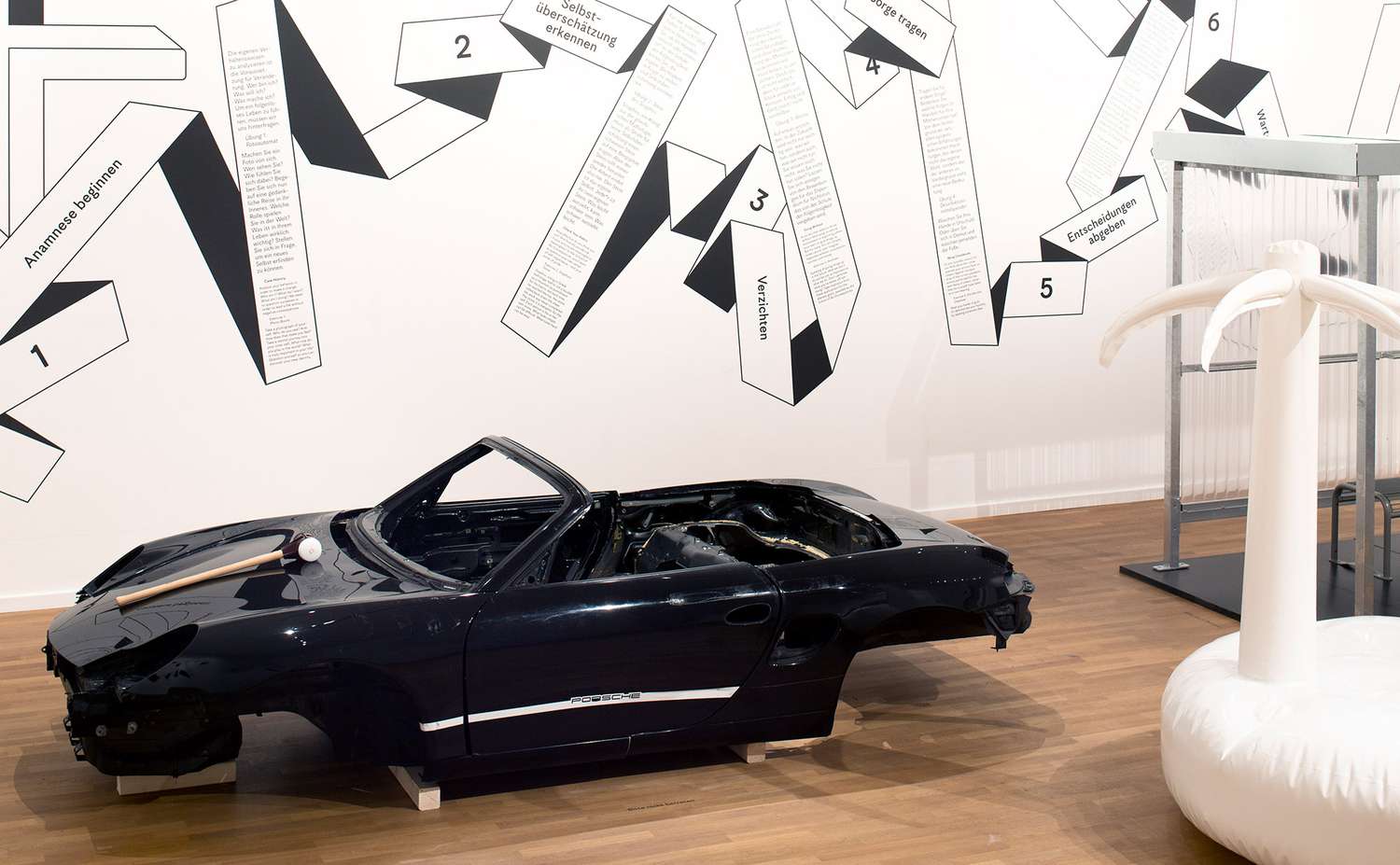
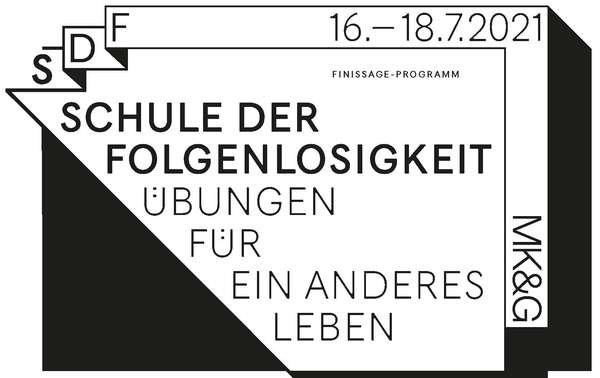
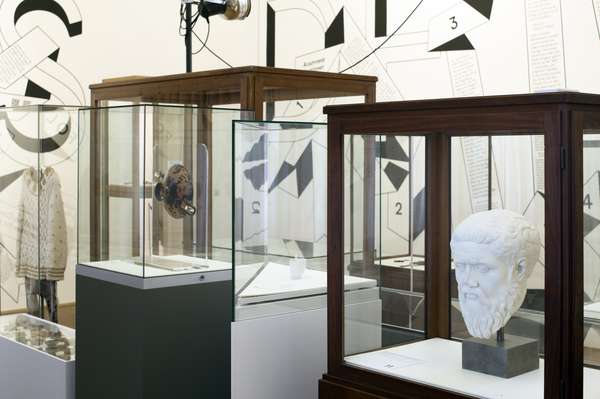
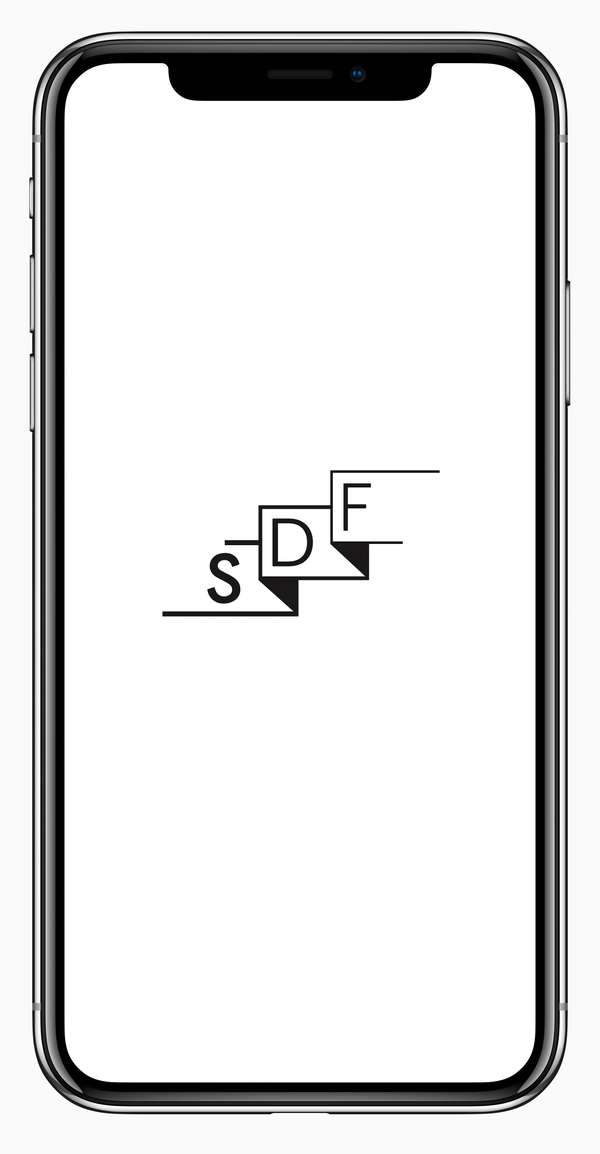
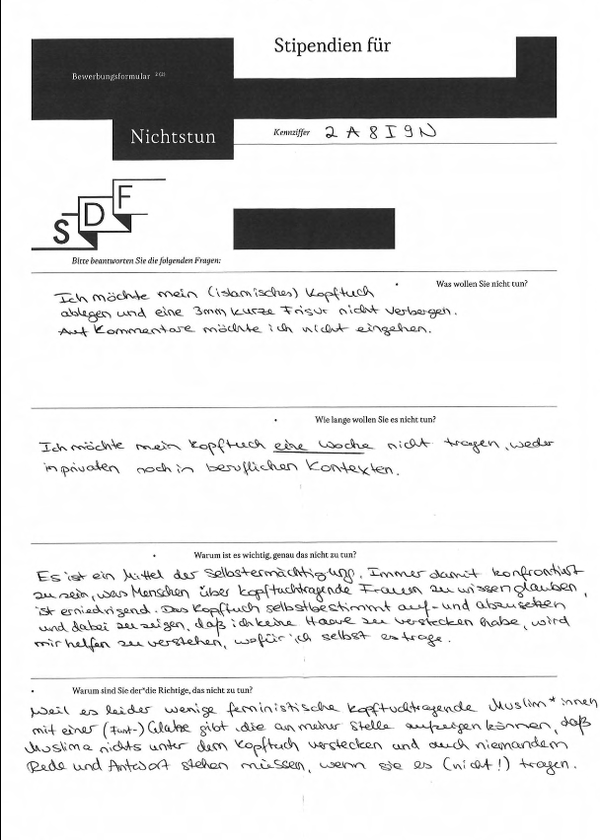
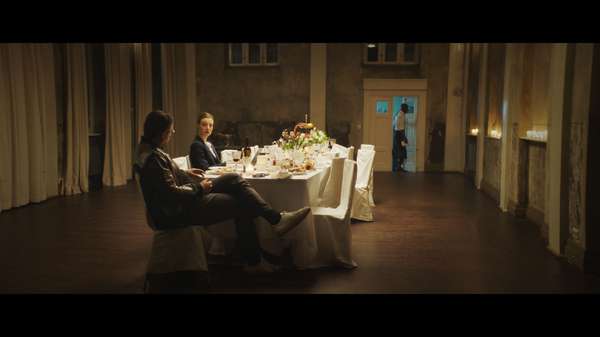
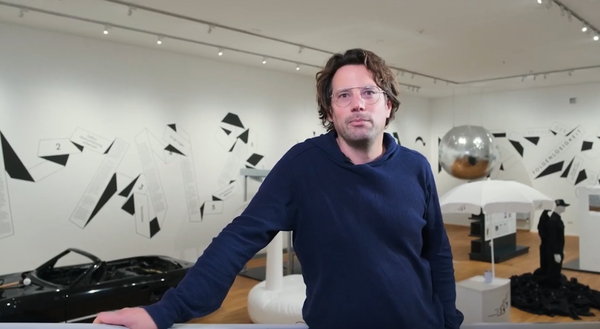
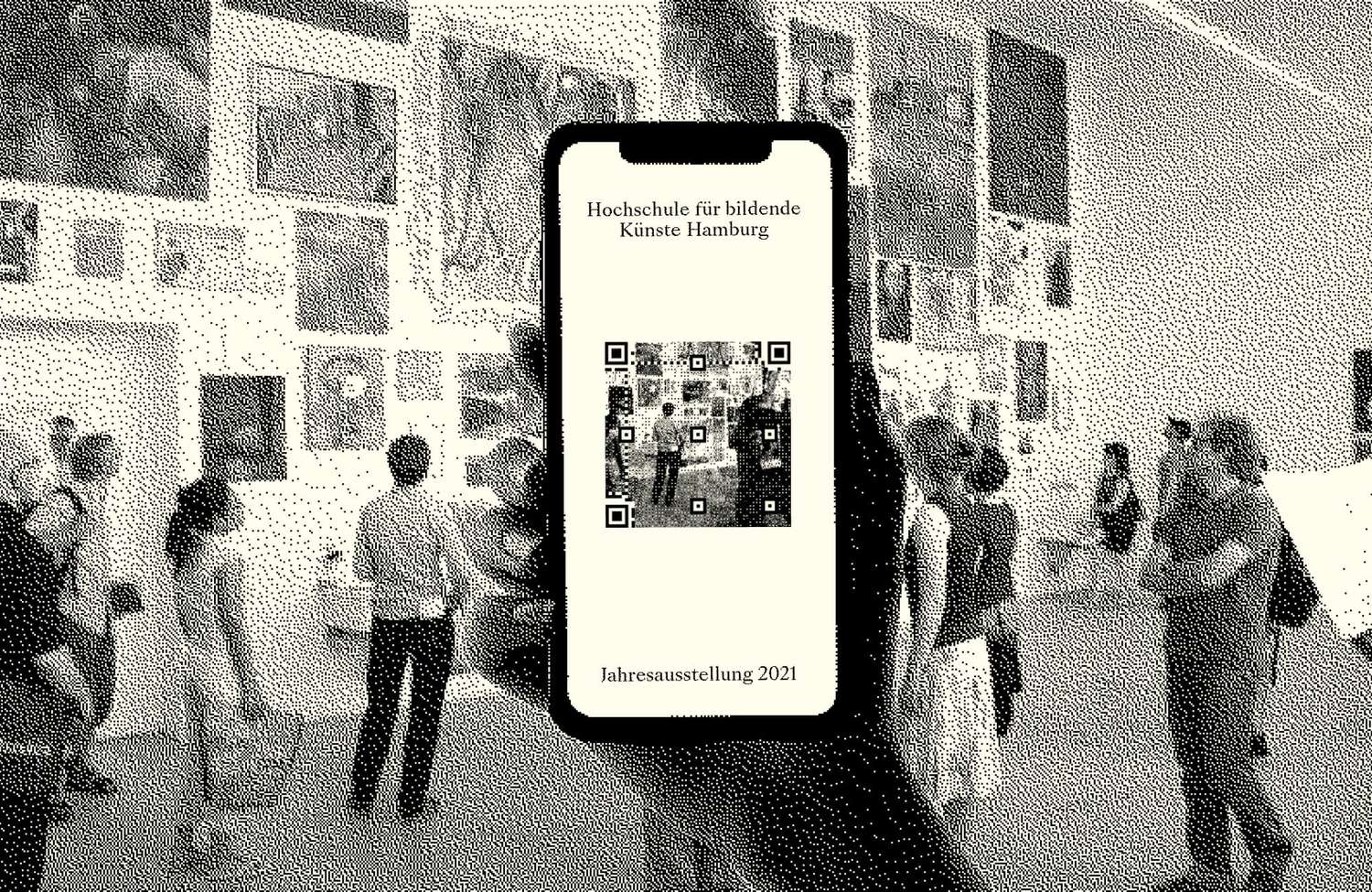
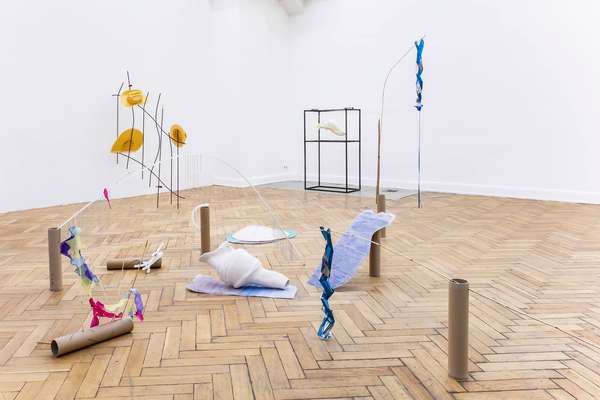
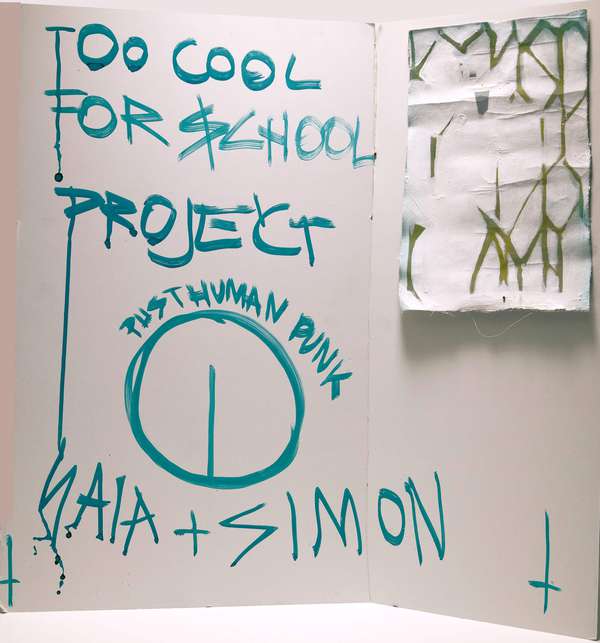
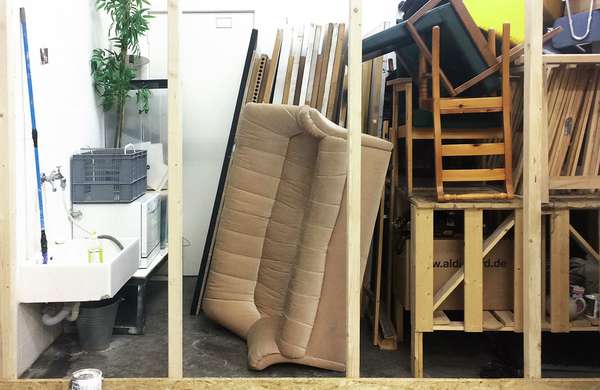

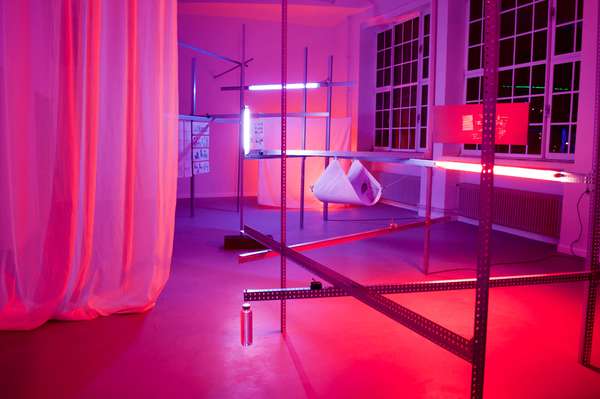
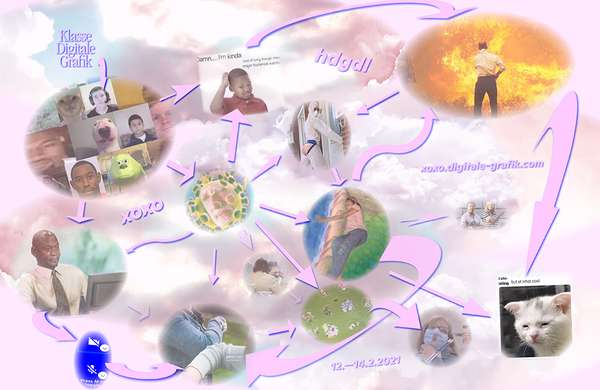
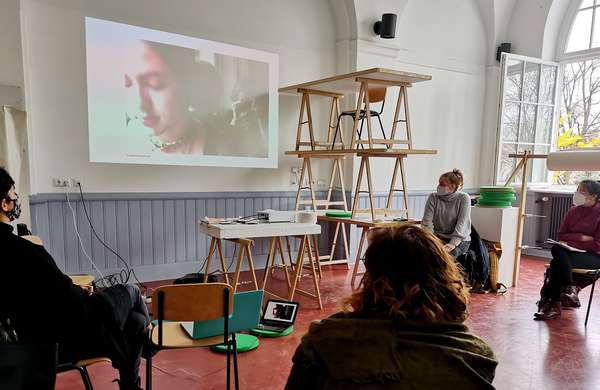
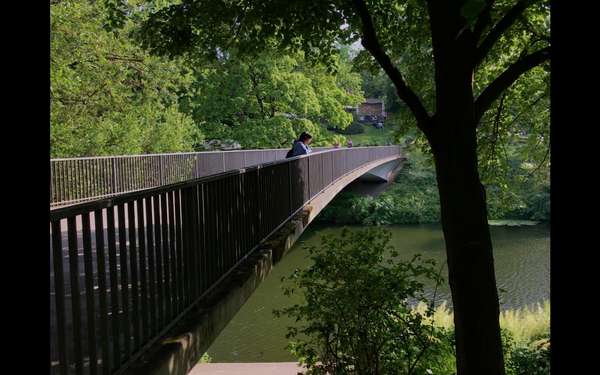
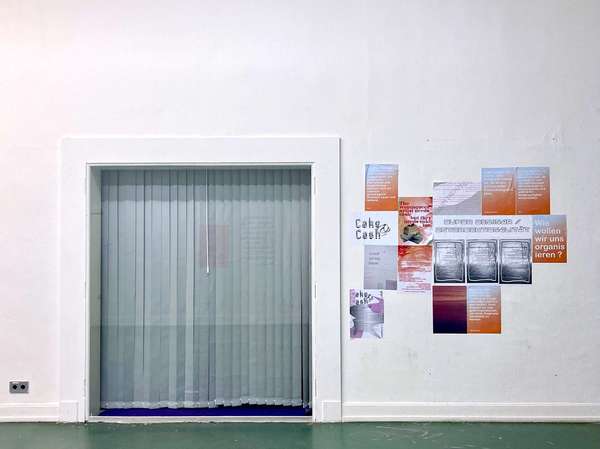
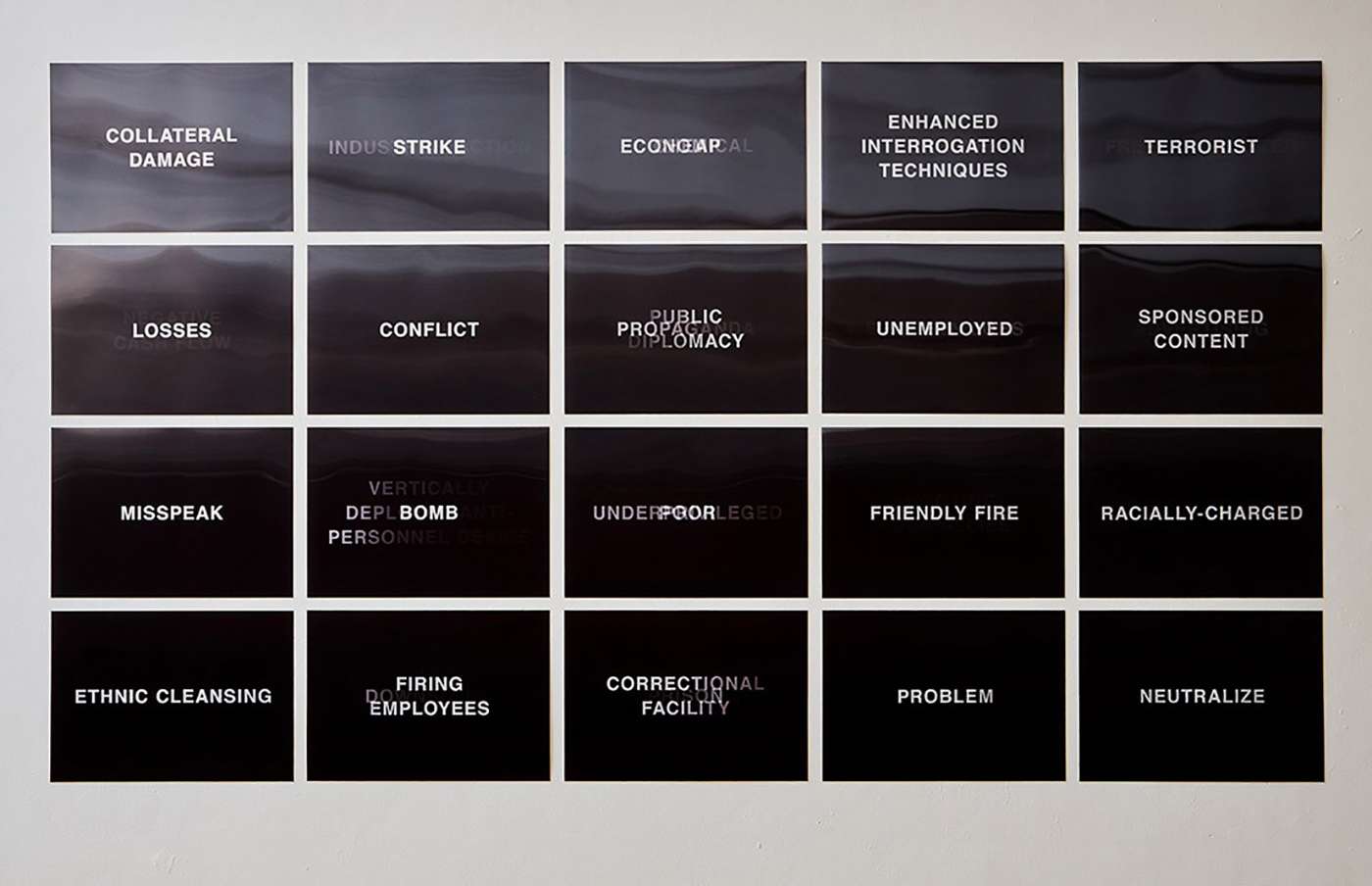
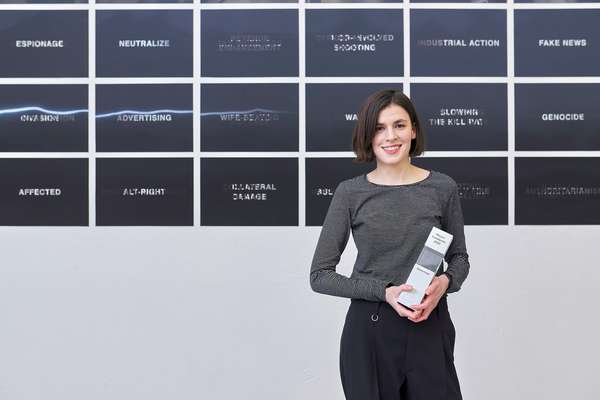
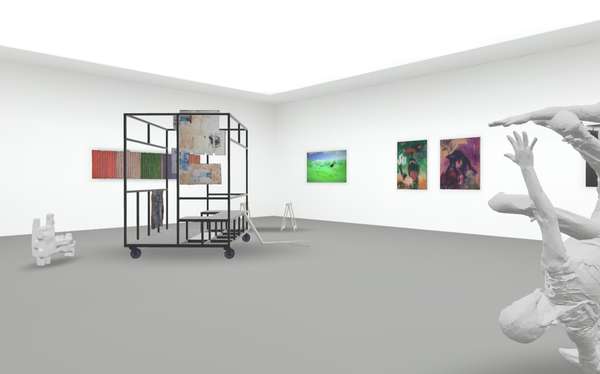
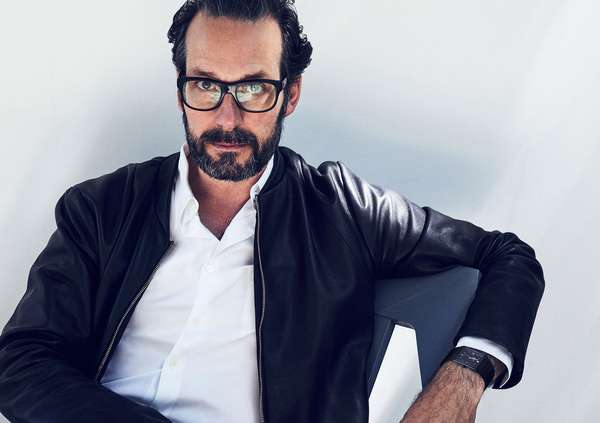
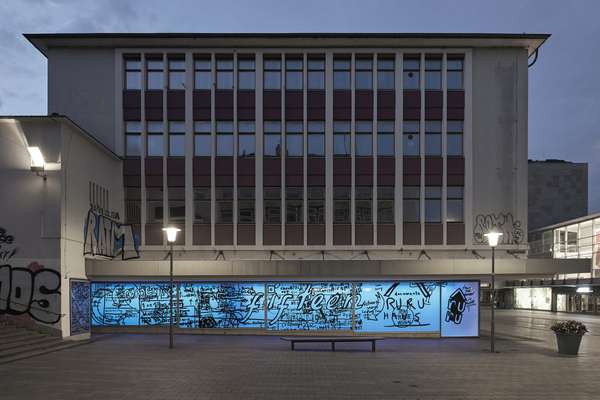
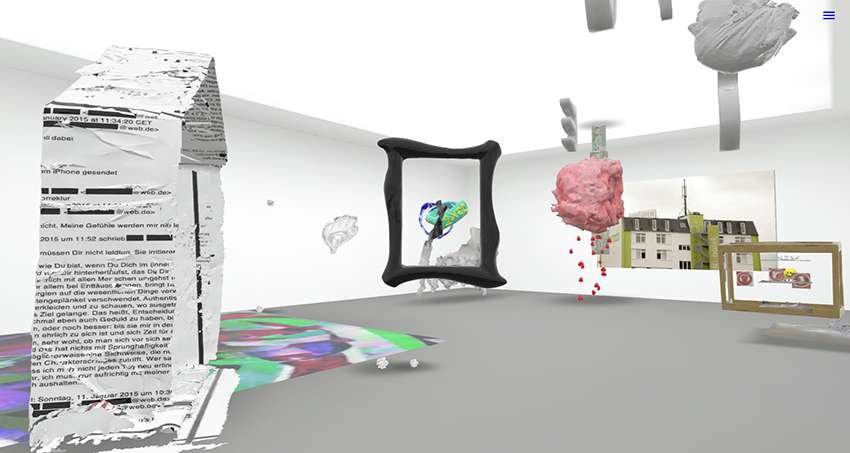
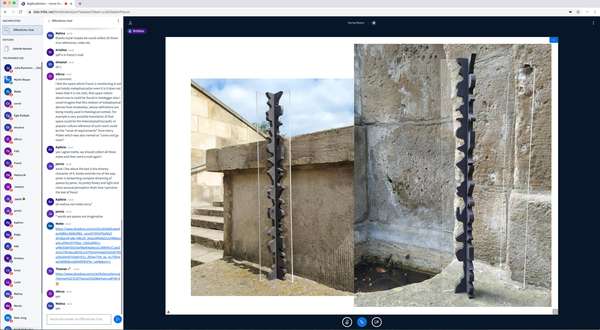
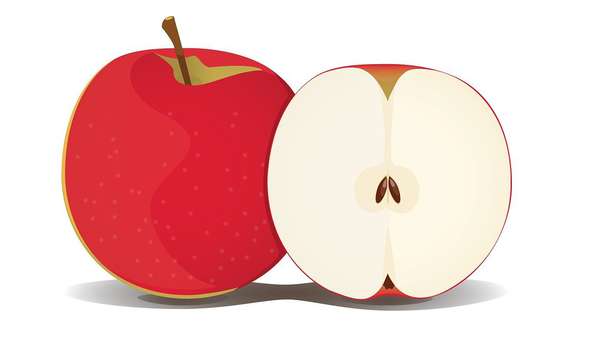
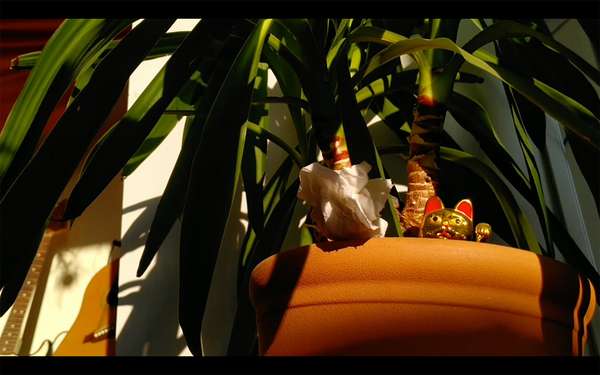
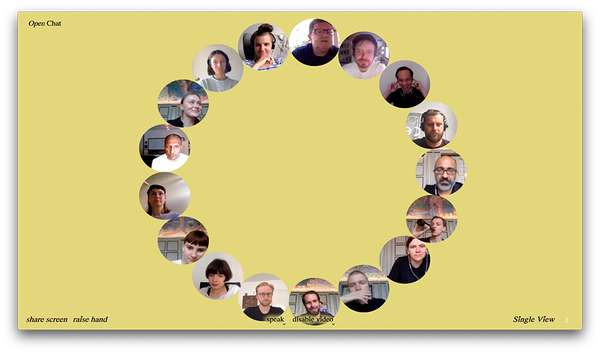
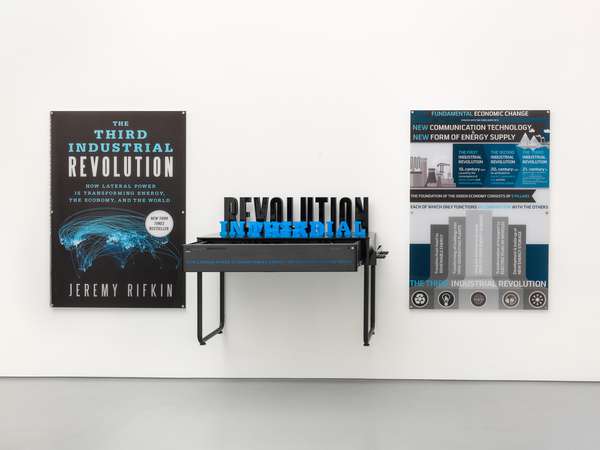
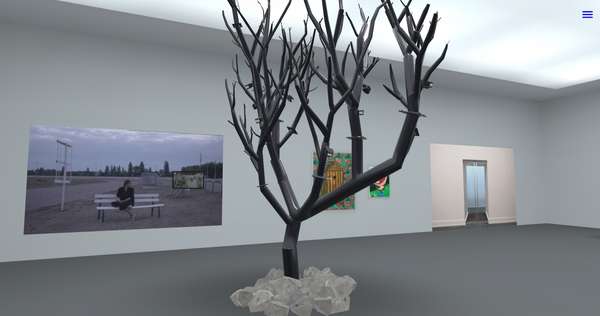
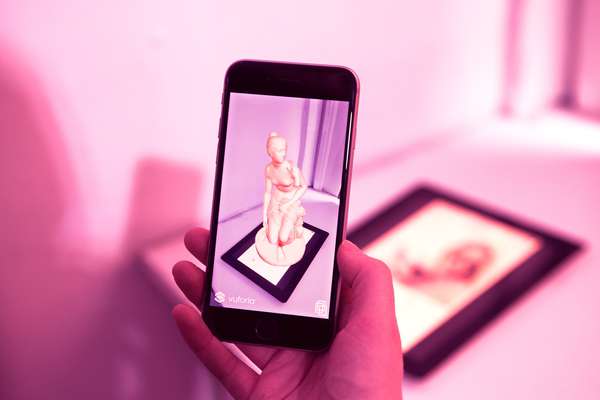
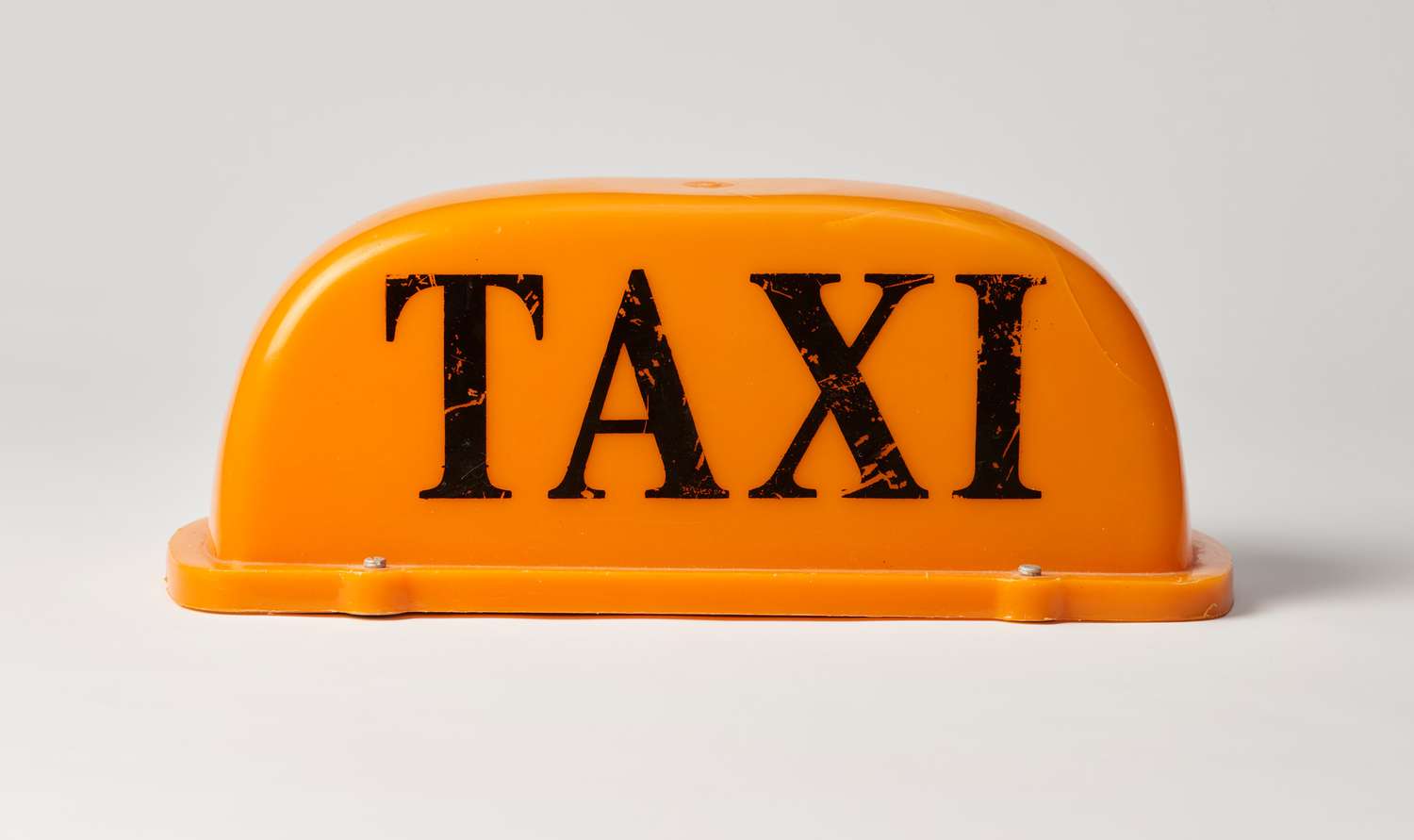
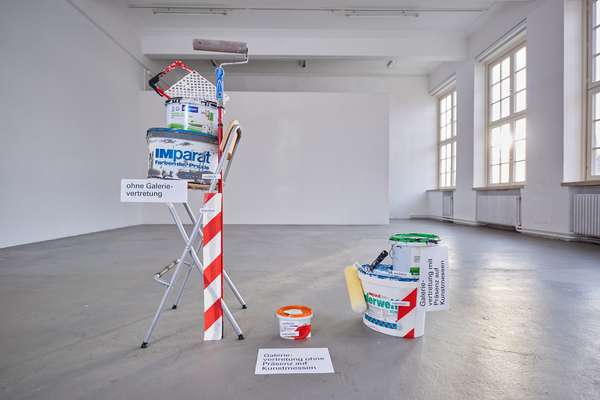
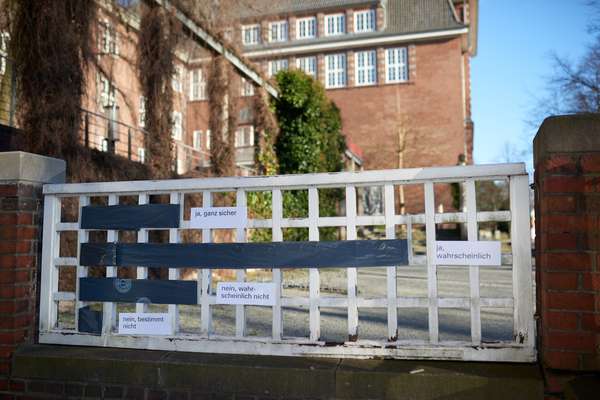
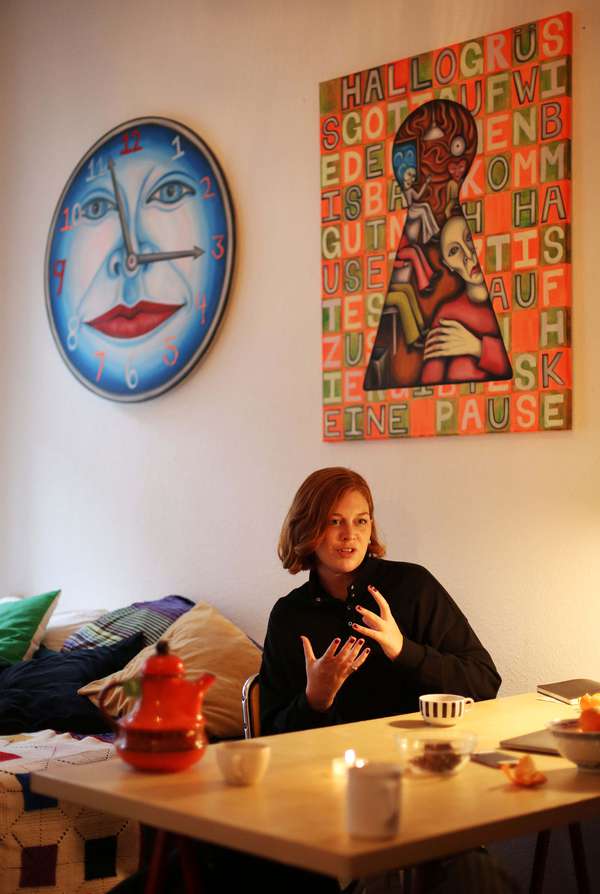
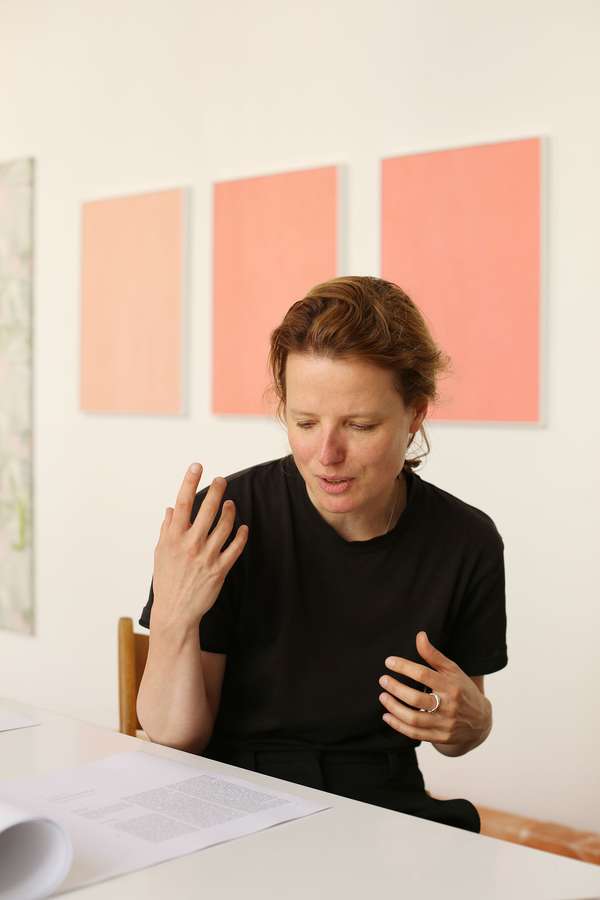
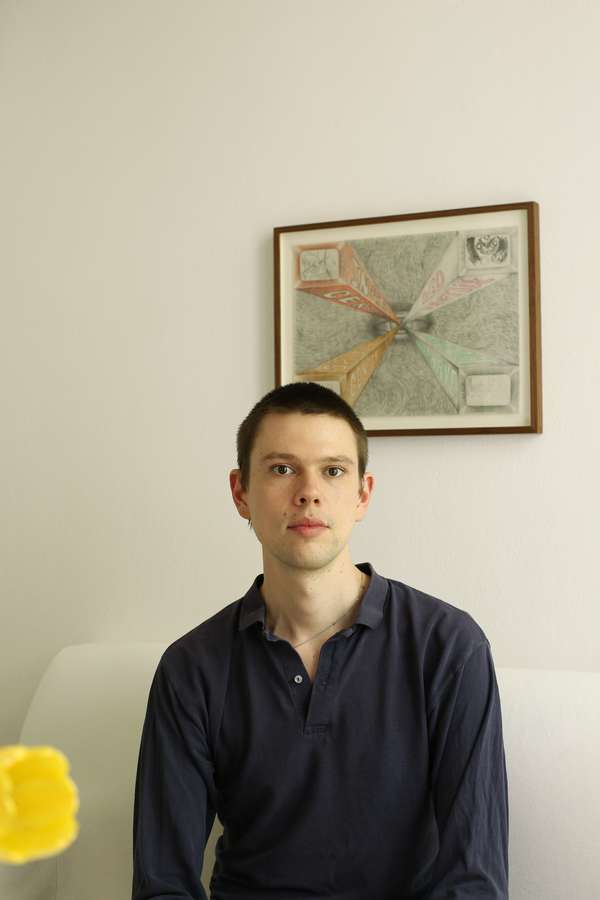
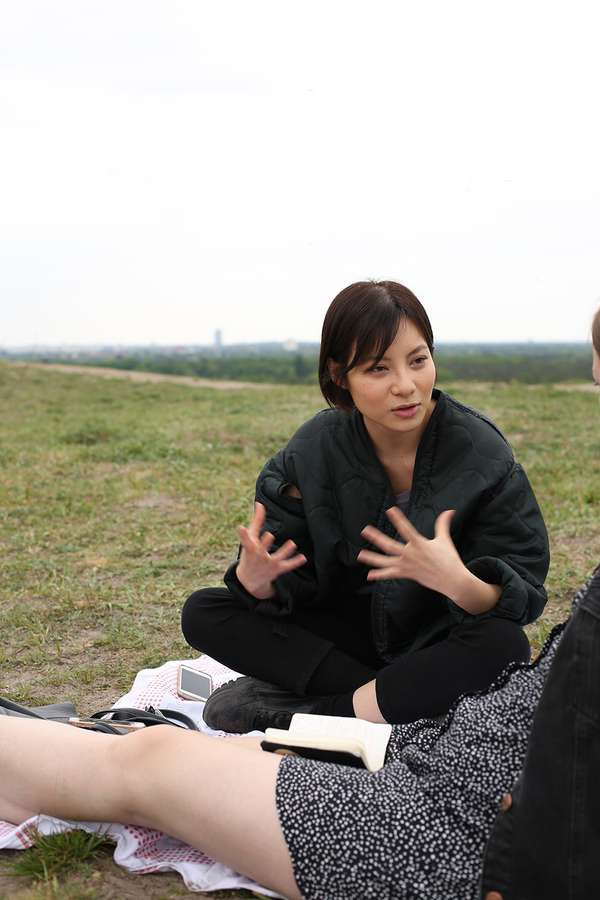
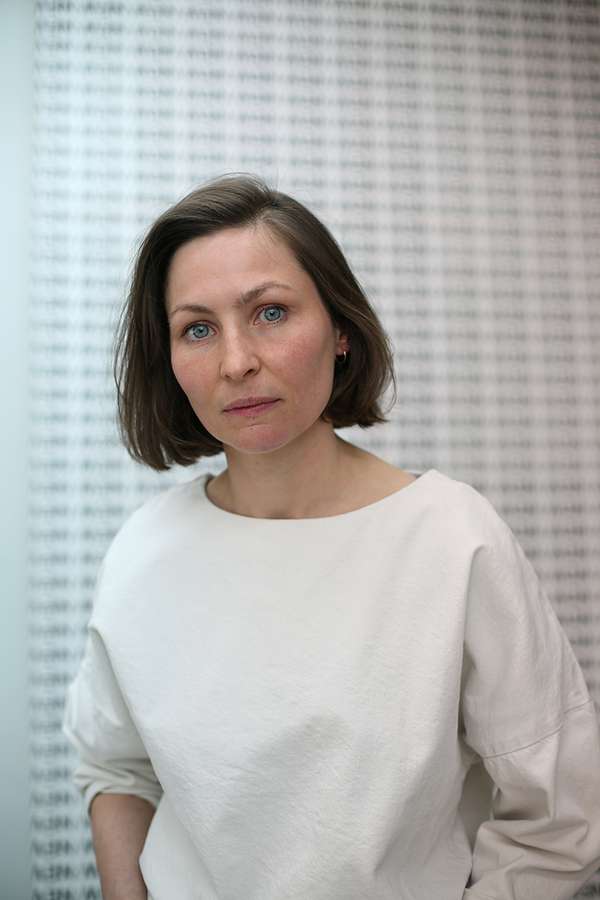
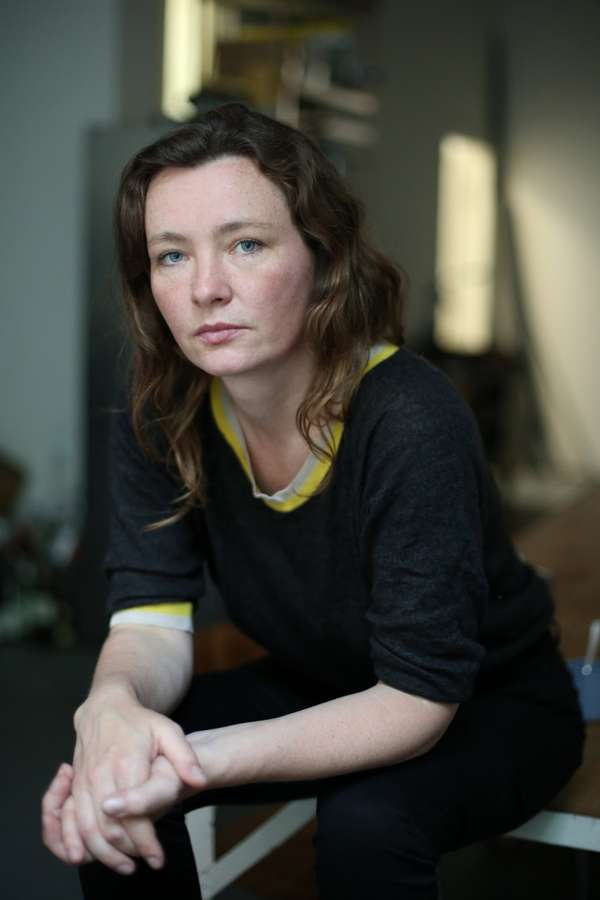
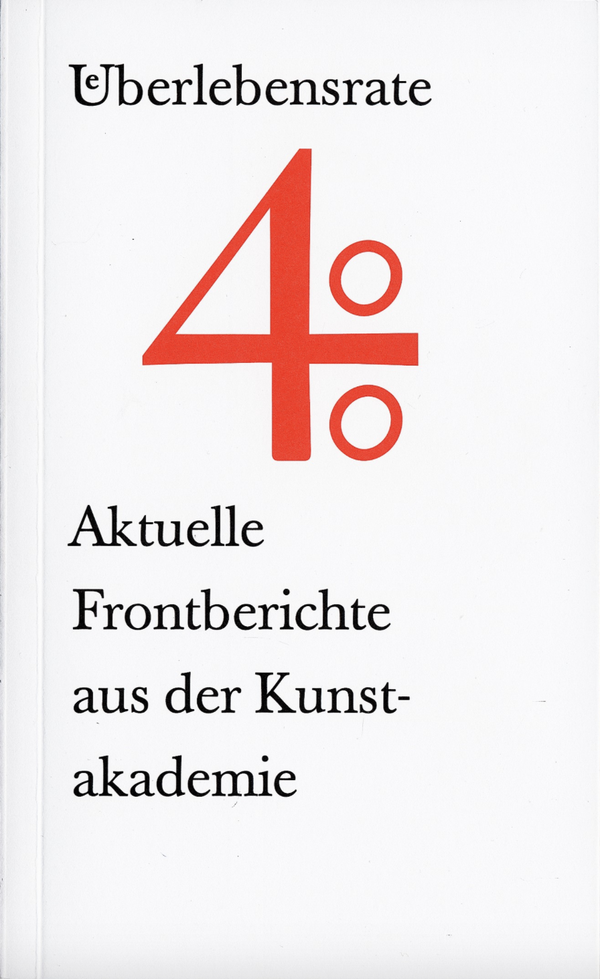
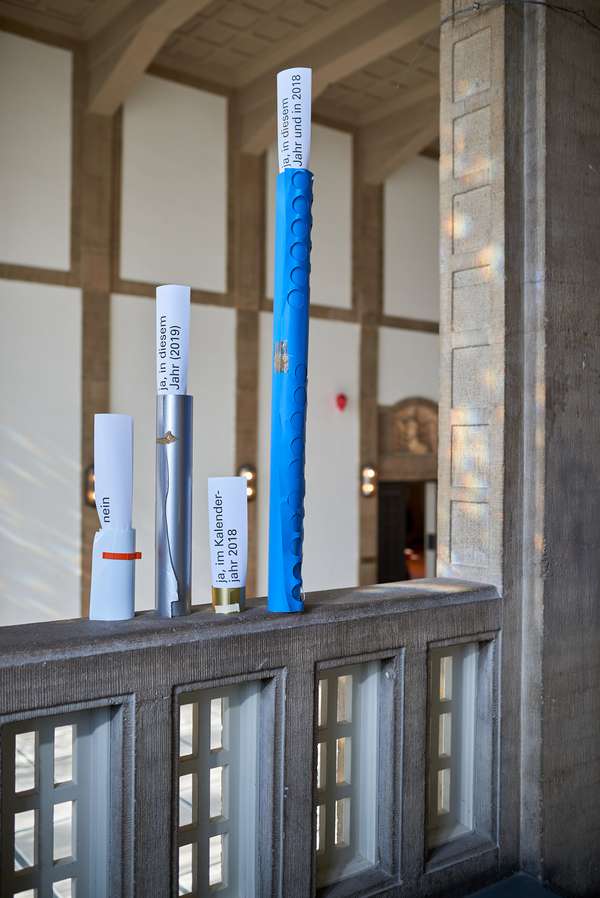
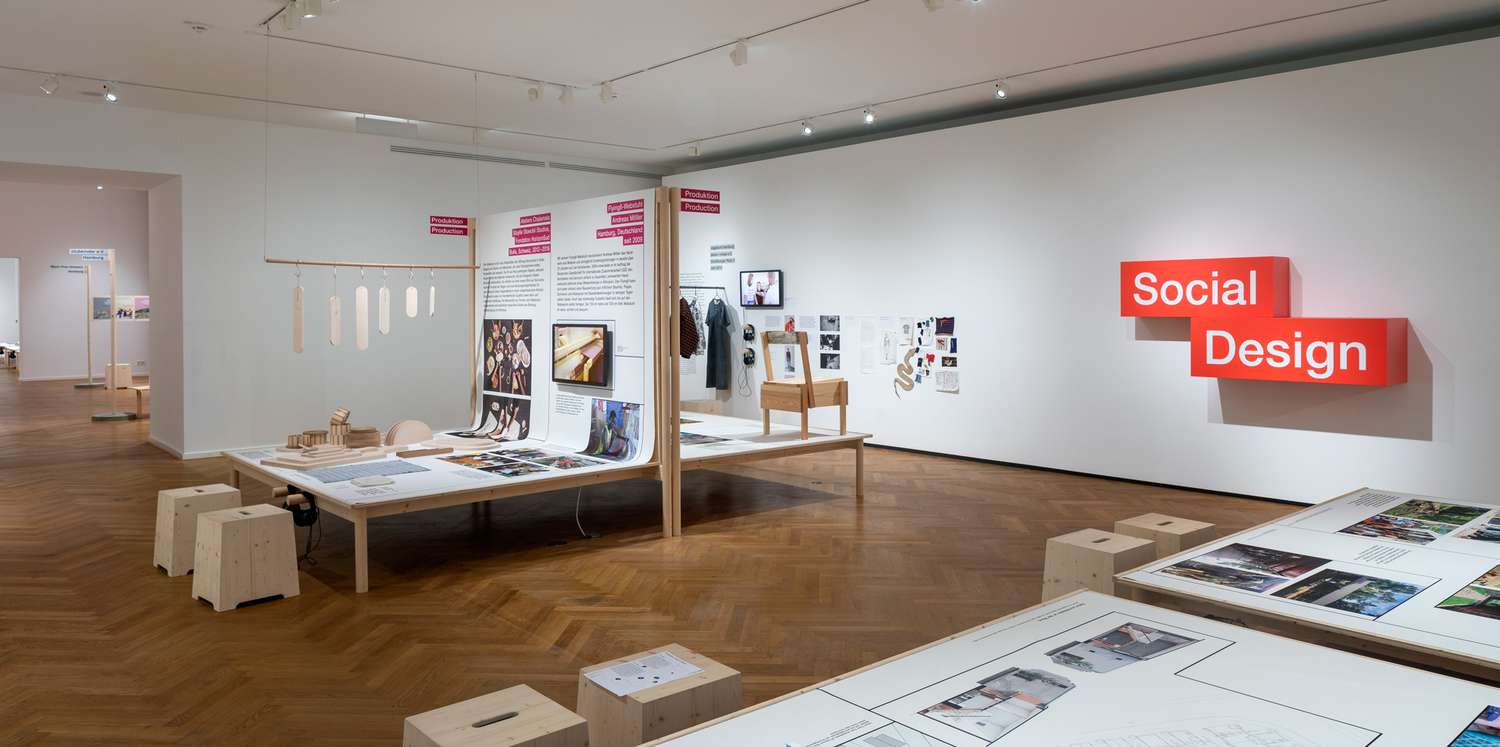
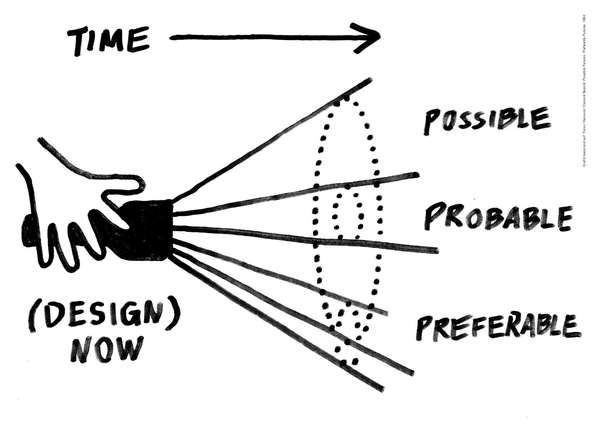
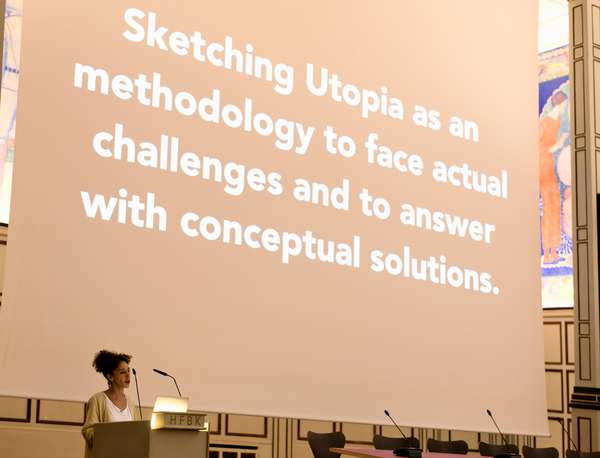
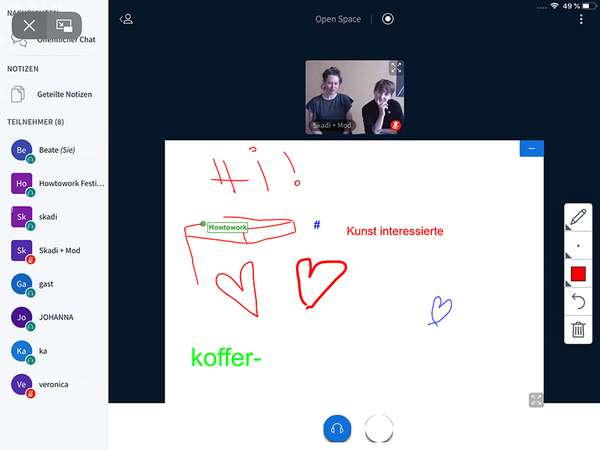
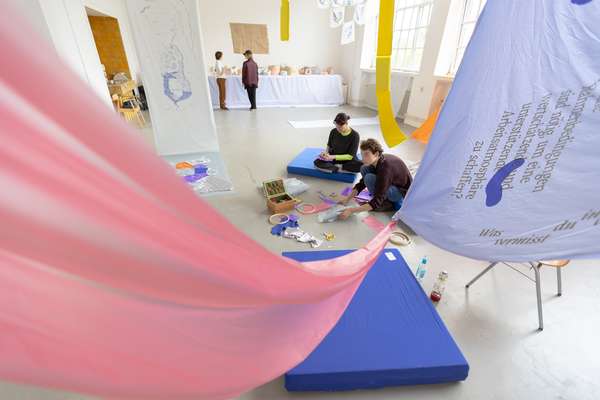
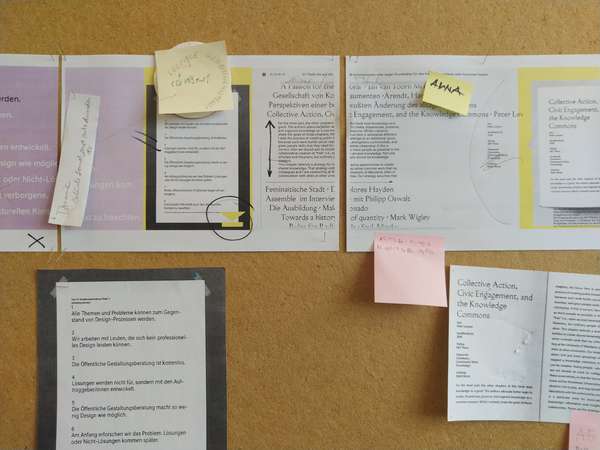
 Graduate Show 2025: Don't stop me now
Graduate Show 2025: Don't stop me now
 Long days, lots to do
Long days, lots to do
 Cine*Ami*es
Cine*Ami*es
 Redesign Democracy – competition for the ballot box of the democratic future
Redesign Democracy – competition for the ballot box of the democratic future
 Art in public space
Art in public space
 How to apply: study at HFBK Hamburg
How to apply: study at HFBK Hamburg
 Annual Exhibition 2025 at the HFBK Hamburg
Annual Exhibition 2025 at the HFBK Hamburg
 The Elephant in The Room – Sculpture today
The Elephant in The Room – Sculpture today
 Hiscox Art Prize 2024
Hiscox Art Prize 2024
 The New Woman
The New Woman
 Doing a PhD at the HFBK Hamburg
Doing a PhD at the HFBK Hamburg
 Graduate Show 2024 - Letting Go
Graduate Show 2024 - Letting Go
 Finkenwerder Art Prize 2024
Finkenwerder Art Prize 2024
 Archives of the Body - The Body in Archiving
Archives of the Body - The Body in Archiving
 New partnership with the School of Arts at the University of Haifa
New partnership with the School of Arts at the University of Haifa
 Annual Exhibition 2024 at the HFBK Hamburg
Annual Exhibition 2024 at the HFBK Hamburg
 (Ex)Changes of / in Art
(Ex)Changes of / in Art
 Extended Libraries
Extended Libraries
 And Still I Rise
And Still I Rise
 Let's talk about language
Let's talk about language
 Graduate Show 2023: Unfinished Business
Graduate Show 2023: Unfinished Business
 Let`s work together
Let`s work together
 Annual Exhibition 2023 at HFBK Hamburg
Annual Exhibition 2023 at HFBK Hamburg
 Symposium: Controversy over documenta fifteen
Symposium: Controversy over documenta fifteen
 Festival and Symposium: Non-Knowledge, Laughter and the Moving Image
Festival and Symposium: Non-Knowledge, Laughter and the Moving Image
 Solo exhibition by Konstantin Grcic
Solo exhibition by Konstantin Grcic
 Art and war
Art and war
 Graduate Show 2022: We’ve Only Just Begun
Graduate Show 2022: We’ve Only Just Begun
 June is full of art and theory
June is full of art and theory
 Finkenwerder Art Prize 2022
Finkenwerder Art Prize 2022
 Nachhaltigkeit im Kontext von Kunst und Kunsthochschule
Nachhaltigkeit im Kontext von Kunst und Kunsthochschule
 Raum für die Kunst
Raum für die Kunst
 Annual Exhibition 2022 at the HFBK
Annual Exhibition 2022 at the HFBK
 Conference: Counter-Monuments and Para-Monuments.
Conference: Counter-Monuments and Para-Monuments.
 Diversity
Diversity
 Live und in Farbe: die ASA Open Studios im Juni 2021
Live und in Farbe: die ASA Open Studios im Juni 2021
 Unlearning: Wartenau Assemblies
Unlearning: Wartenau Assemblies
 School of No Consequences
School of No Consequences
 Annual Exhibition 2021 at the HFBK
Annual Exhibition 2021 at the HFBK
 Semestereröffnung und Hiscox-Preisverleihung 2020
Semestereröffnung und Hiscox-Preisverleihung 2020
 Teaching Art Online at the HFBK
Teaching Art Online at the HFBK
 HFBK Graduate Survey
HFBK Graduate Survey
 How political is Social Design?
How political is Social Design?